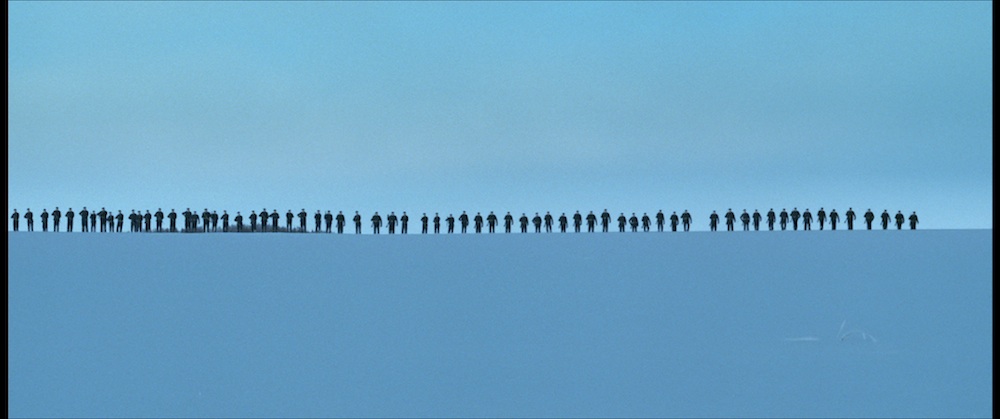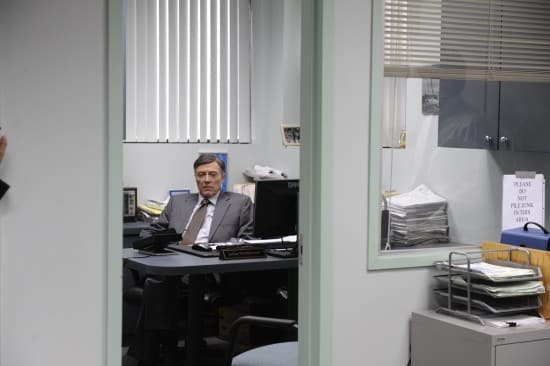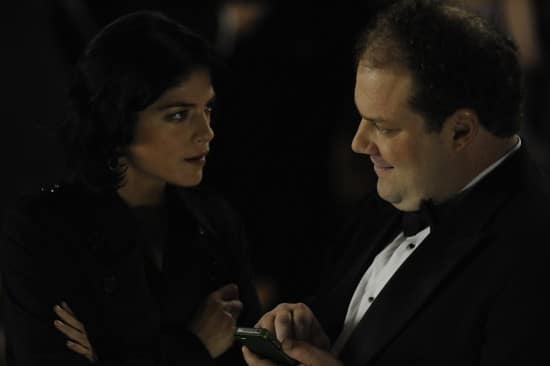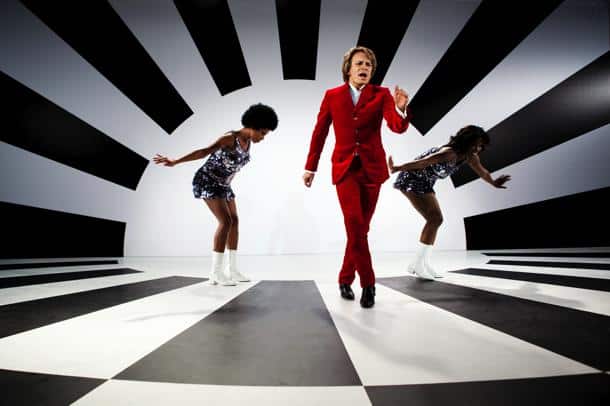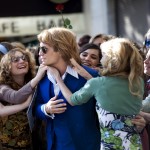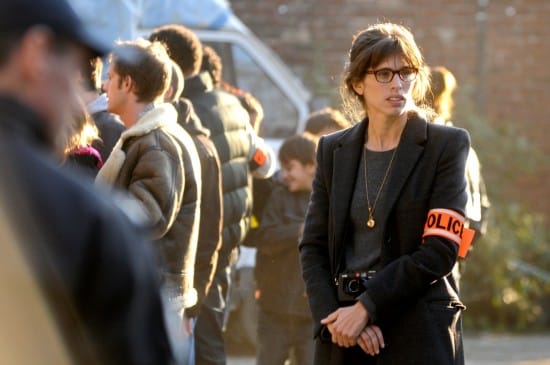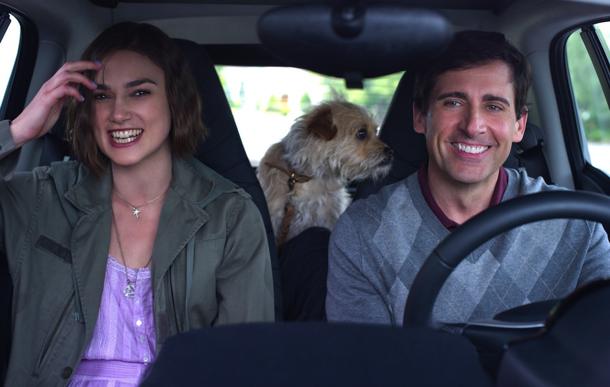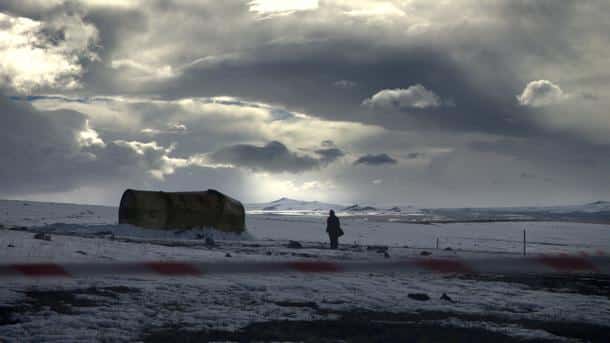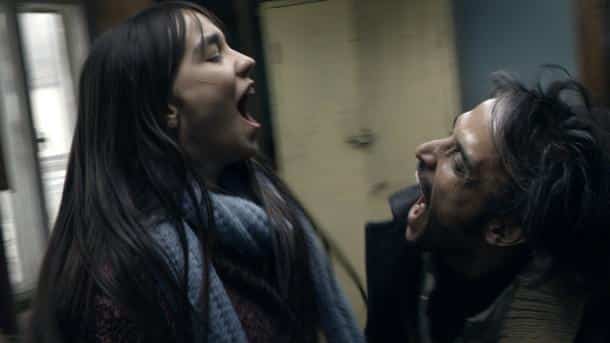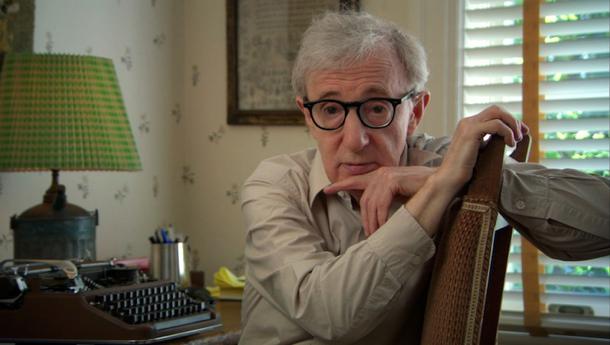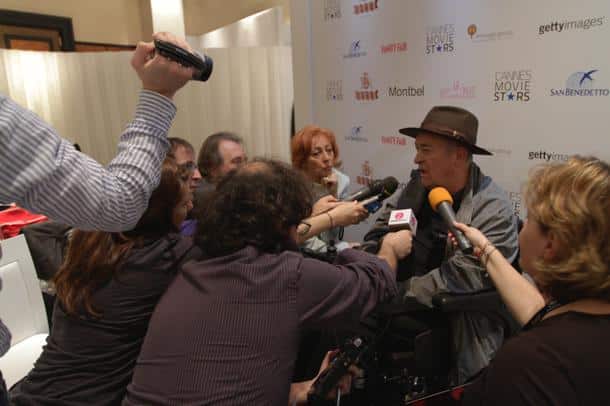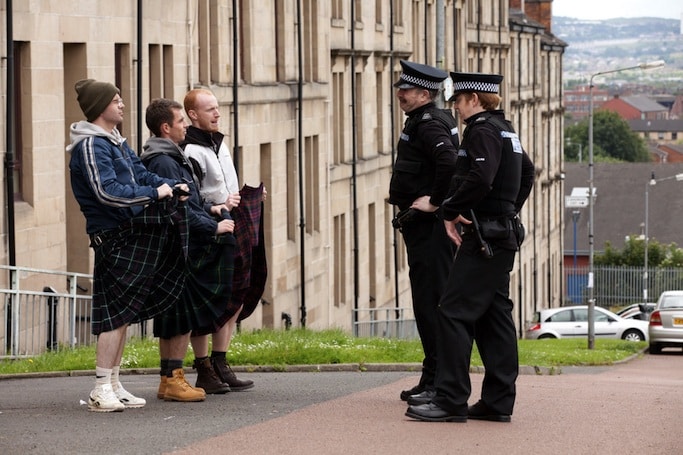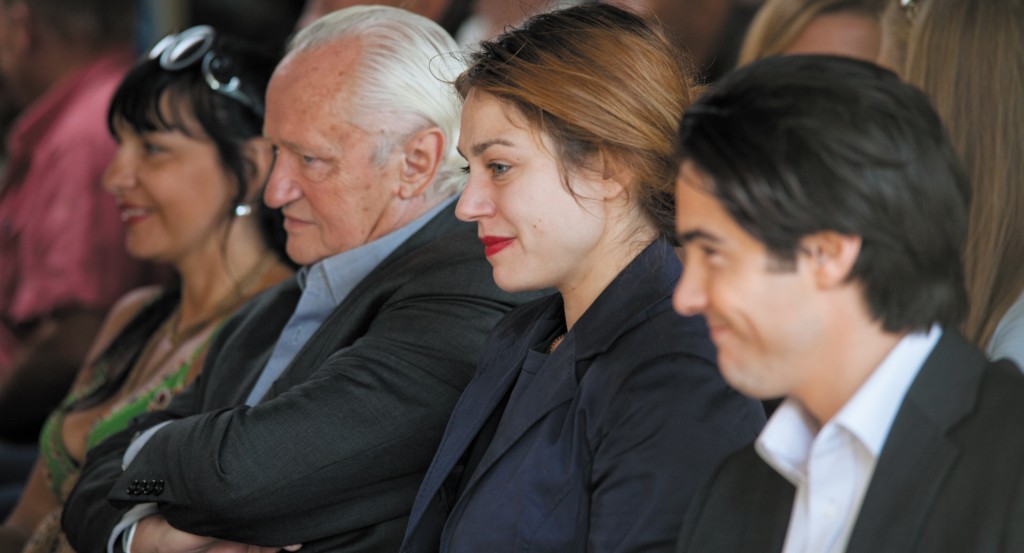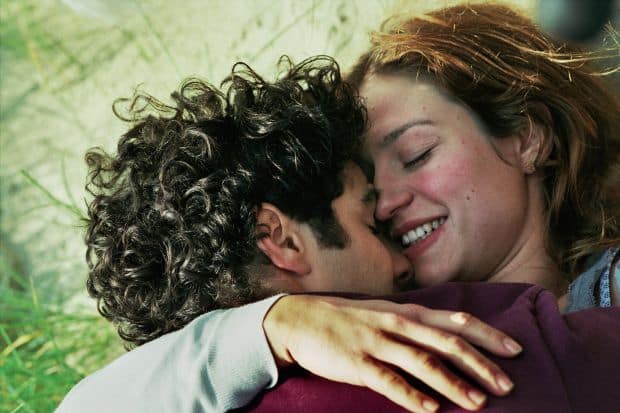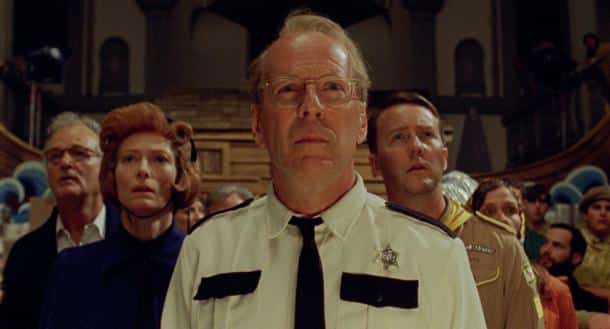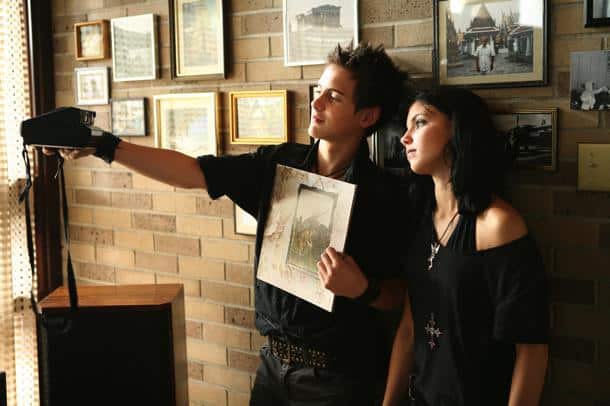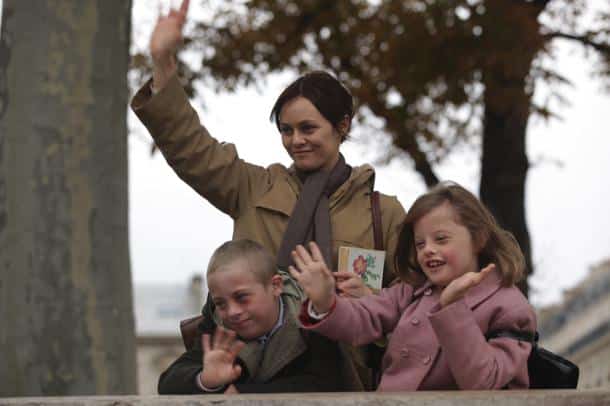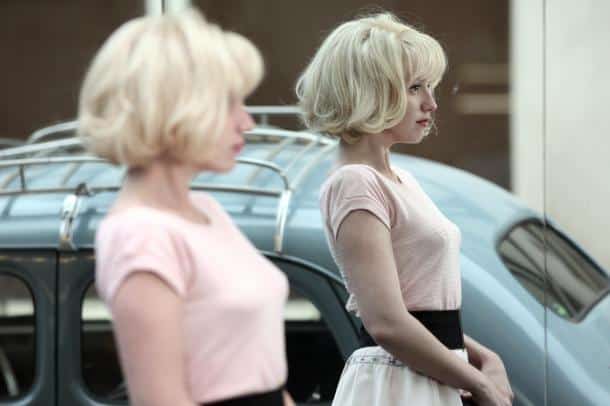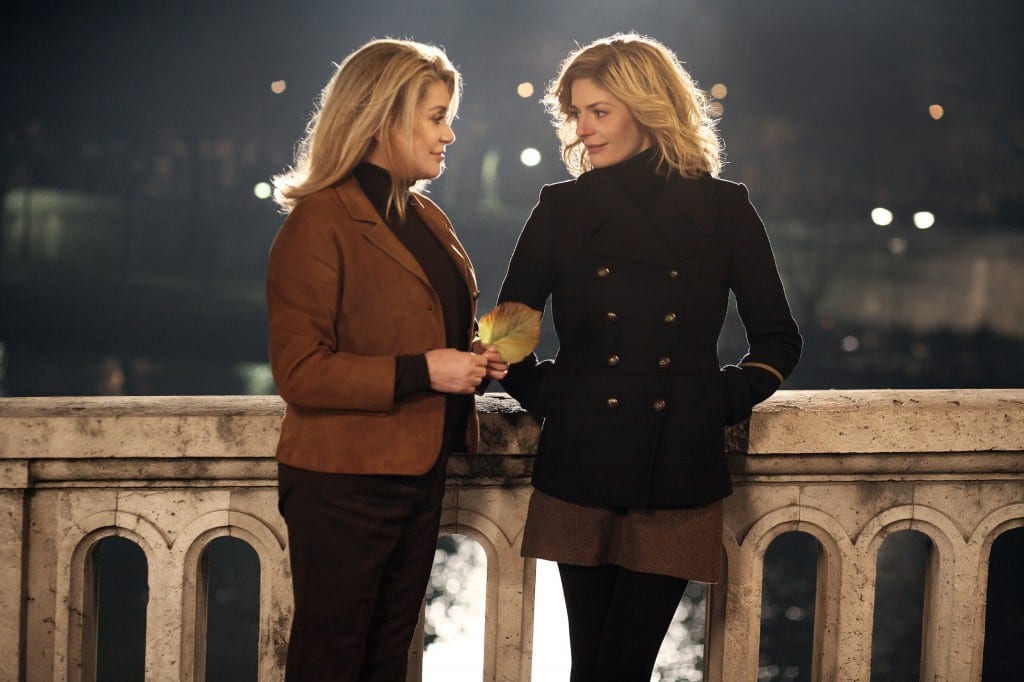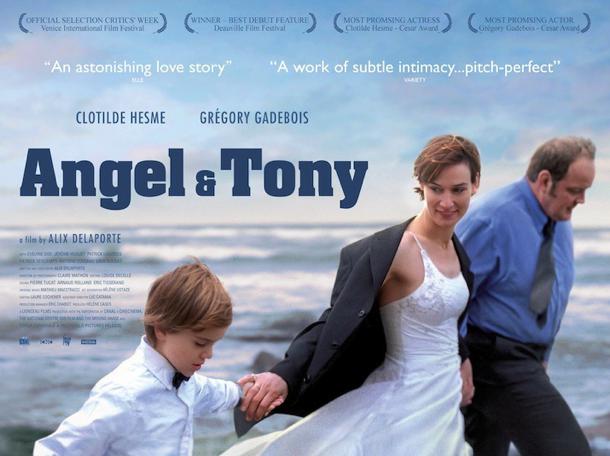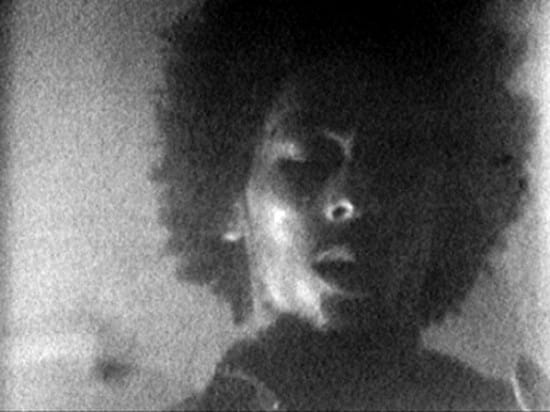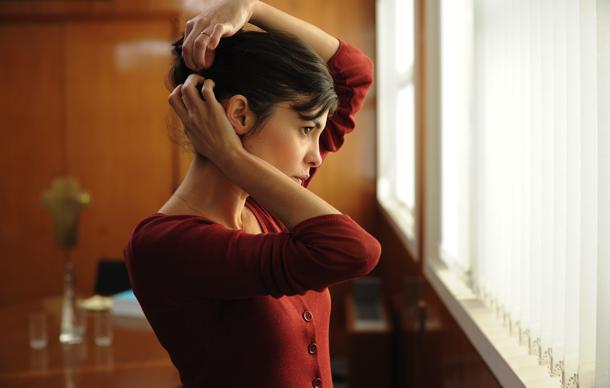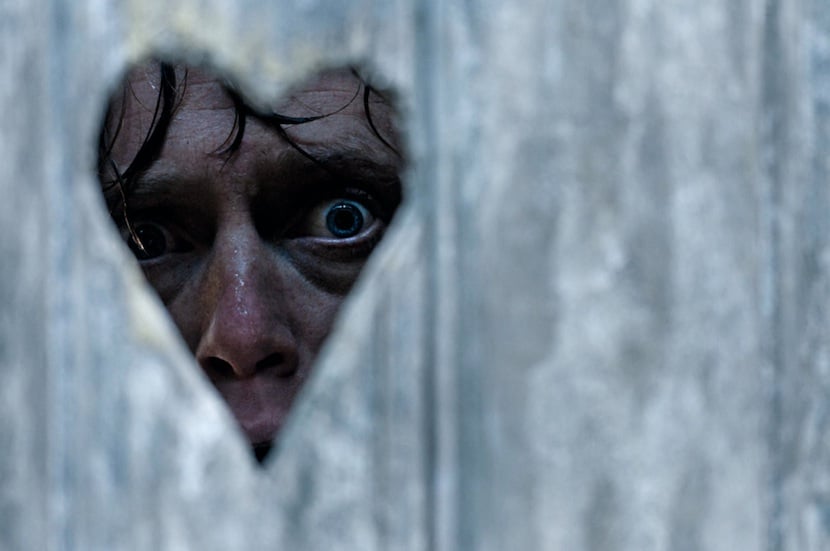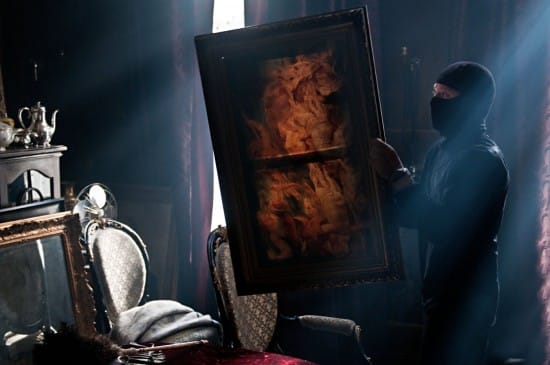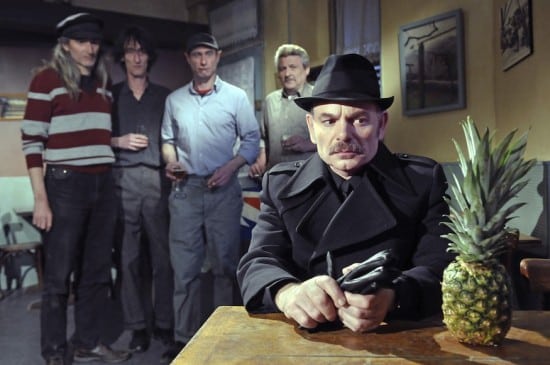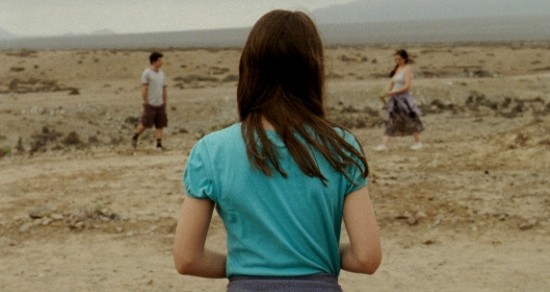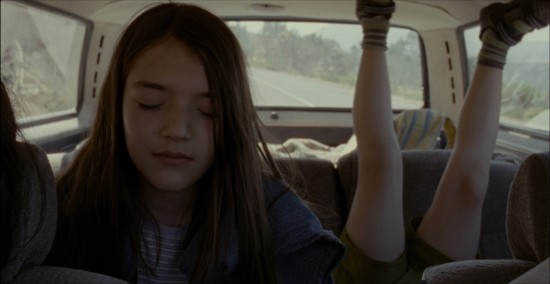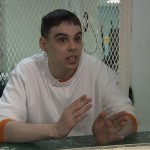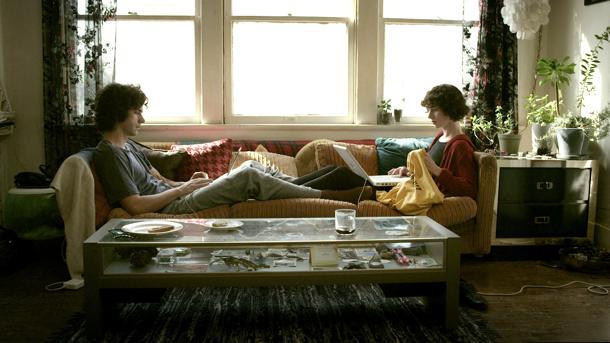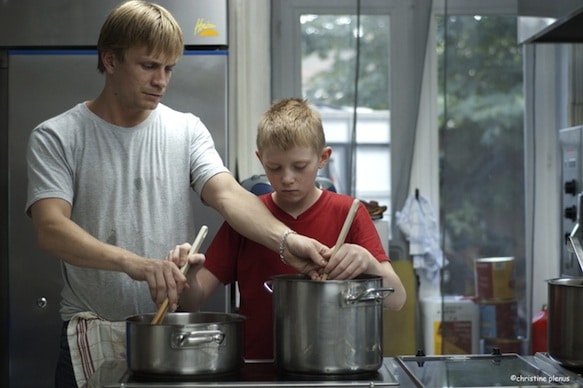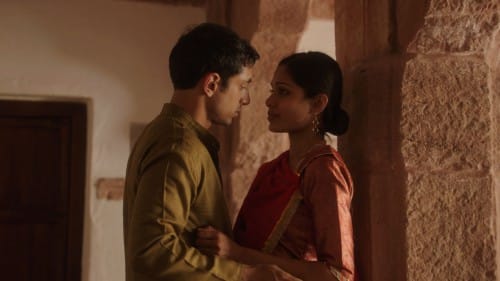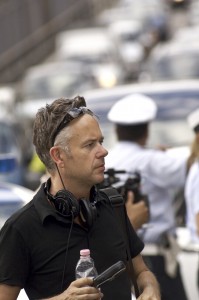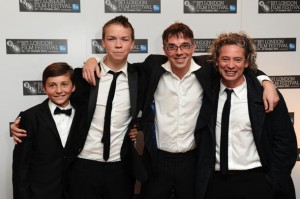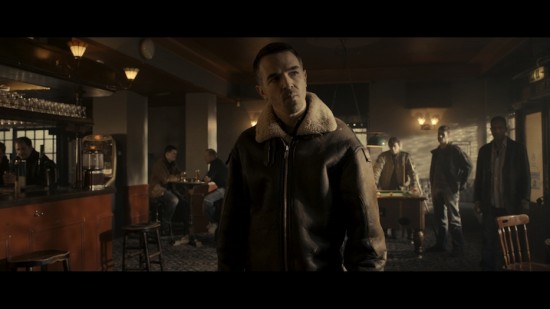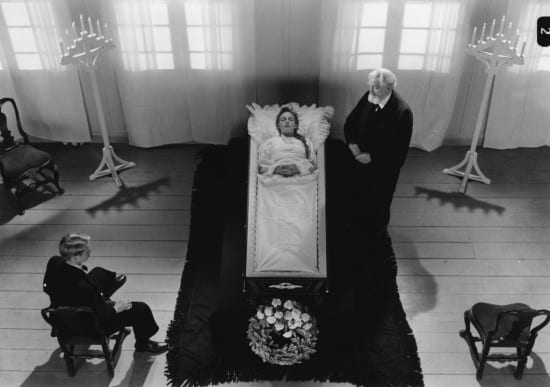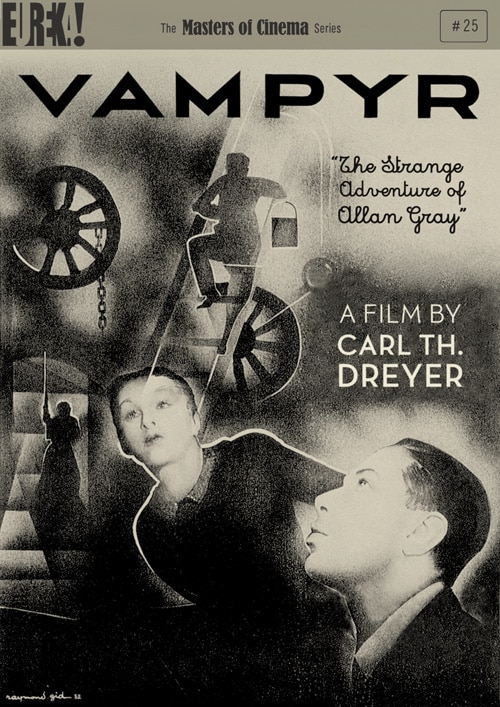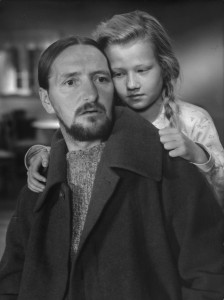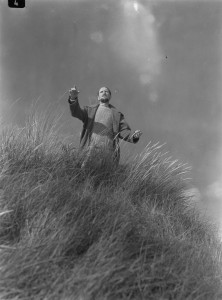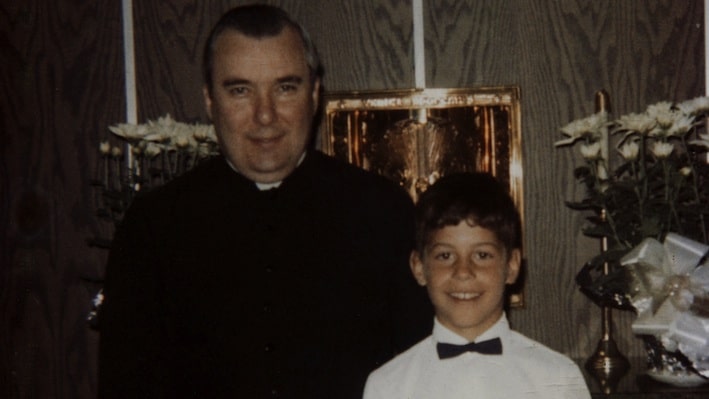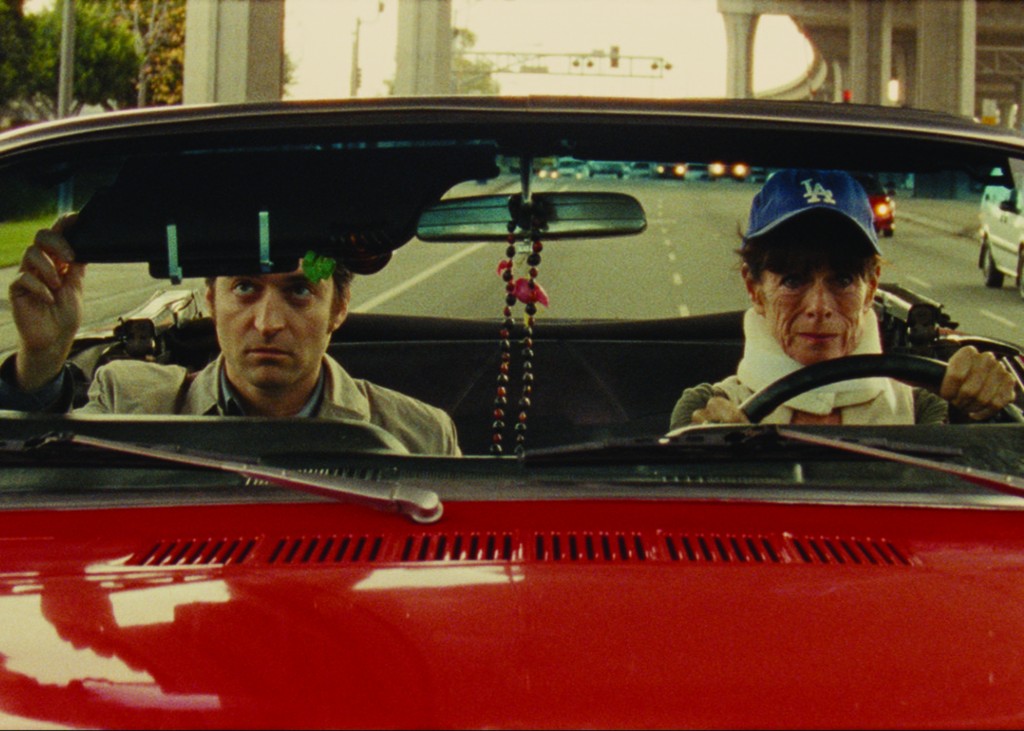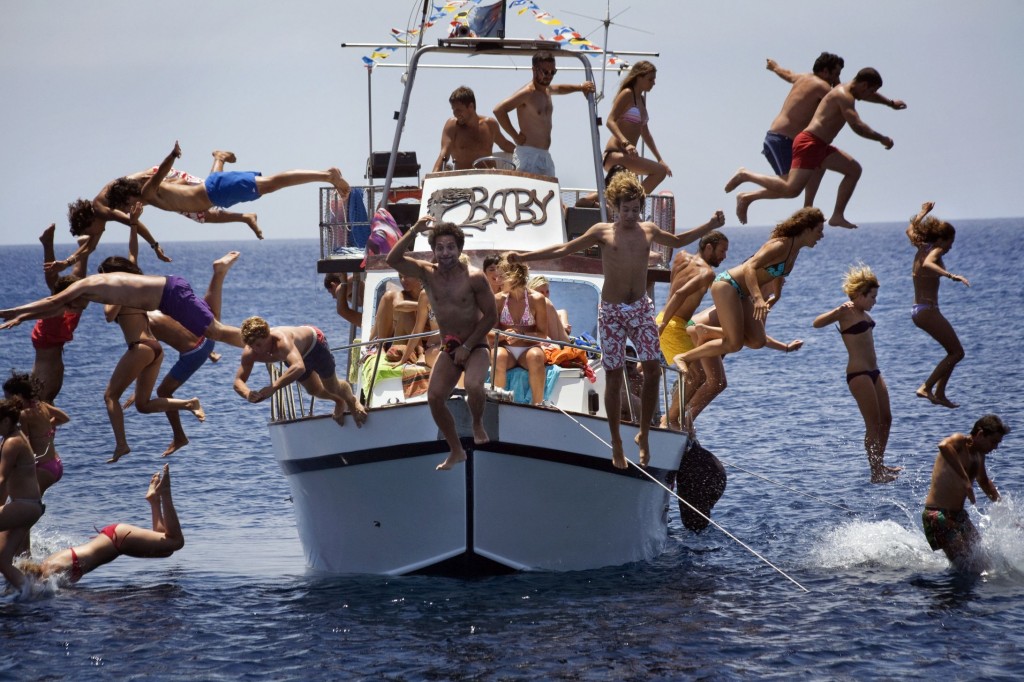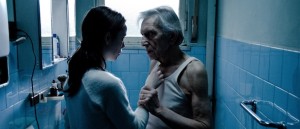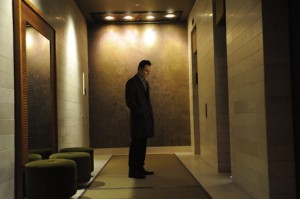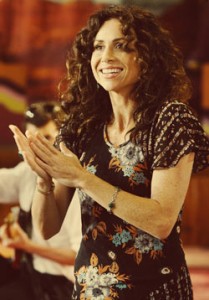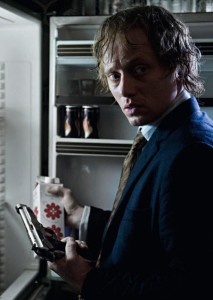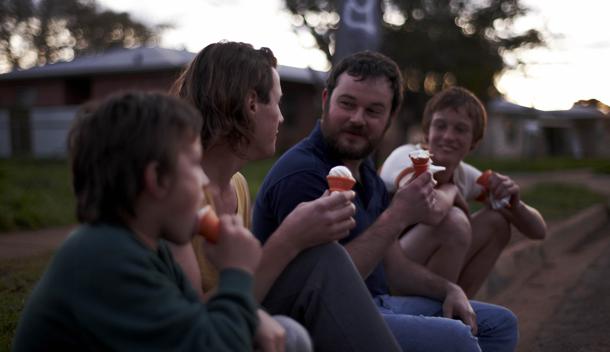Quartet Conference Maggie Smith (MS), Dustin Hoffman (DH), Tom Courtenay (TC), Pauline Collins (PC), Billy Connolly (BC), Sheridan Smith (SS).
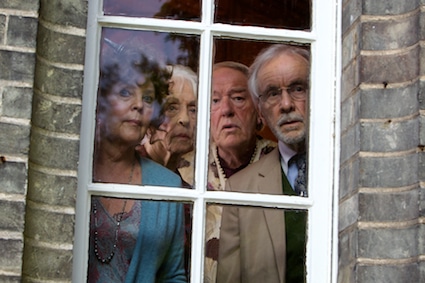
Tom and Dustin I want to talk to you about the origins of the movie because we are not just talking about Ronnie Harwood’s play but also about a documentary that I was fascinated to hear was one of the inspirations.
TC I have to keep reminding Dustin that this whole thing was my idea – it is not that he is resentful of me he is just forgetful. Seven or eight years ago, I asked Ronnie Harwood if he fancied the idea of making a screenplay of his play Quartet, I had seen it some years before I remembered how moving it was at the end. He was very excited and BBC Film commissioned a screenplay and nothing happened until Dustin came along.
DH I just wanted to back up what Tom and Albert Finney met Ron Harwood on The Dresser… that was how it started. The documentary- The Kiss… Do you mind if I take my coat off? I’m going through the menopause. [laughter] Just a few flashes. It’s a wonderful documentary and it’s called Tosca’s Kiss and er… Ronnie Harwood told me about it when I asked him what the genesis was and it was made in 1983 and Verdi, rich and successful, decided to build a mansion for himself and he stipulated that when he died, musicians and singers, because of course, he knew so many, playing at the Scala and many were, you know, poor… could stay there and you can find it, it’s called Tosca’s Kiss. And it’s about these retired opera singers living at a villa in Milan, which still exists.
And you gave this film to some of your cast to see first?
DH I told them all to see it and I think they all ignored me.
MS: Certainly not! It’s a very moving documentary and then this is terrific, ‘cos if Dustin is on this wavelength, then we should be safe.
Maggie Smith, first of all are you aware that there has been a sandwich named after you?
MS: Oh, God. Ham?! [Laughter] Where is this? In Venice.
Many sandwiches are named after famous actors and the vegetarian one is named ‘Maggie Smith’.
MS It’s a vegetarian one? Well, that’s kind of a relief, I suppose.
Haven’t you been resentful of the fact that you’ve been asked to play aging women all of the time? Even thirty-five years ago, California Suite comes to mind…
MS I’m just glad to get any role. The fact that they’re all Ninety is…. [laughter] It started because… it was Hook that started it.. I think it was Peggy Ashcroft couldn’t do it and somebody was asked ‘how old was I, and would I be able to do the part?’ and the person replied -92, Very quickly and so I’ve been stuck ever since, but I’m actually very grateful.
DH I’d like to throw in that… Maggie is being very modest here. But she has been offered quite a few younger parts turned down a film a month before, called My Week With Marilyn [laughter].
It’s a really charming film, but British and American sensibilities are very different and I wondered how the English actors working with an American director and how Dustin Hoffman found it working with our Grand British Thespians.?
PC- Dustin Hoffman is a dynamo and a darling and both of those things helped to make the atmosphere of this film. He’s one of the kindest and most inspiring directors that I’ve worked for, because he understand how actors work- because he is one. I found him really easy to…
we’ve heard stories that he gives directors a hard time. Is that true?
DH Yes. [laughter]
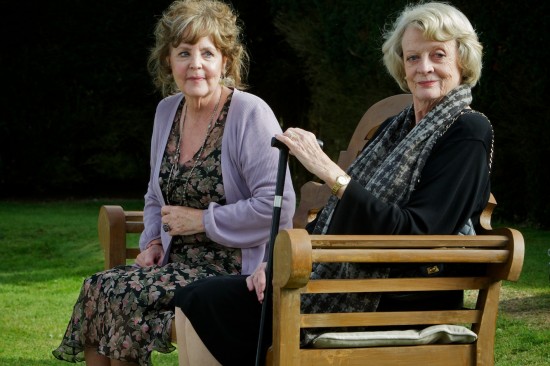 PC Well, maybe now he knows how it feels like. The culture thing… I would sometimes say to Dustin ‘ you don’t really know what we’re talking about, wouldn’t I?
PC Well, maybe now he knows how it feels like. The culture thing… I would sometimes say to Dustin ‘ you don’t really know what we’re talking about, wouldn’t I?
DH Yes.
PC And he would say ‘tell, me tell me, tell me what I’m doing wrong’, so I loved the lack of hubris in the man. There was one thing he didn’t understand, I said ‘unlike Maggie, I’m always below stairs’, I explained to Dustin, when I tried to talk my way out of the part and he said after this, I wouldn’t be, thinking I was meaning below the title, which I have been many times, but I think we begin to understand each other a bit more now.
Billy `Connolly, because we haven’t heard from you..
BC I forget the question! [laughter]
What was he like as a director?
BC: A nightmare. [laughter] There were tantrums, long silences. Inappropriate touching. You know the kind of thing. It was excellent. I’ll tell you…
DH –In terms of the touching.. [laughter]
BC He’s an excellent toucher! The thing I like best about him. I don’t crave praise. I’ve had enough in my life to be getting along with, but it’s sometimes nice to be told you’re doing ok- and he’s very good at that.
PC Absolutely.
TC Can I do an impersonation when it was a good take? ‘ [American accent] Ah, Gorgeous- gorgeous fuckin’ take. That’s in the movie!’
BC -Nothing like me! Sheridan, we’ve not heard from you at all…. Your reactions to working with someone like Dustin Hoffman..?
SS Overwhelming. Just to be part of the film has been an absolute honour for me. I mean just to be on set with all of these amazing people, it was difficult not to curtsey every day… and I just was a sponge every day and tried to take it all in.
Why did you decide to take a chance as a director and what did you like the most about this story of opera artists?
DH Because a long time ago, I decided to direct and that was 40 years ago and sometimes it take s a long time to get around to doing something and that’s the truthful answer.
Billy Connolly, I was wondering whether you were looking forward to an old age, where you could say exactly what you wanted to say.
BC I’m there!
And also if you had said anything where you thought you were inappropriate.
BC I’ve been accused of being inappropriate from day one. And I think it’s one of the joys of getting older you can say exactly what you want to say as you please. There’s not much to add to that. I’ve pretty much said everything I’ve wanted to say all my life and it’s done me no harm at all. You know there’s something I really can’t stand, you know… it’s when somebody says ‘what do you think of so and so?’ and I say ‘oh, I think he’s an arsehole’ and they say ‘oh, come on, speak your mind’. You know, that shitty thing that people say. As if speaking your mind was actually something… weird… I think, if more people spoke their mind, we’d be in much better shape, so yeah, that kind of answers it, I think. I wasn’t just pretending to be old.
DH you know… we all know that these press conferences you take whatever’s said with a grain of salt, because whenever you ask an actor how they liked another actor- or the director and they just say- ‘…an asshole’. You don’t really hear that much. [beat] But it’s true! [laughter]
Sheridan, you’ve alluded to being thrown in the deep end here you said soaking these things up like a sponge. What did these people teach you on the set? What did you go away with?
DH Groping [laughter]
SS So much, the film is so special. All the cast is amazing retired opera singers and retired musicians and inbetween scenes they would come in and there’d be a great pianist and he’d just get on the piano… and the stories, there’ d be great stories that they told me… so I just had to pinch myself every day… it’s just been an incredible opportunity.
Dustin, you once said that filmmaking was some kind of magic. Did you feel the same way being a director? Getting everyone together, that it’s very special… do you feel that being a director?
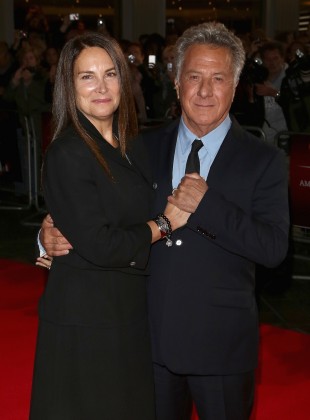 DH well, this is the first time I’ve directed and I feel this again… we all felt it on this movie. Crew and cast. You’re never going to – no one in the middle of a movie says ‘this is going to be a great movie’, you know, Casablanca, they ended up with the B-list cast on that… so you know, you’re always in a tunnel, you know, you can’t see the end, but there’s something that took place on this movie where -once we had decided that we were going to use real people… real retired opera singers, real retired musicians- and some of these people- the phone hadn’t rung for them for 20-30-40 years- and they can deliver. The trumpet player Ronnie Hughes, he’s still got his chops still, today. But for some strange reason, the culture doesn’t call him, because he’s 83 years old and these people are in their 70’s and 80’s and 90’s and playing with such verve every day and we’d be doing these 10-12 hour days and they still could do it and that made it a really special occasion for us all to do; it wasn’t a Job for the crew after a couple of days, [the shoot had] another tone.
DH well, this is the first time I’ve directed and I feel this again… we all felt it on this movie. Crew and cast. You’re never going to – no one in the middle of a movie says ‘this is going to be a great movie’, you know, Casablanca, they ended up with the B-list cast on that… so you know, you’re always in a tunnel, you know, you can’t see the end, but there’s something that took place on this movie where -once we had decided that we were going to use real people… real retired opera singers, real retired musicians- and some of these people- the phone hadn’t rung for them for 20-30-40 years- and they can deliver. The trumpet player Ronnie Hughes, he’s still got his chops still, today. But for some strange reason, the culture doesn’t call him, because he’s 83 years old and these people are in their 70’s and 80’s and 90’s and playing with such verve every day and we’d be doing these 10-12 hour days and they still could do it and that made it a really special occasion for us all to do; it wasn’t a Job for the crew after a couple of days, [the shoot had] another tone.
Can I ask Tom Courtenay, having been with the project- the film- for so long, how did it turn out? Did it come out the way you imagined it, all those years ago, having wanted to play Reggie for so long?
TC No well, it moved on, after so long… I mean Dustin asked [writer] Ronnie if he could make some changes and one of them, in the play, they had fallen out because Reggie was impotent and Dustin didn’t like that so he changed it, so… a big change for me and it was fun being the juvenile lead, actually [laughter] I never ever had so much make-up and Dustin was most particular [indicating his neck] ‘this line under here, cover with a scarf’. And I would check our Billy every morning to make sure that he had no… he couldn’t have the shading [under the chin] Dustin was determined that I look as handsome as possible and I am very grateful to him. Thank you very much Dustin. [laughter]
DH He is.
PC Handsome, or grateful?
DH Both! [laughter]
Earlier this year a film about ageing won the Cannes film festival. Recently we’ve had The Best Exotic Marigold Hotel with Dame Maggie being successful and now this. I wonder is there a new genre of films of older people’s experiences and Should there be many more films about this sort of subject matter?
MS I think -playing the usual age- I think it’s because a lot of grown ups would like films for grown ups and about grown ups. It seems to me there s a sort of change into what audiences want to see I can only hope that’s correct because there’s alot of people of my age around now. we kind of outnumber the others, so that’s why. I don’t think film s about elderly people have been made very much. I mean there have been I can think of Driving Miss Daisy and Cocoon and but they always seem to be very successful, so it’s a bit baffling as to why everybody has to be treated as if they were five years old. Was there much ad-libbing when it came to jokes and was there much corpsing during the takes?
MS yes..
PC there’s lots of ‘impro’ on the dialogue. Which I absolutely love and Dustin gives us free rein on that and I think it’s… I’ve learned so much on this because I came to film very late- not ‘til I was fifty. I’ve learned so much from this man and that what you start with this script and not every writer will want to hear this, but a script is a basis… it’s not the end and sometimes things will happen during the process which take you down a more exciting avenue and he always let us do that. I mean… didn’t he? Guys? [short silence] Nobody agrees with me… Billy- was it freewheeling, to some extent?
BC Yeah, it was openly encouraged and it was a very good idea. TC there was one time though, while we were waiting to go on and um.. Billy did it awfully well, but in his own words and Dustin would come round and say ‘Too lonnngggg Billy, Tooo lonnngggg.’ [laughter]
BC They took one of my best ad libs out. We were… talkin’ to the editor there and…
DH Let me just set it up for you Billy then you can say it. He’s upset. Reggie’s upset because they are doing his rap thing with the kids Jean is there watching he leaves and of course Wilf goes out and finds him out in the wilderness cos he knows he’s going to be put there. And Reggie is just standing there and in the script it just says that a young deer -a doe- is there and he’s looking at it, but we are a low budget movie and it didn’t look right, so we scrubbed it… but when we filmed it and it was there, Wilf comes up to Reggie and says-
BC Do you think it knows it’s delicious? [laughter]
DH It’s a good line! Dustin you had a quote a Billy Wilder quote that kind of fired you up… an inspirational quote… DH Yes, there were a few things that went into it you know, doing something -you are trying to be your audience at the same time. When you hear that it’s about retired opera singers ‘oh, maybe I’ll wait for it to come to DVD or something’ you’re not rushing off to see it. And I knew that we had a location and that was to keep an energy in it. In fact, I asked alot of the cast to look at His Girl Friday, a Howard Hawks film… Cary Grant, Rosalind Russell, they talk over each other and there’s great energy and I wanted t have energy here. So, Billy Wilder… Volker Schlondorff got Wilder to agree to these kinds of conversations and he said to Billy Wilder, ‘what’s on your mind?’ And… I’m a fan of Billy Wilder and he said ‘if you’re going to try to tell the truth to the audience, you’d better be funny, or they’ll kill you.’ And I haven’t forgotten that.
Dustin, despite the films you’ve been in over the years,., this film feels very British.. .since it’s based on a British play and a British cast. Is that intentional?
DH well, no it… well, I had to. You know. I just finished a film called Last Chance Harvey, a few years ago and I became friends with (cinematographer) John… John de borman, is it?… De Gorman (oh, it starts!) [laughter] it’s amazing isn’t it? You gotta love getting old, don’t you? It just jumbles up the world in the most amazing way. And after the film, we would talk about shots and he would say ‘you should direct!’ Finola Dwyer the producer of a film he’d just done, called An Education had just sent him a script and they had a director- the director fell out- and he asked me to read it and I read it and I jumped in. Sometimes it just… you know… it turns out that way. .
Where was this film shot?
DH In Germany. [laughter] Just kidding. Was it Buckinghamshire?
TC Yes, it was.
DH …Buckinghamshire… it took an hour to get there every day. And Maggie, because she’s such a diva, made sure she lived in a house no more than ten minutes away [laughter]. MS I’m just trying to remember where I did stay….
Notoriously, people often have to turn up and do their stuff pretty immediately, often without knowing really whom they are working with. Was there any rehearsal time. Did you get a chance to bond on this movie before you actually started shooting?
DH Let me say, right at the beginning, I came on board this movie right after a director left and Tom Courtenay had talks with Ron Harwood about making the movie and Tom and Albert Finney had been friends since the start of their careers and had a 40-odd year friendship with each other and with Mr Harwood. So when I came on it Albert, Tom and Maggie were in the cast. And then Albert wasn’t up for it and had to withdraw. The stars, the only ones I cast, were Billy and Pauline and…
PC Thankyou!
DH …I was in Los Angeles working and alot of this took place on the telephone. I had met Maggie just once. I had come backstage, which I am usually loathe to do, as actors just want to get home, but after I saw Three Tall Women…
MS In which I was 93… [laughter] DH Yes! And I thought it was a great character job because usually she’s 28, and er… so we talked on the phone and introduced ourselves to each other… and because we should ask good actors whom they think is right for the part I said to her well, who do you think and Maggie immediately said Pauline Collins. Now I didn’t know Pauline Collins but I saw Shirley Valentine and then another film… what was it..? A Woody Allen film…
PC You’ll See A Tall Dark Stranger.
DH No…
PC You Will MEET A Tall Dark Stranger.
DH No, it wasn’t that.
PC Yes it was!
DH ok. Is that where you played a psychic?
PH Yes…! Oh, it was? Ok…. She was wonderful as the psychic in that, you must see her performance. So I said to her on the phone, ‘the dialogue in that seemed improvised’. She said ‘it was. Every word of it.’ I said ‘with Woody Allen?!’ She said ‘yes…he said- say whatever you want’.
PC He did…
DH and so that’s how I came into it… I ‘lucked out’, as they say in America. Does that answer the question? I forget the question too… I just have to tell you that we all loathe these press junkets and yet, when we get here, we LOVE them. We want it to go on all day. Except -and I haven’t asked all of them, but the first or second thing we realised when we sat down is ‘why the fuck wasn’t it a full house?! [laughter]
PC It’s a good house. Mr Hoffman, how did you find it moving from acting to directing and what did you draw on from working with other directors previously?
DH you know well, 45 odd years of doing it. So all of us we pile up the things we like about directors doing it, and the things we Don’t like about directors and sometimes we are very similar. And one thing you have to be aware of when you come on set and you see a director standing there and mouthing all the words while the scene is going on, it’s usually a Very Bad Sign… because it means the director has already shot the scene in his head, he knows exactly the rhythm and the nuances that he wants delivered in the line and usually those people don’t even like actors and they cant wait ‘til they get in the cutting room and they- directors- kind of break down into categories. Directors usually either like to be surprised, or some directors abhor to be surprised and actors learn that very early on. And as actors we all direct as we act, every one of us. You know, and we are like convicts you know, all talkin’ out of the side of our mouths, you know, to each other, saying ‘look out, here comes the screw’ And we’re like that during takes, actors, ‘what do you think- The director wanted me to do it really loud, but I think…’ ‘well don’t do it…’ ‘sshh!! Here comes the screw!’ [laughter] That’s what we do. And, you know why? You have to protect yourself. Everyone with half a brain who does movies year after year after year, learn they have to protect themselves because it’s a bastard art-form for us. We’re not allowed in the cutting room. That’s extraordinary. So, when the director is asking for certain colours, certain nuances and we feel that they’re phoney, but we do it because the director asks for it, that’s the one they pick in the cutting room I contend that when you se a movie with bad acting, don’t blame the actor. Blame those guys that sit in the cutting room, because they choose the take. On behalf of everyone here present thank you very much for being here with us and congratulations for a magnificent piece of work I guess my question is on behalf of all the young performers who have been inspired by the collection of your luminous works, is there any one particular piece of advice that you would offer them? Sheridan?
SS There was one moment I remember on set and I was so nervous and Dustin took me to one side and said the clothes are the character, but all you need to do is think about how amazing these actors are around you and that was really good advice for my character, thinking of them all as amazing opera singers, so that was really useful advice. Billy Connolly…
BC I’ve no idea. Get on with it. Learn your words and avoid the furniture. Tom…
TC Get Dustin to direct it… and this was Dustin’s key bit of advice he used to say ‘Do nothing, do nothing. In a movie, like this (frames his face with his hands) nothing is something…’ Maggie Smith…
MS try not to cry too much. [laughter] because it can be pretty heart-breaking. Pretty hard. Pauline Collins…
PC I have a couple of member of the family- young people who are in the profession and my advice to them always, whenever I see them, is wear more blusher. And it works. Thank you very much for attending and thank you very much, our guests. [Applause]
THIS WAS RECORDED DURING THE PRESS CONFERENCE FOR QUARTET (2012) ATH THE 56TH LONDON FILM FESTIVAL 2012



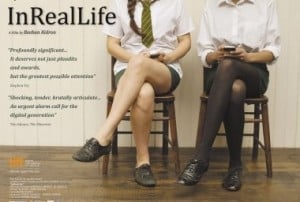
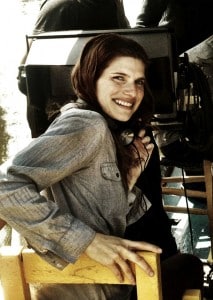


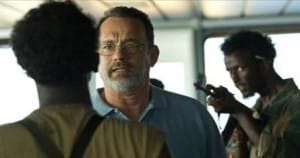
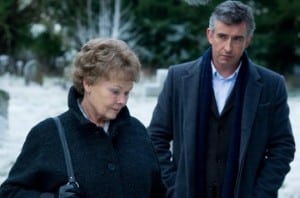
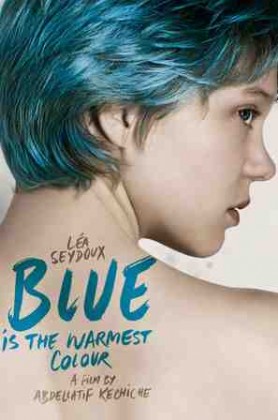
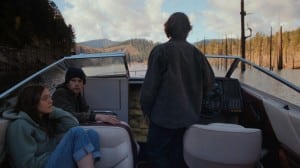



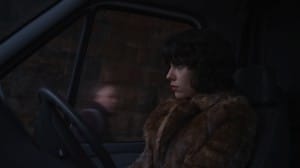
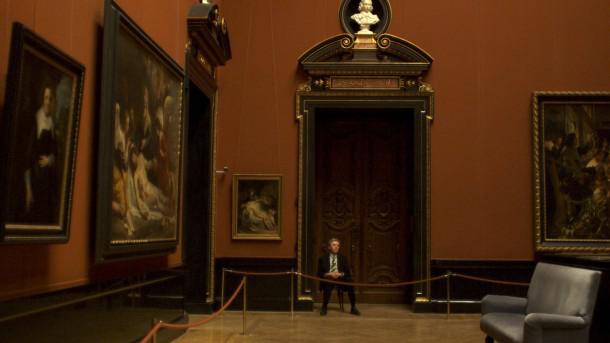
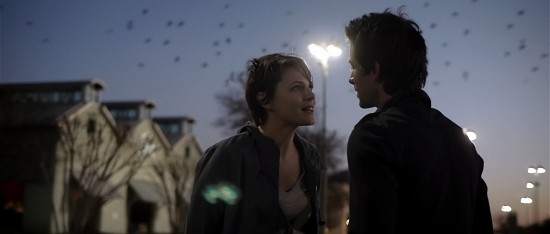
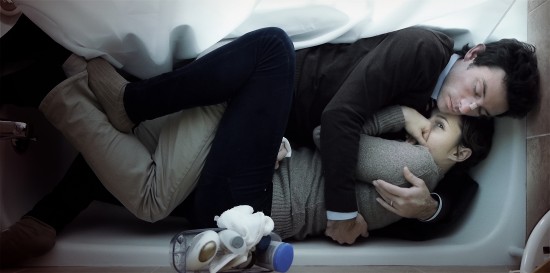
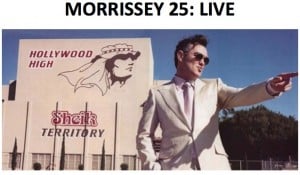
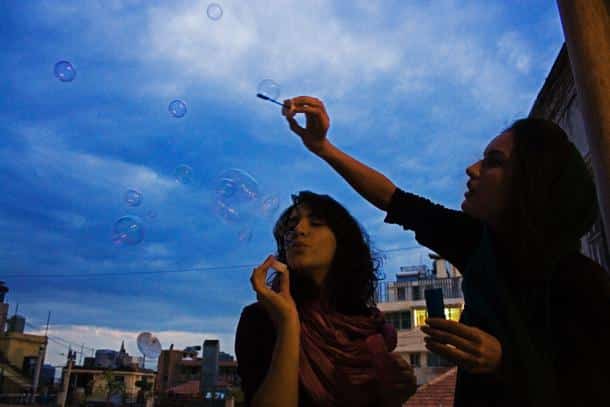
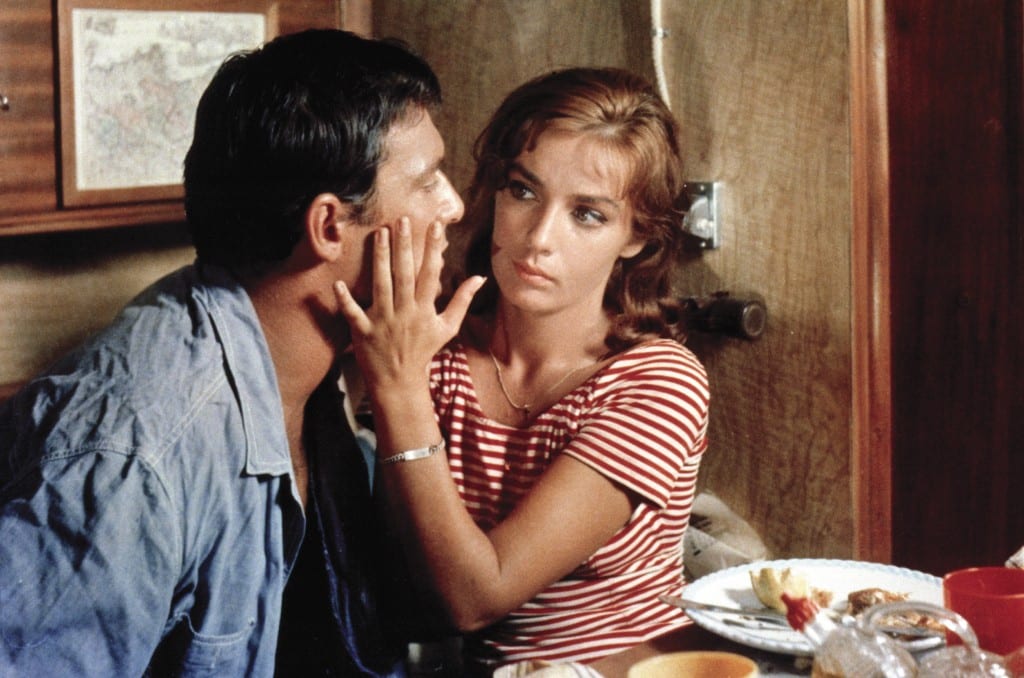
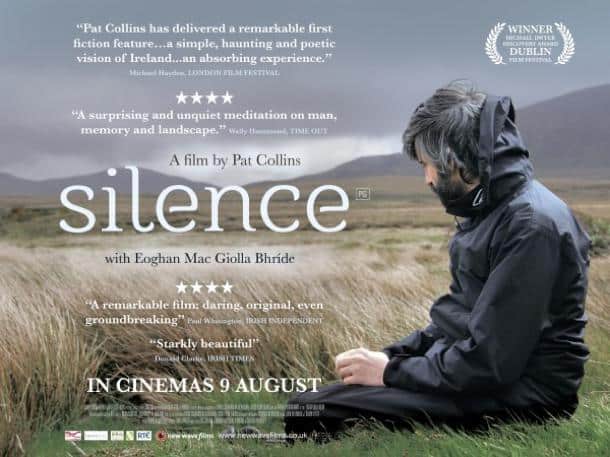
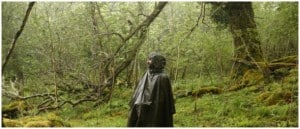
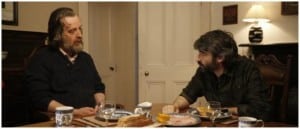
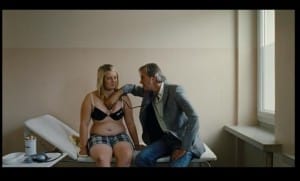
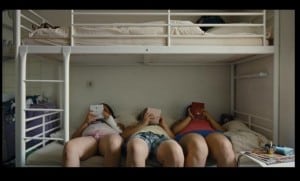
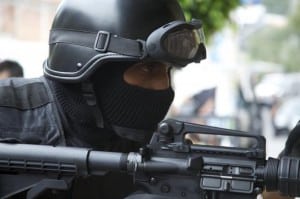
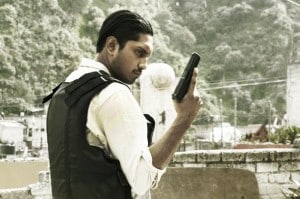
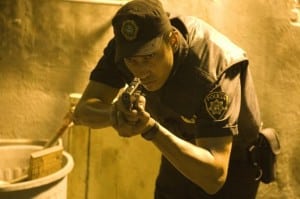




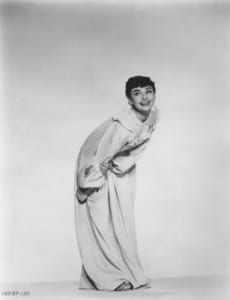
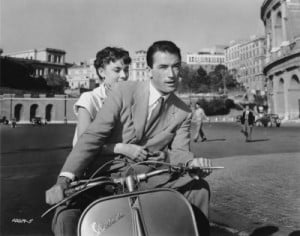
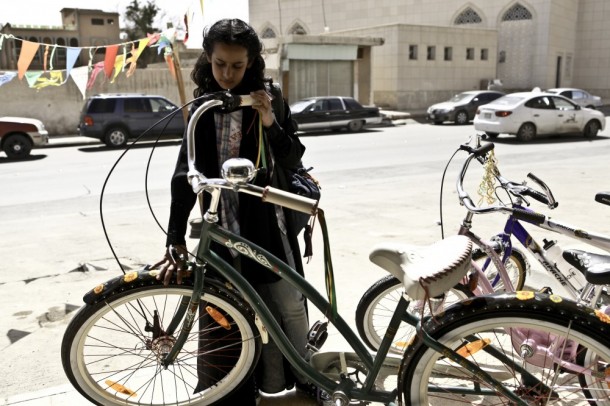
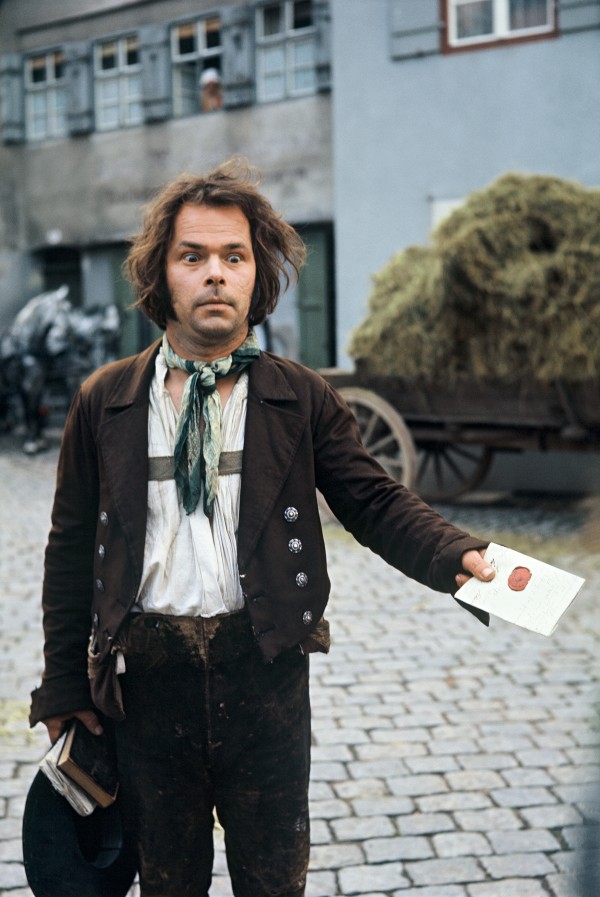
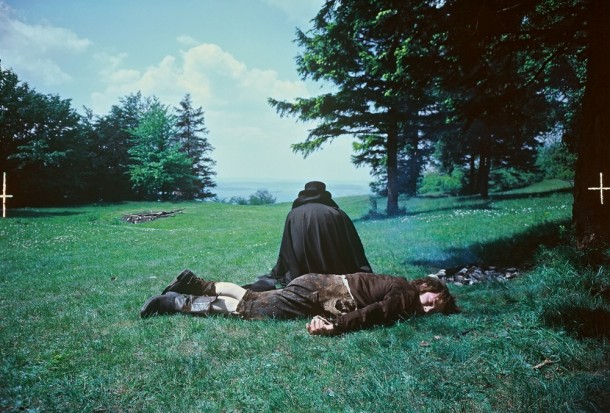
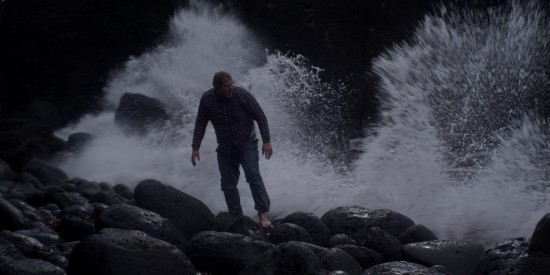
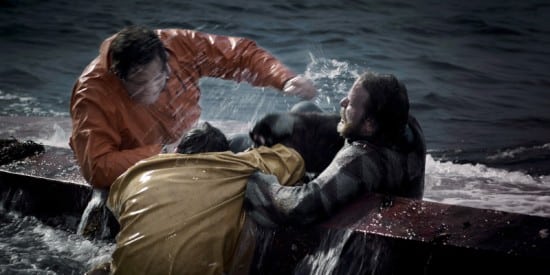
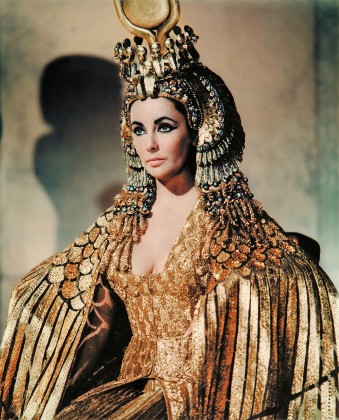
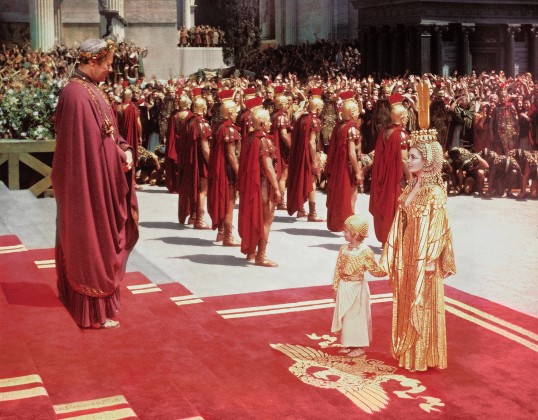

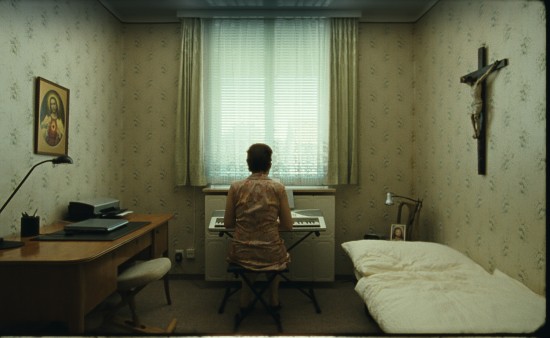

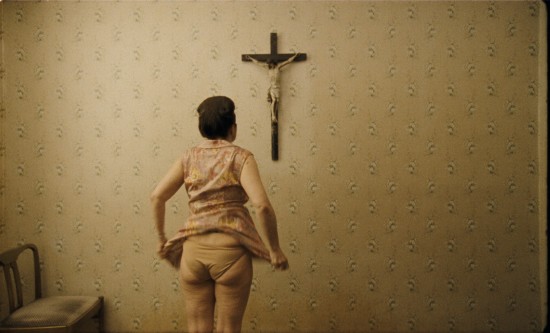
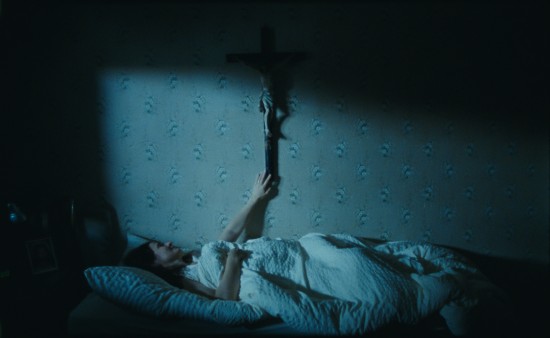
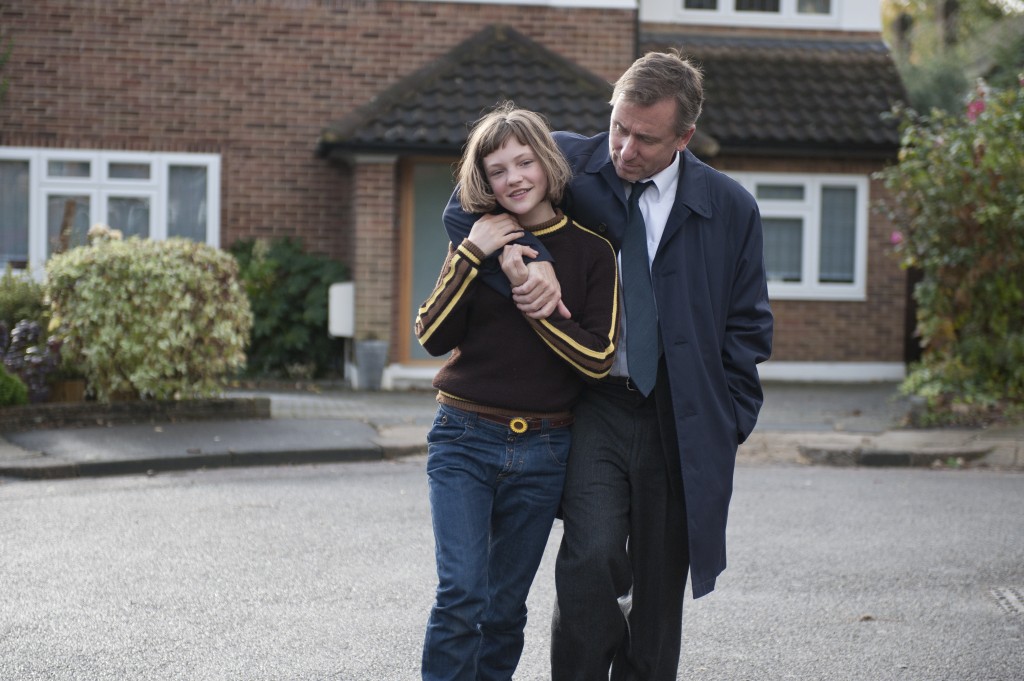
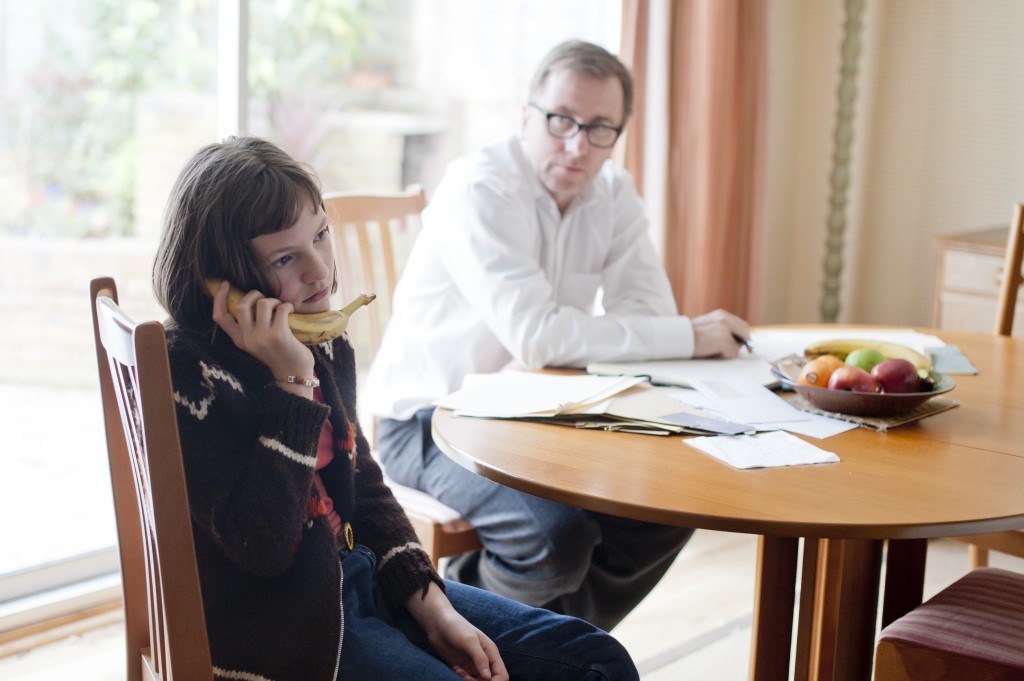
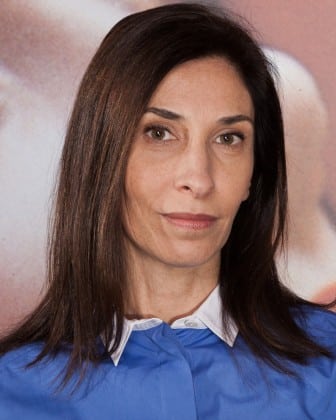
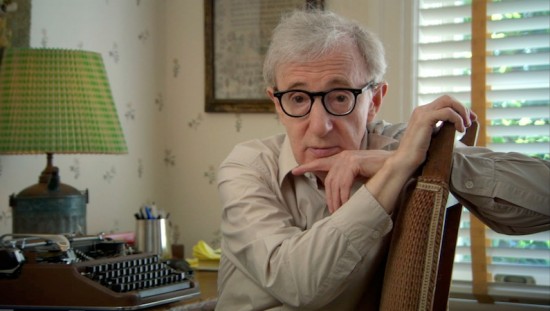
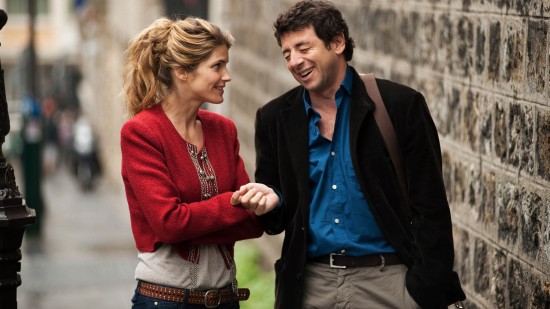
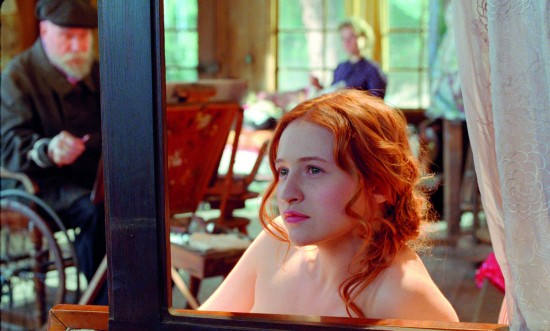
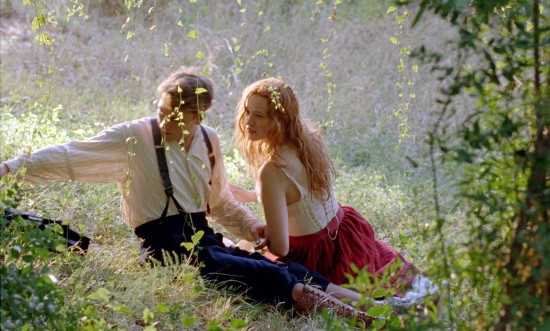
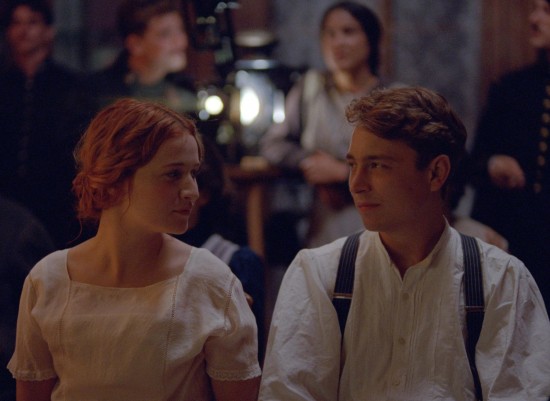
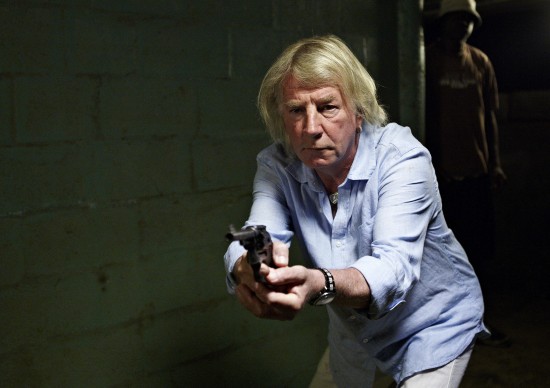

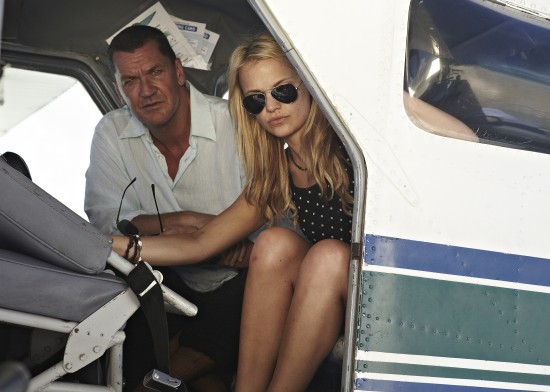

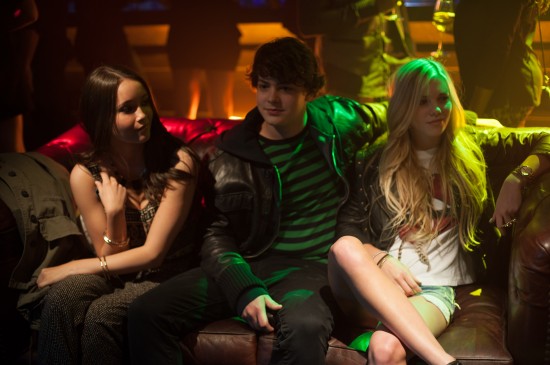


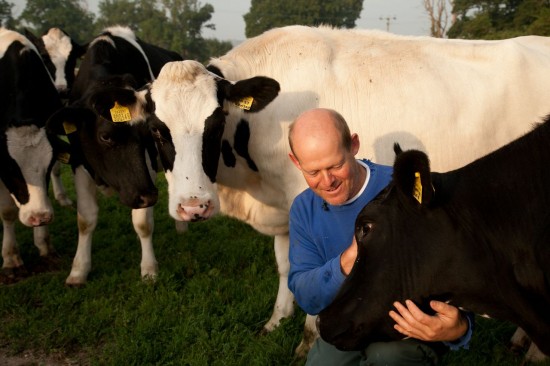

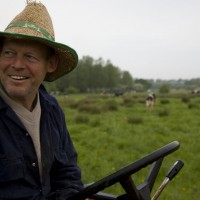
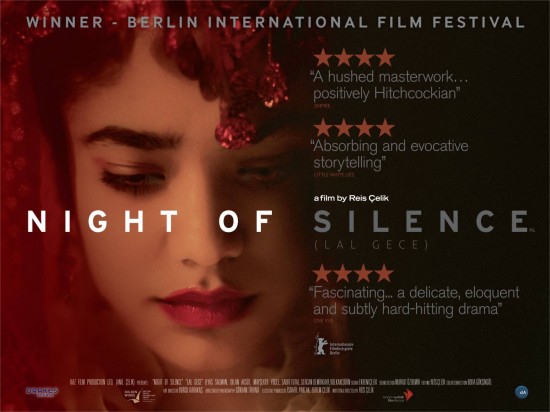
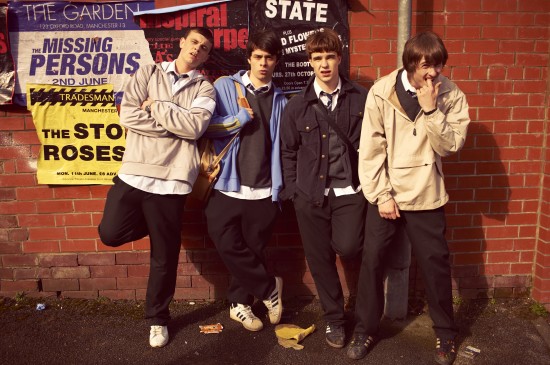
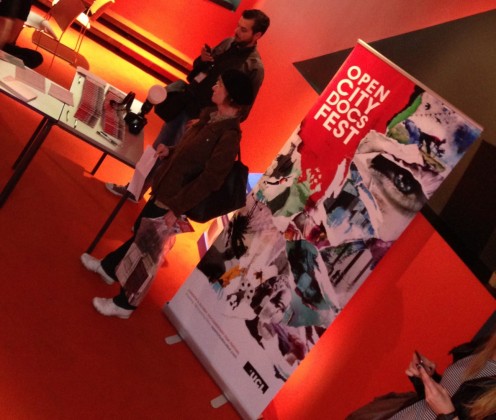
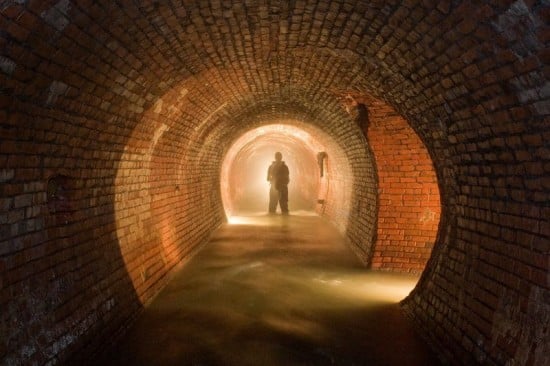
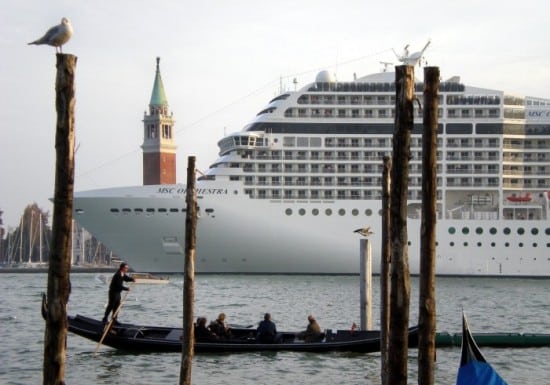
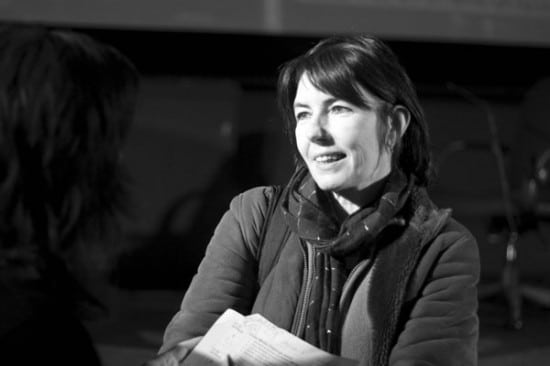
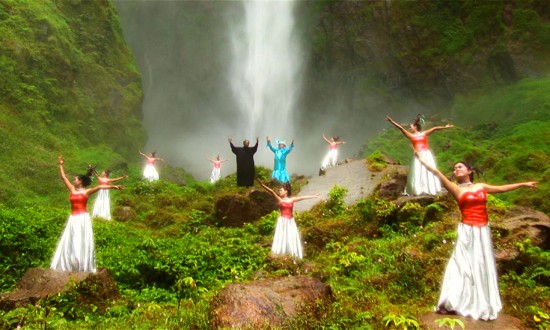
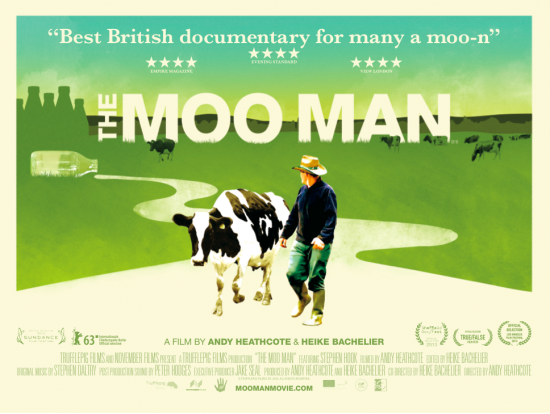
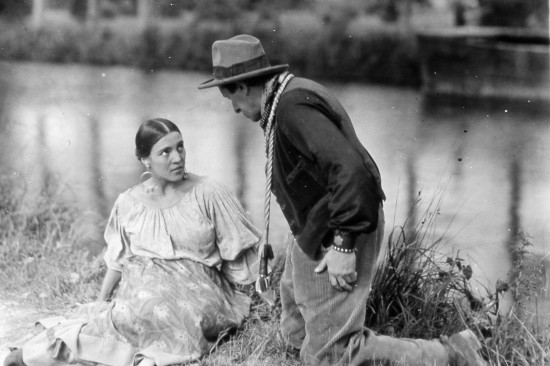
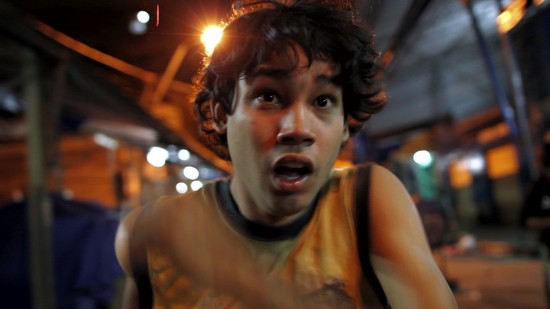
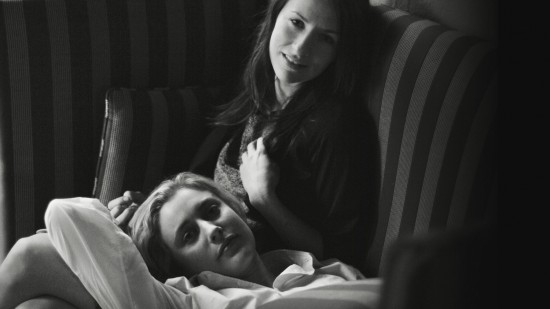
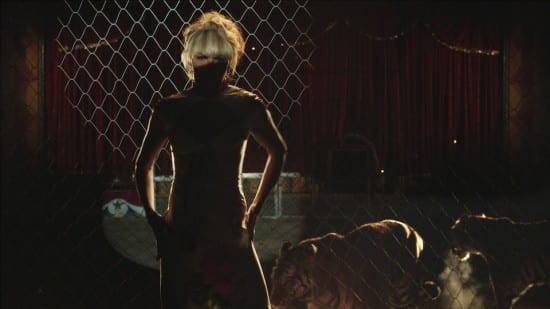
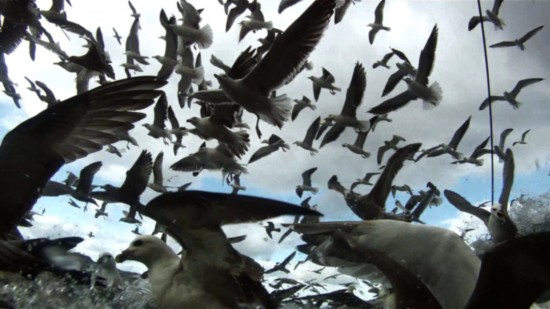
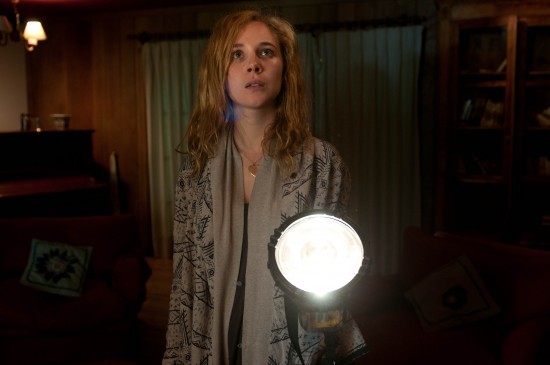
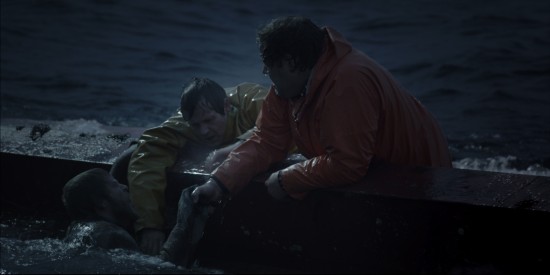
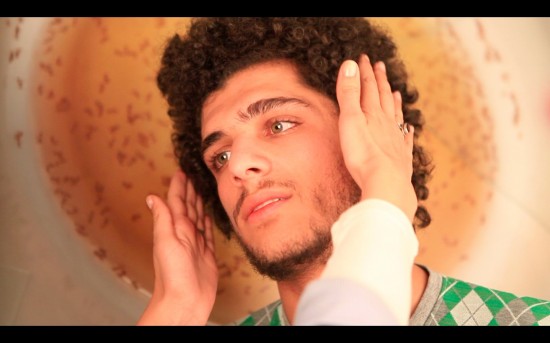

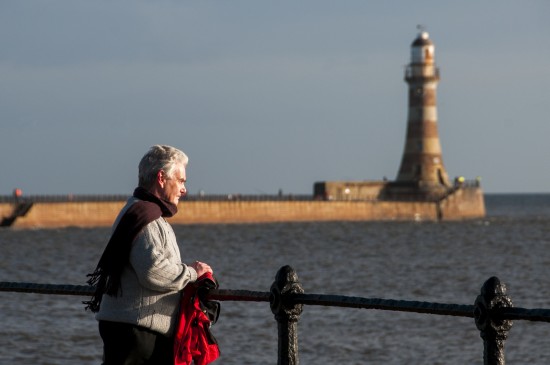
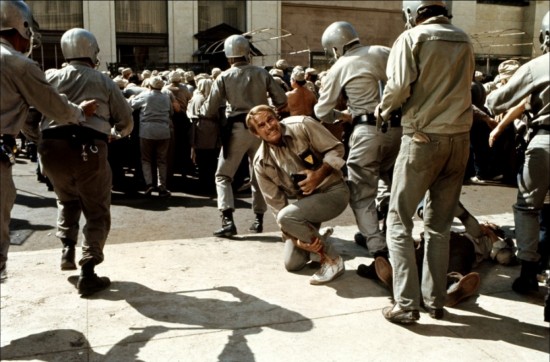
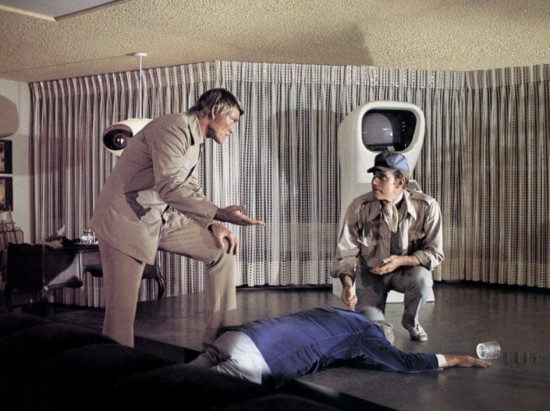
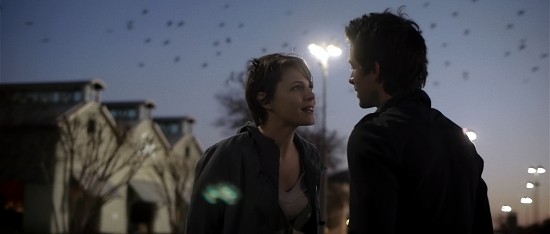
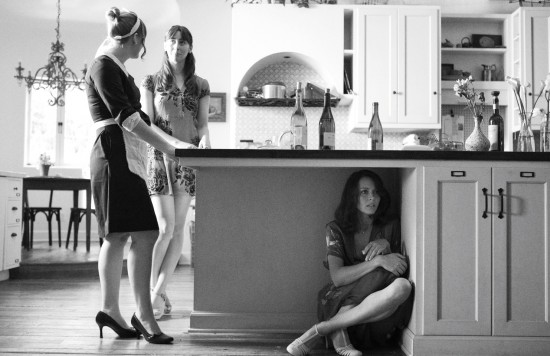
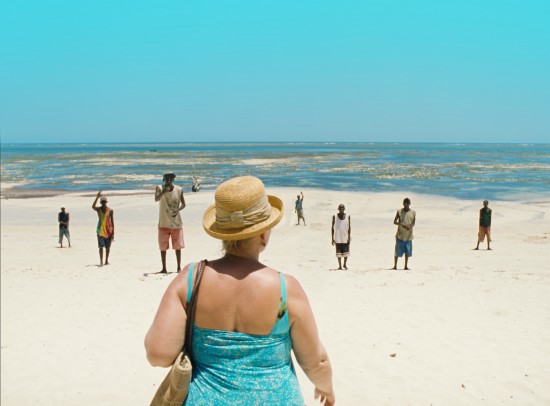

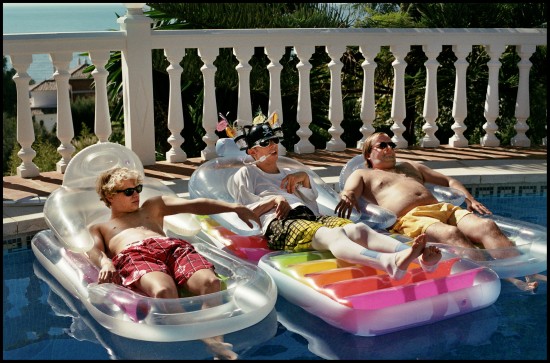
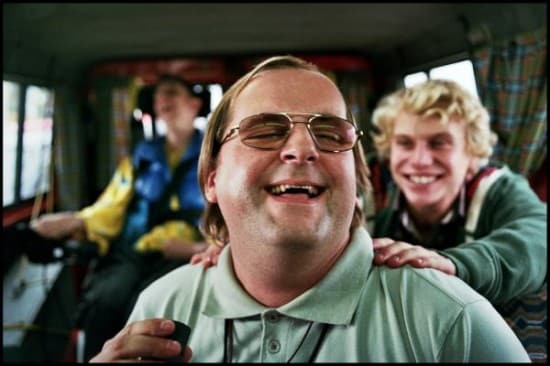
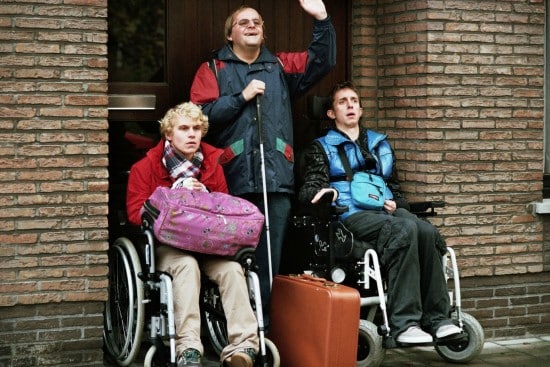

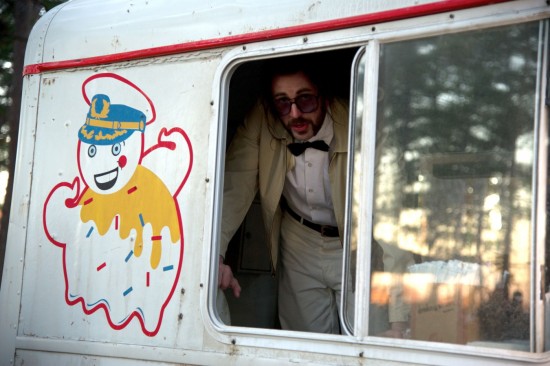
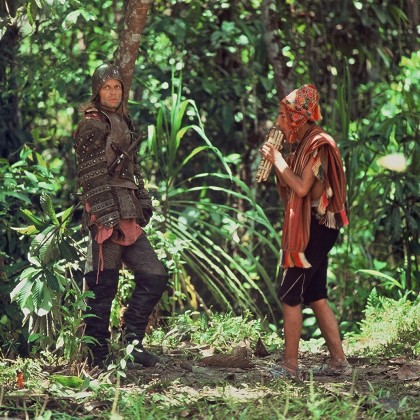
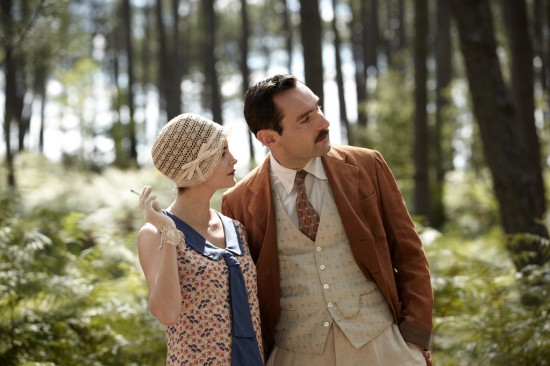
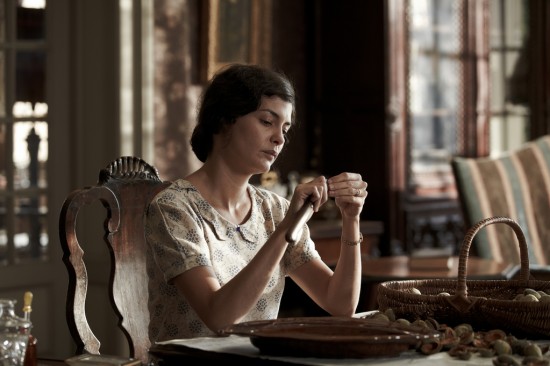

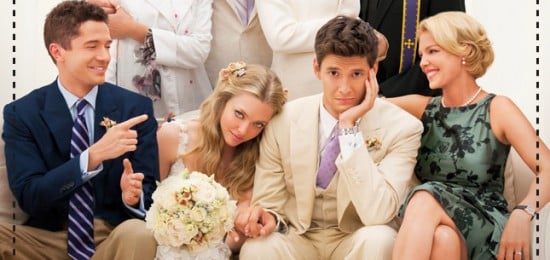


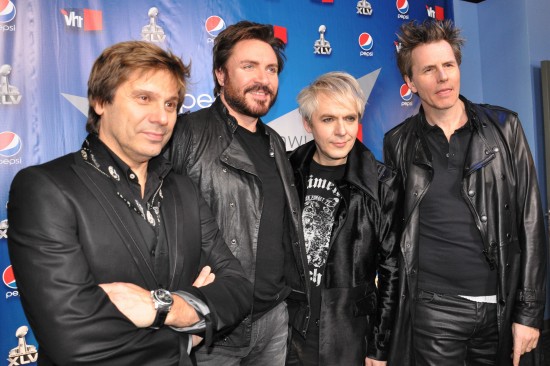
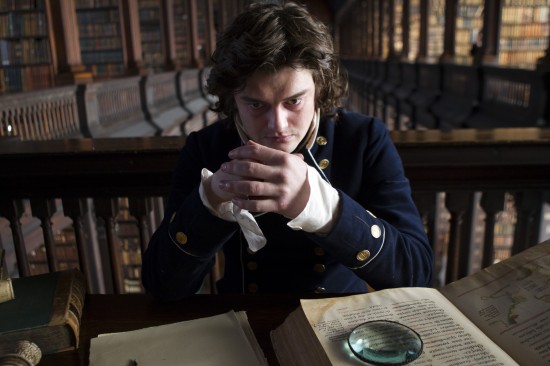
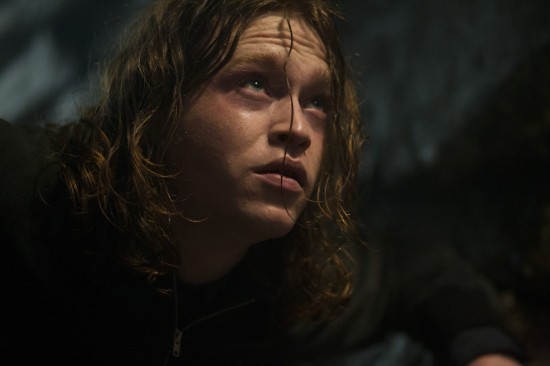
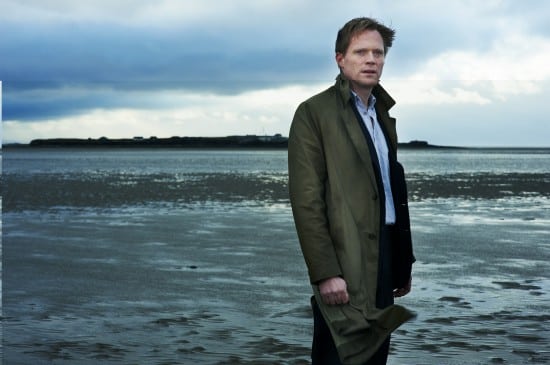
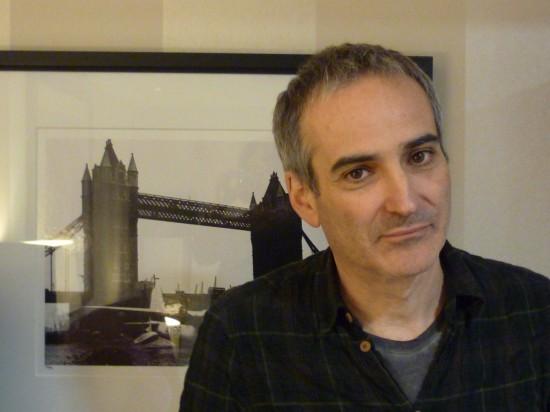


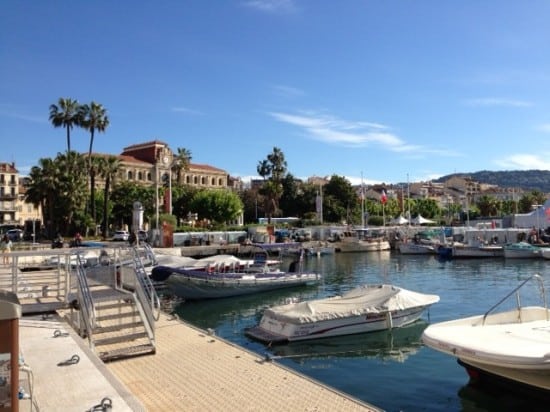

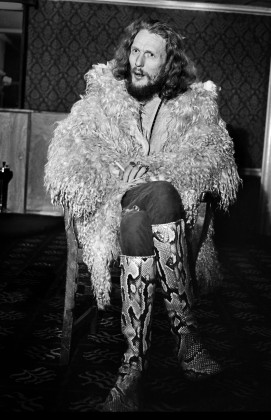

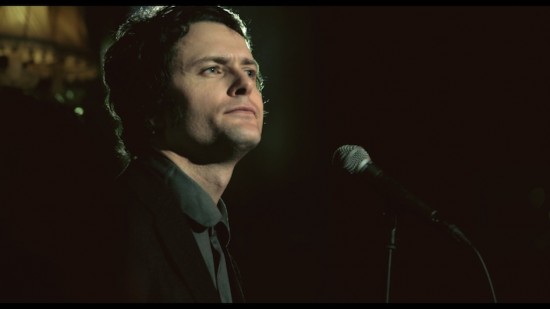
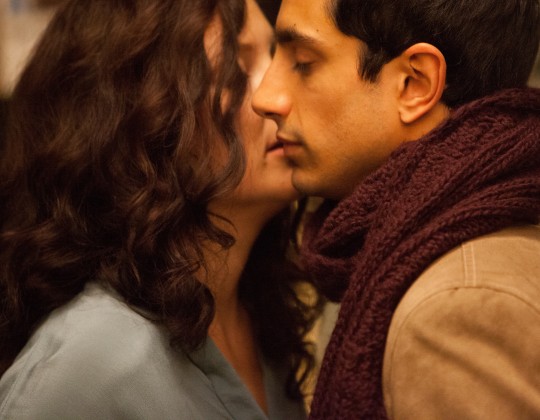
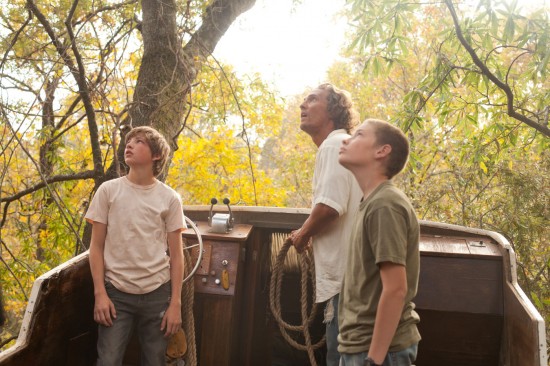
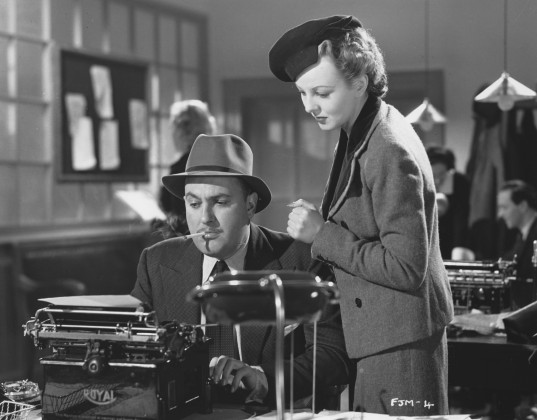
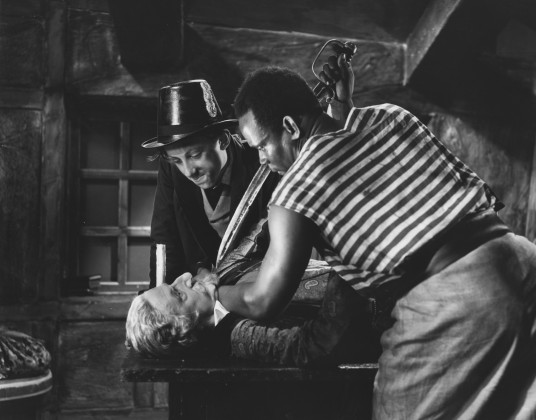




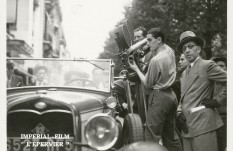
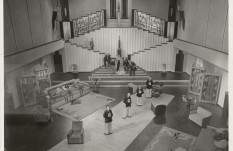




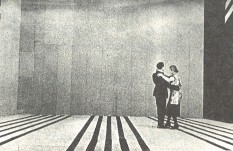
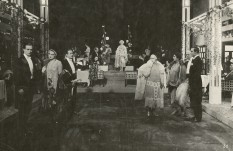




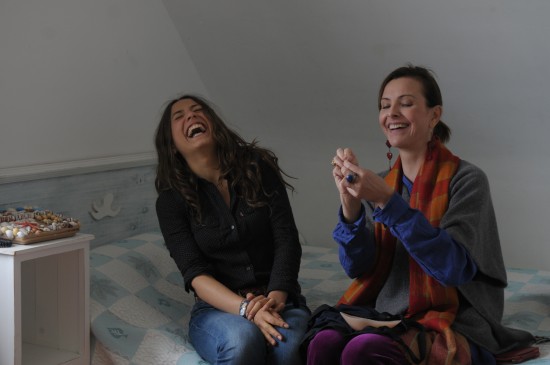
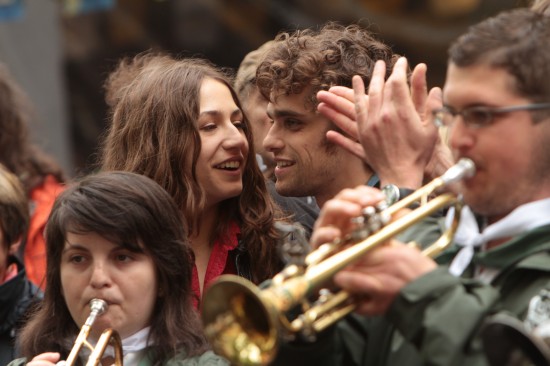
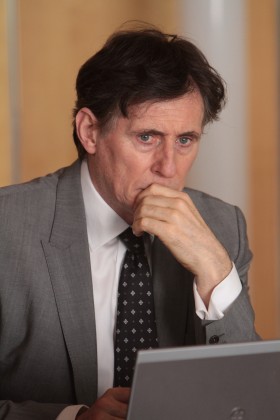


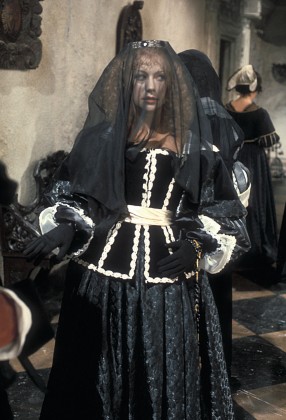
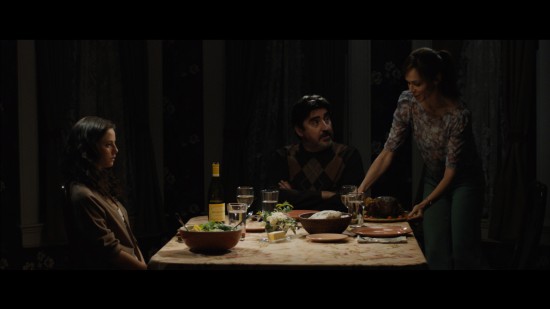
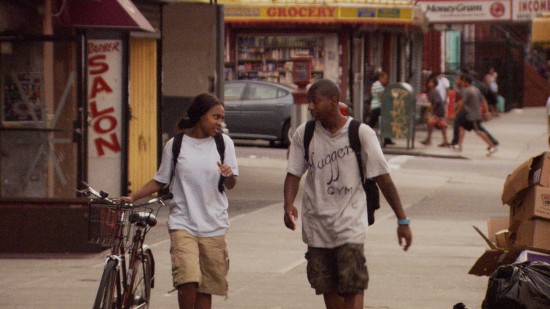
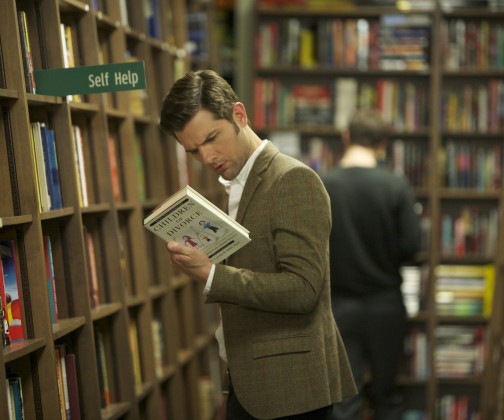
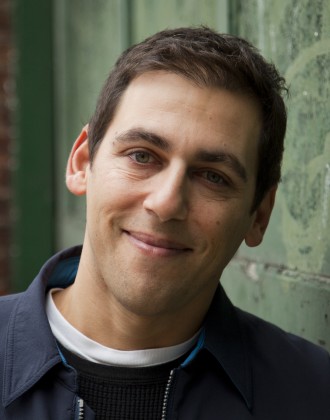
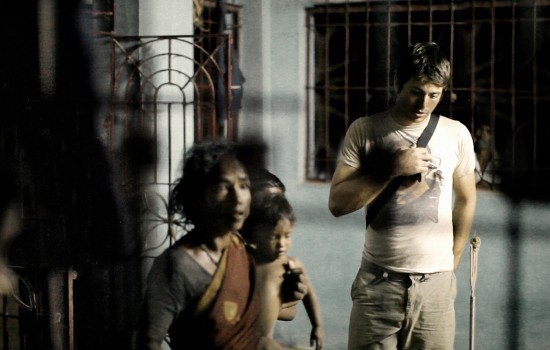

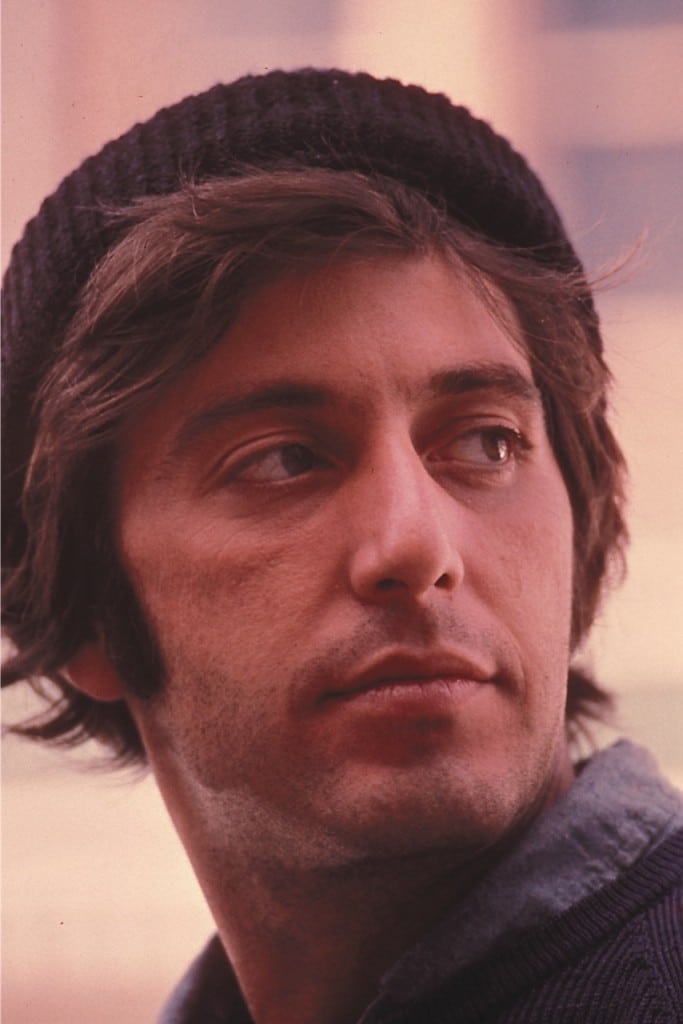
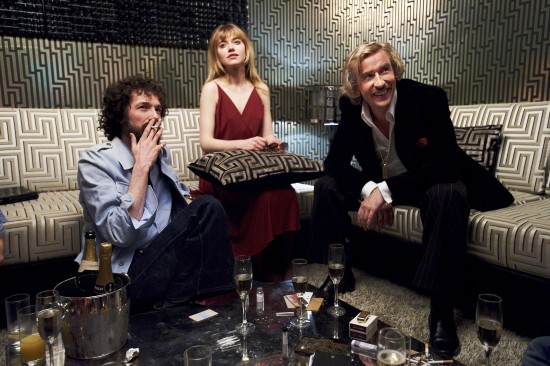
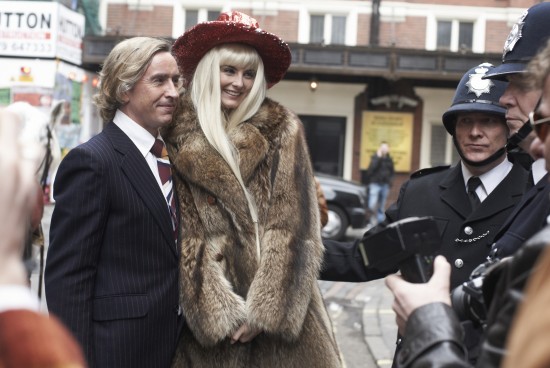
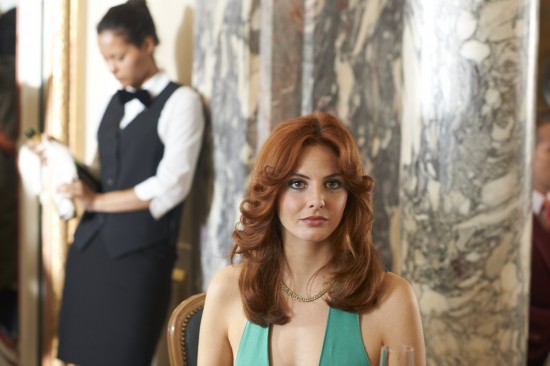
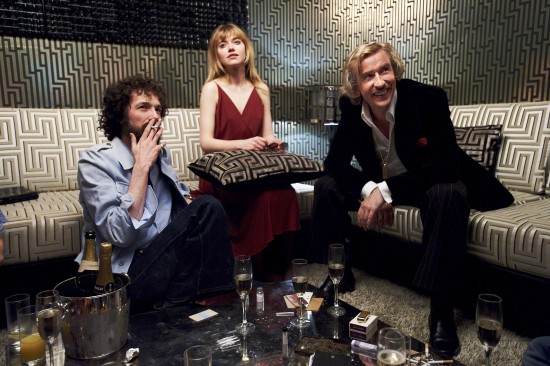


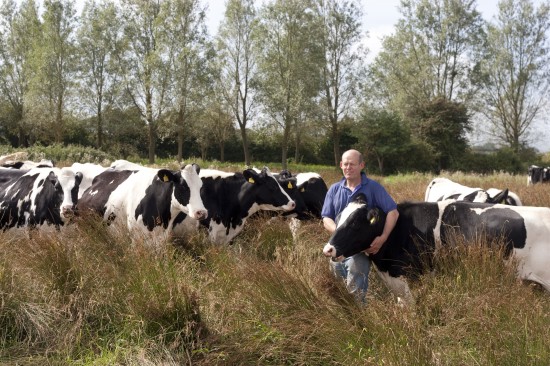

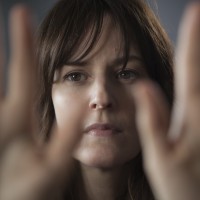
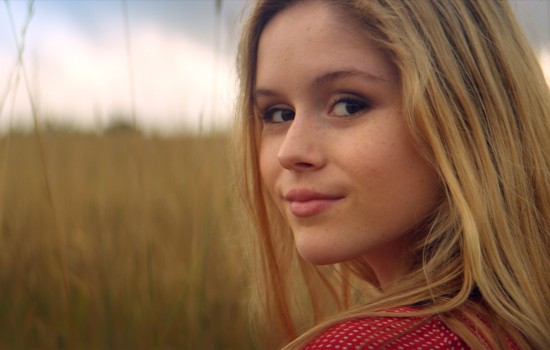
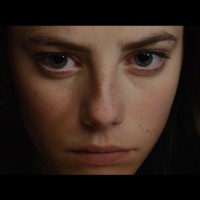
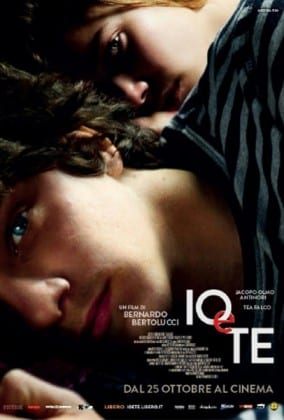
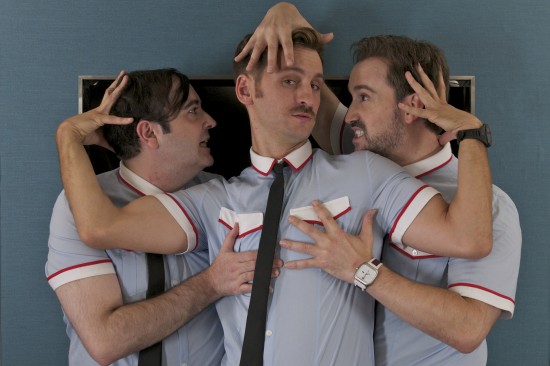

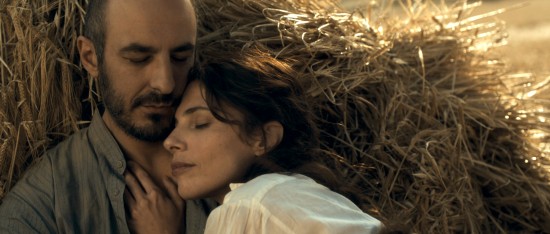
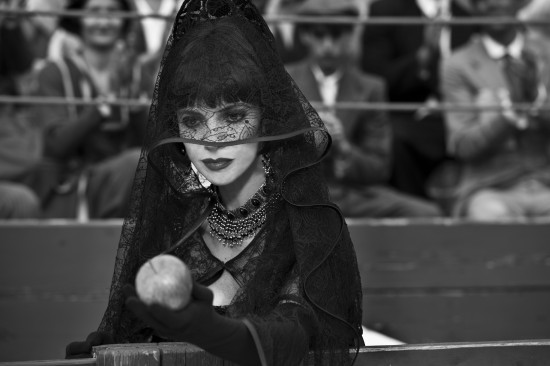
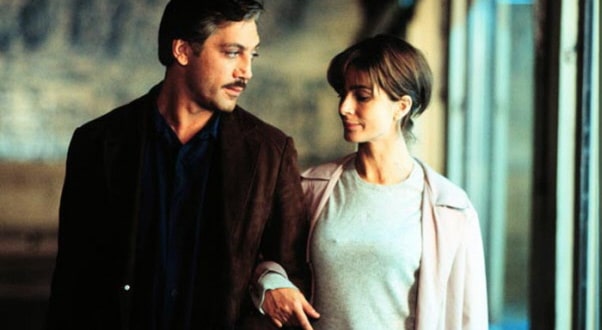
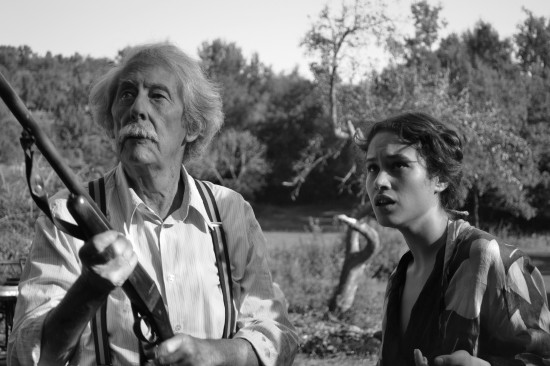
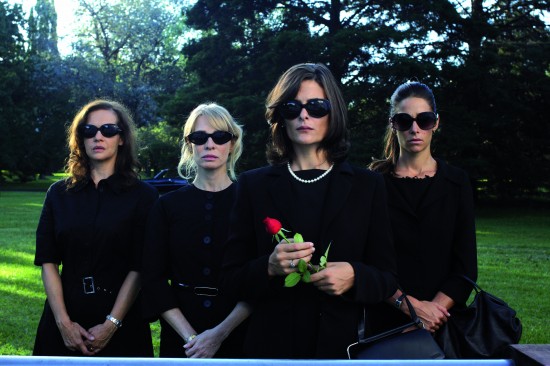
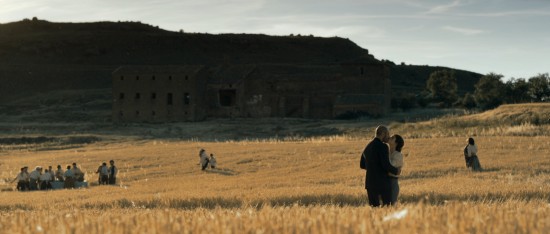
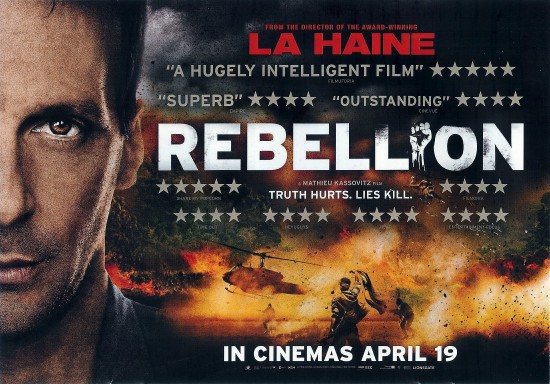
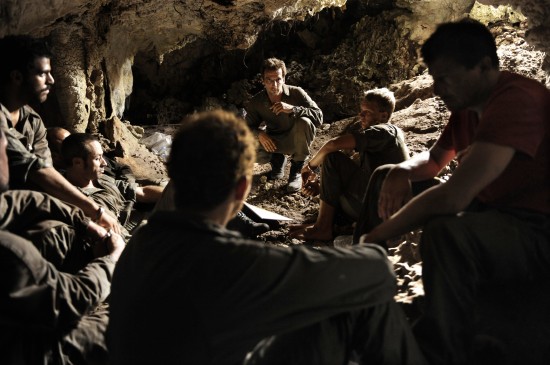
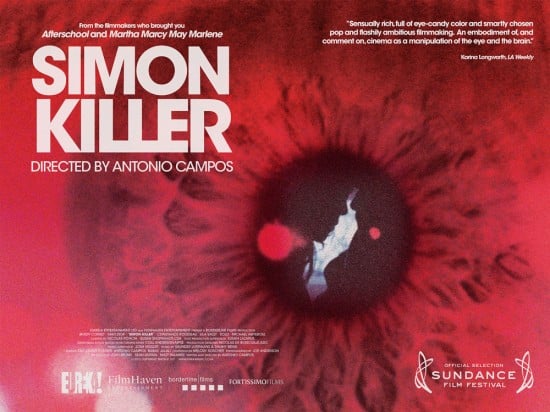
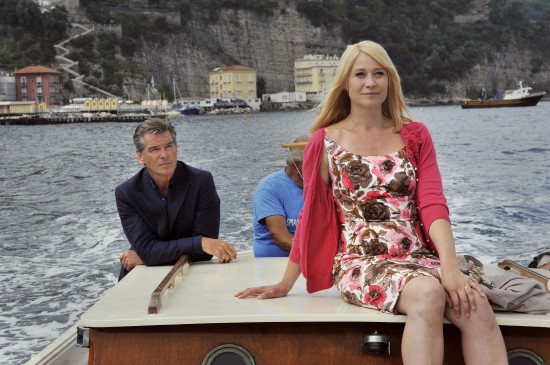



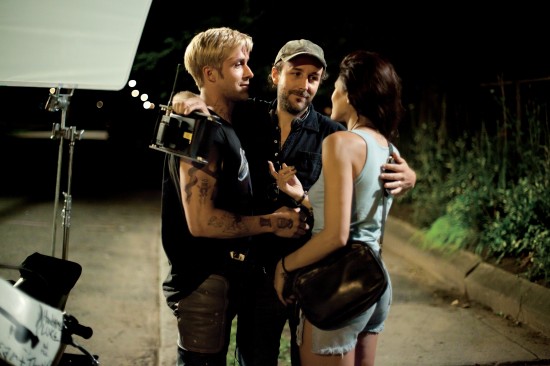
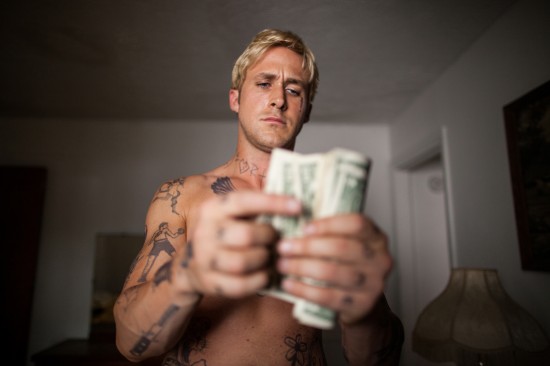
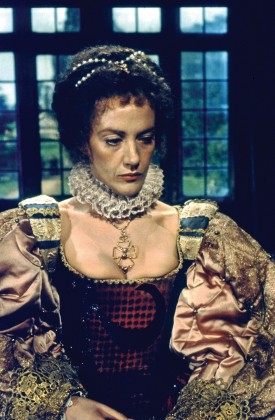
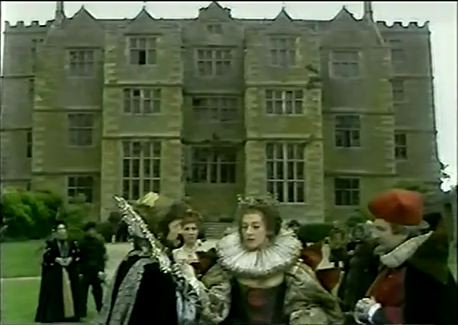
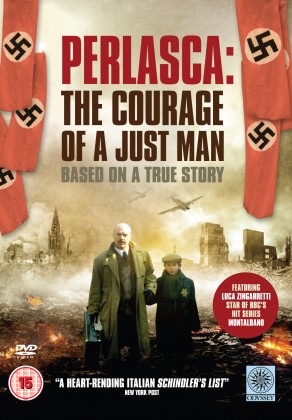
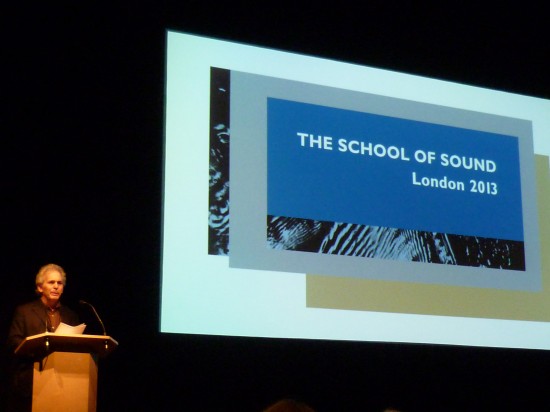

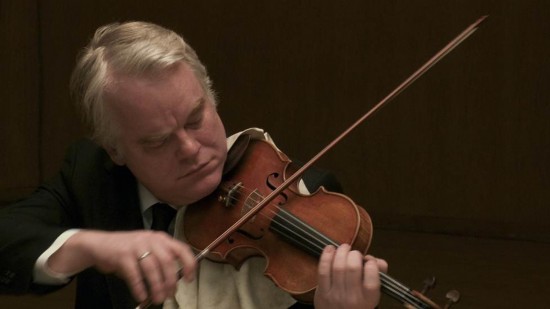
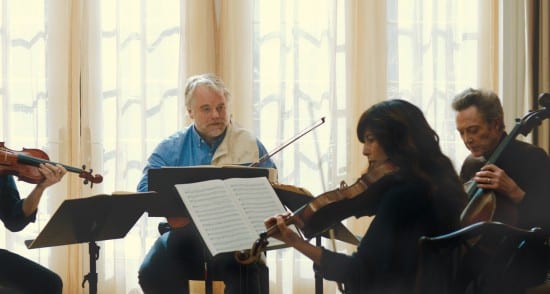
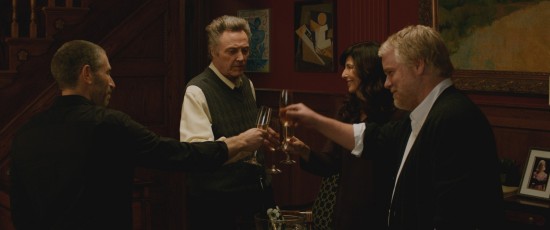
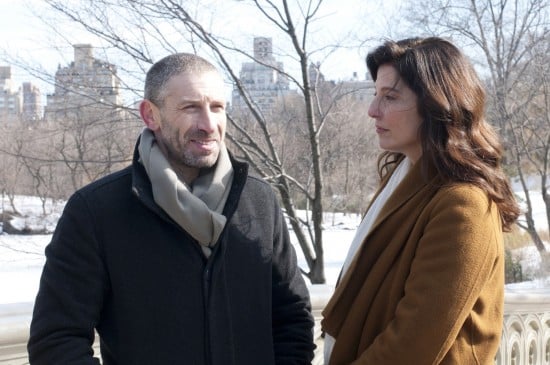
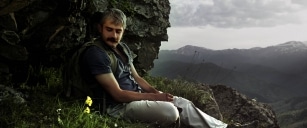

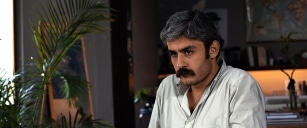
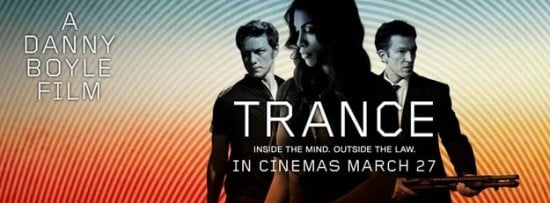
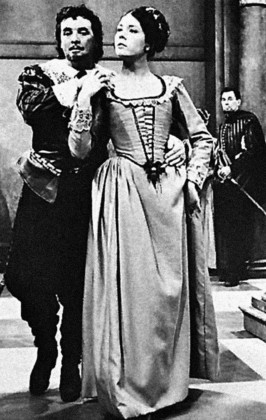
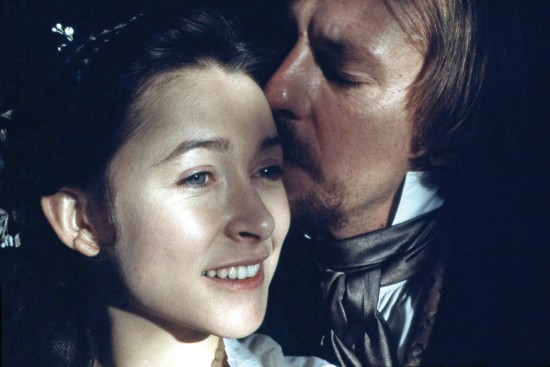
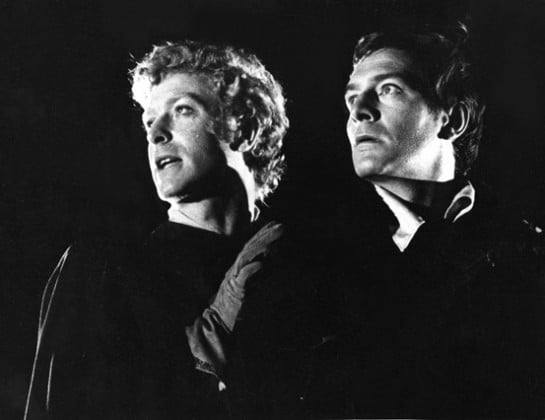
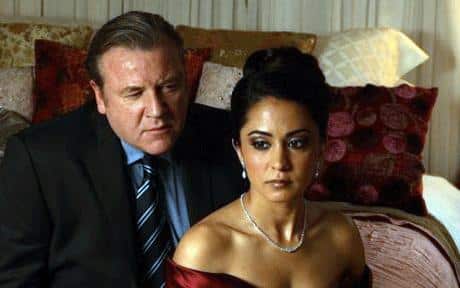
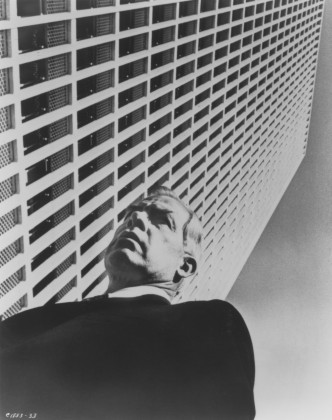
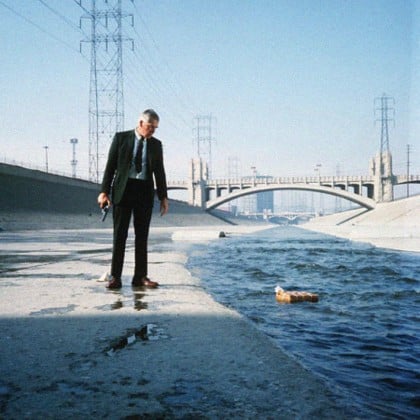
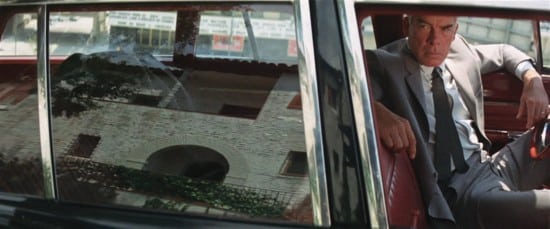
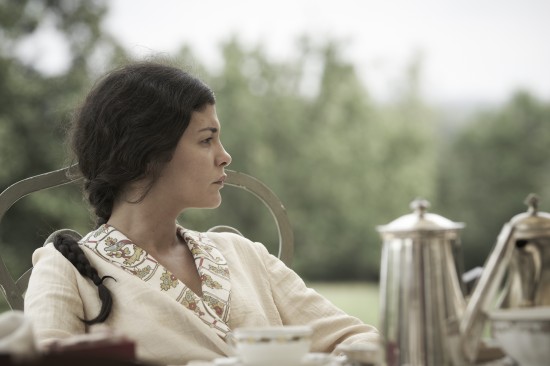

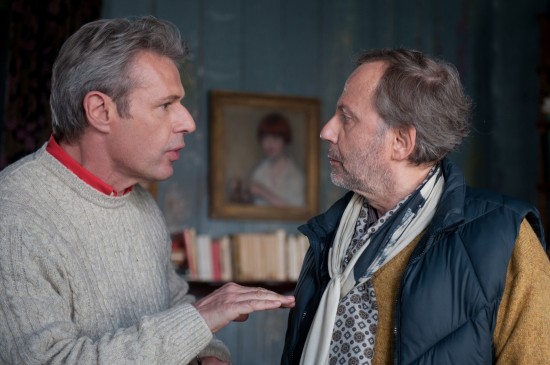
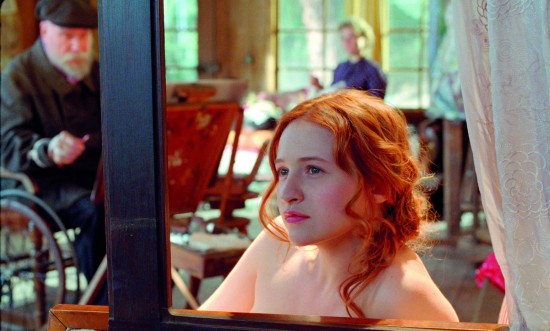
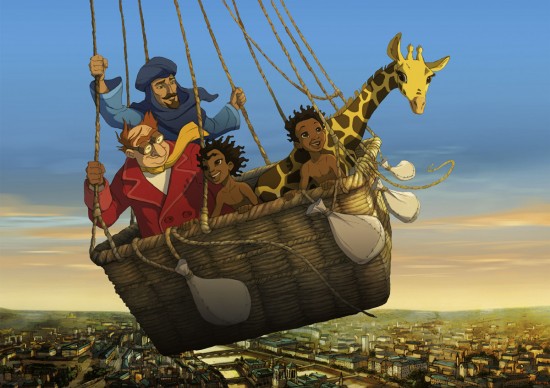
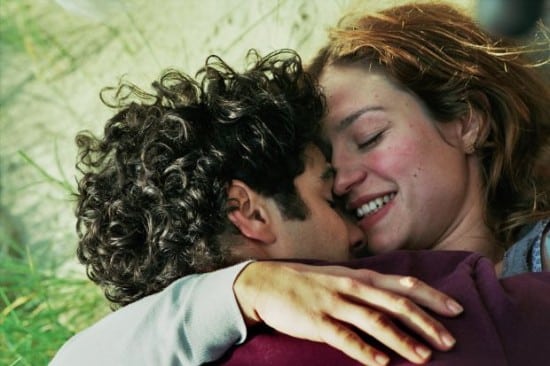
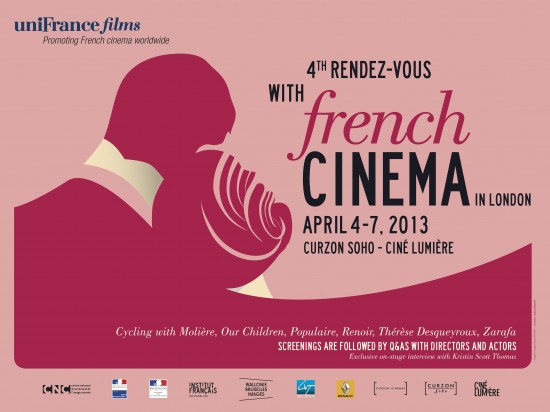
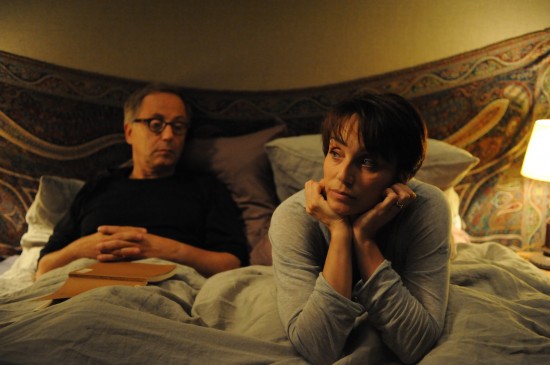
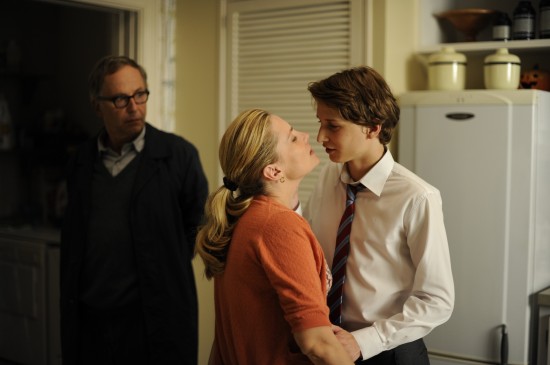
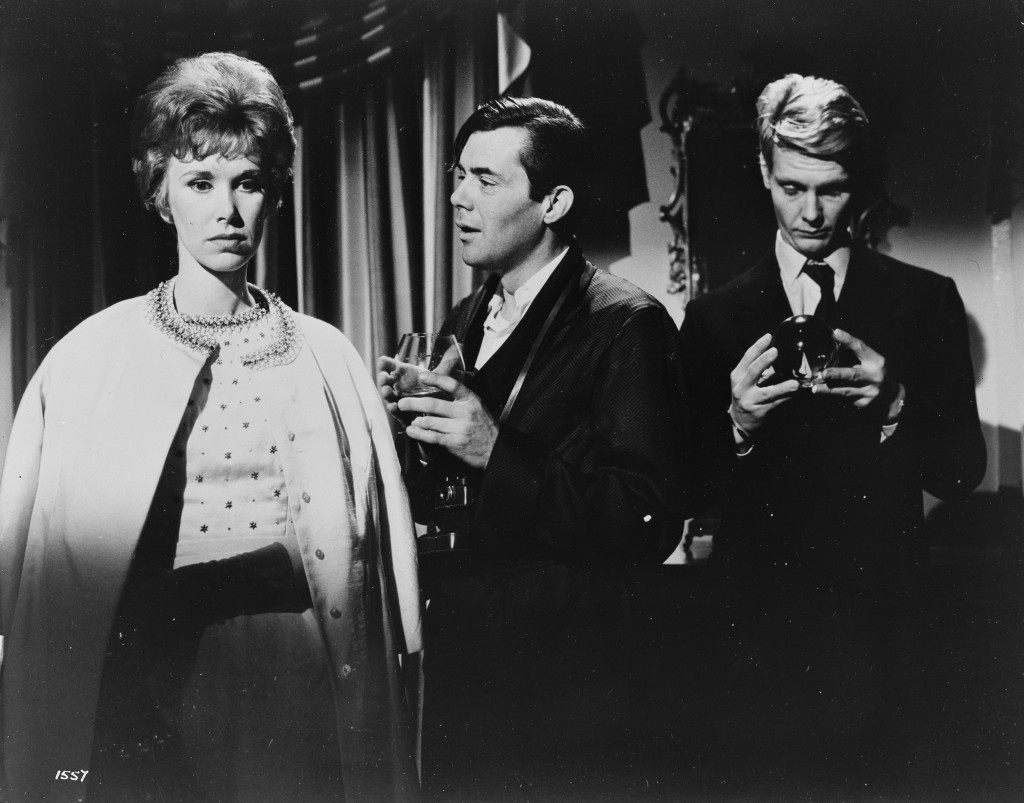
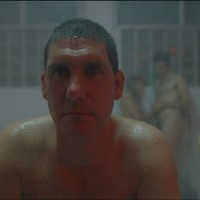
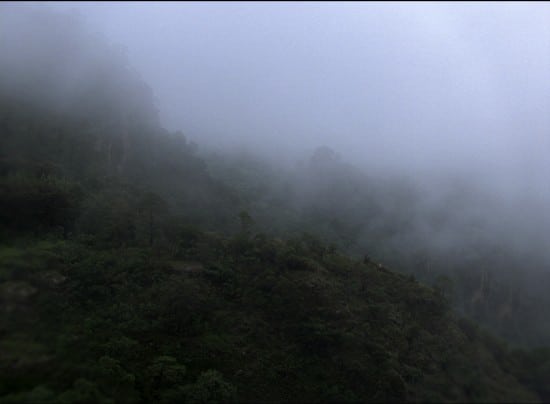
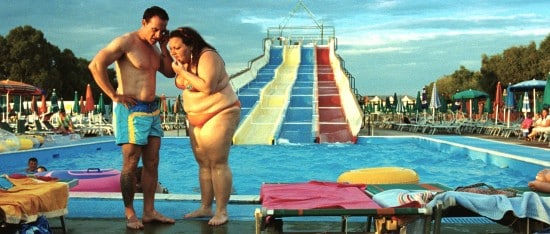
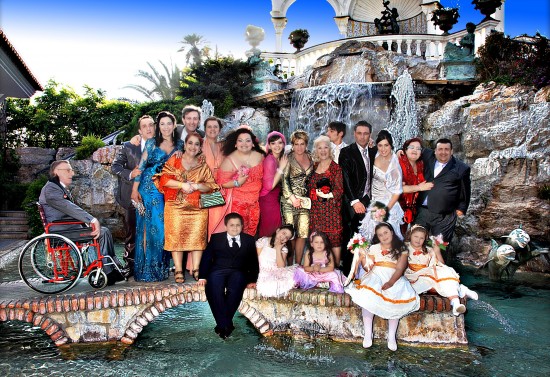
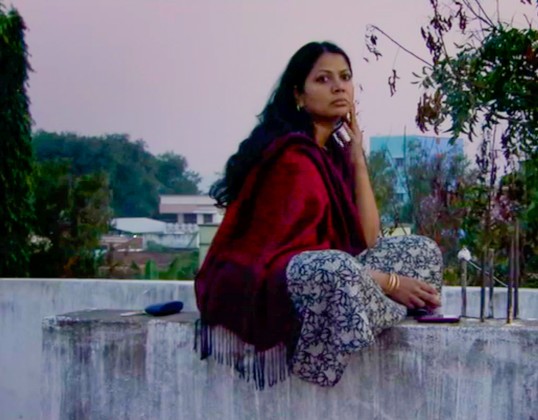
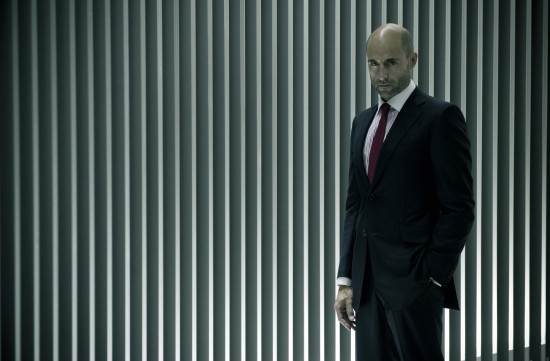
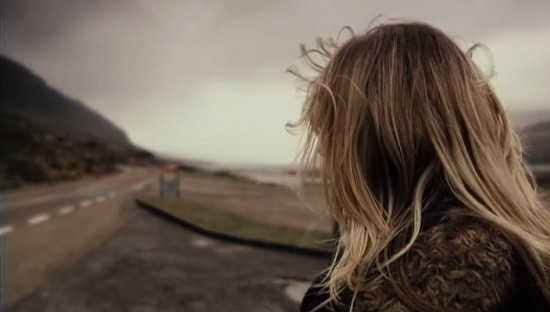
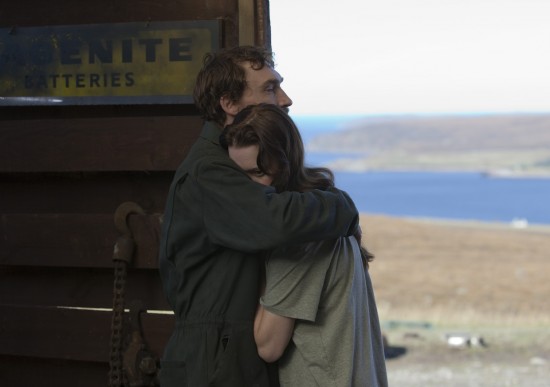
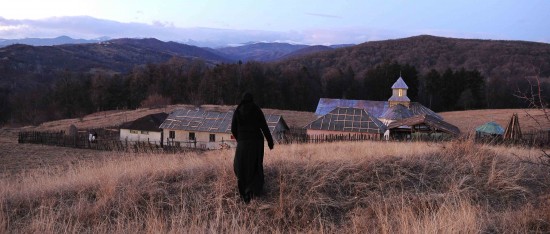
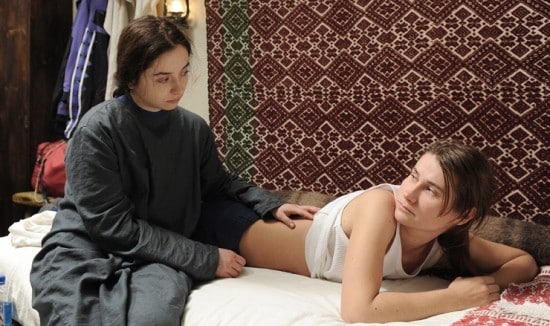
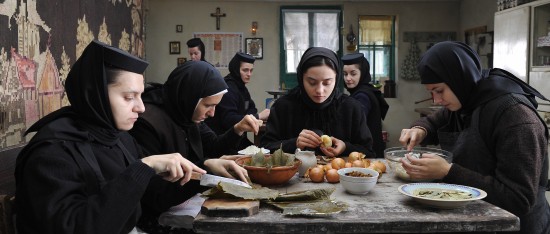

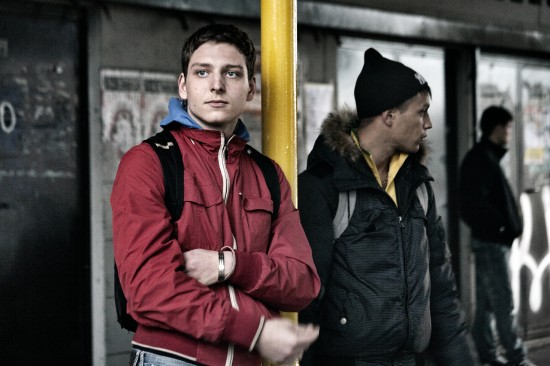
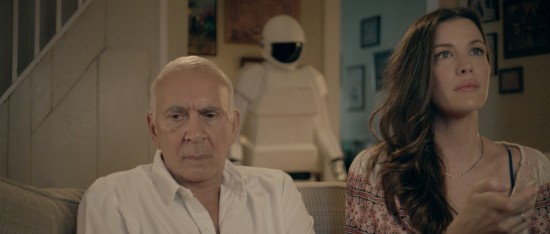
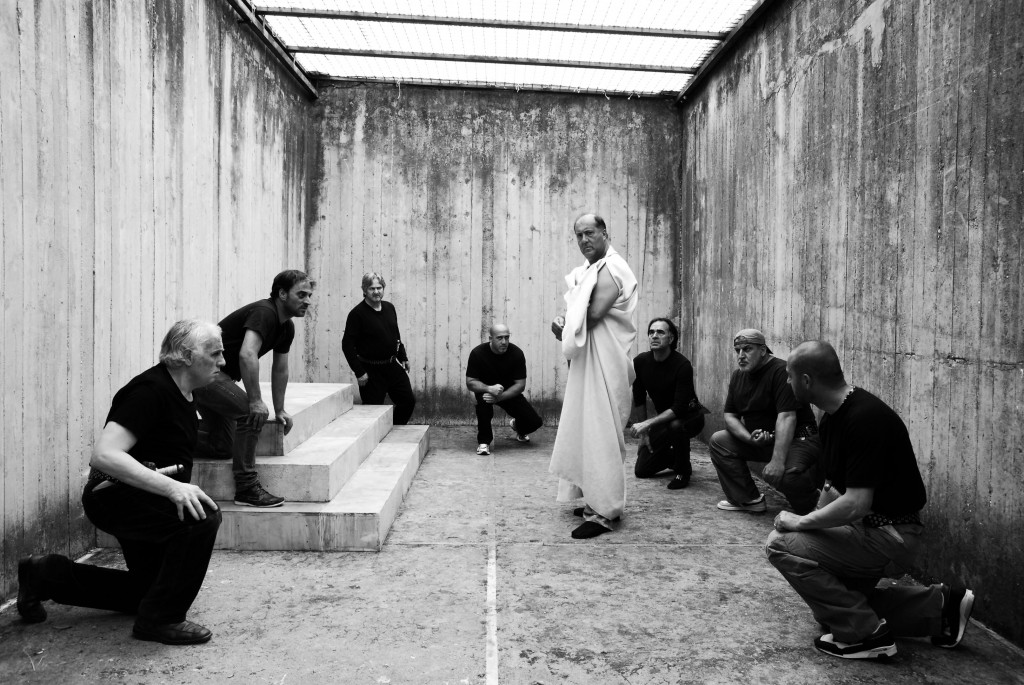
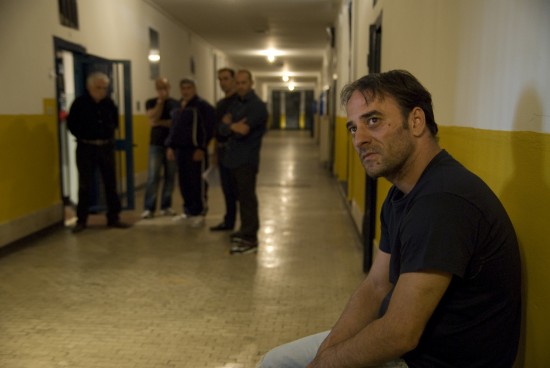
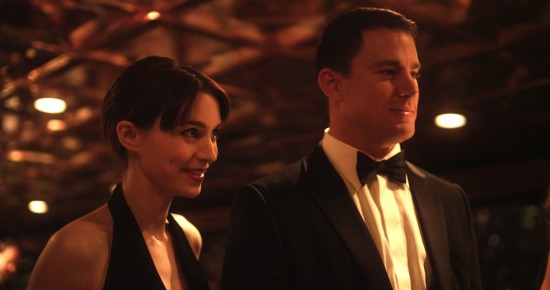
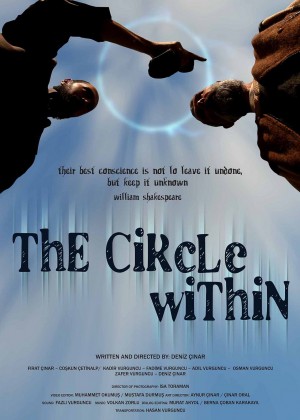
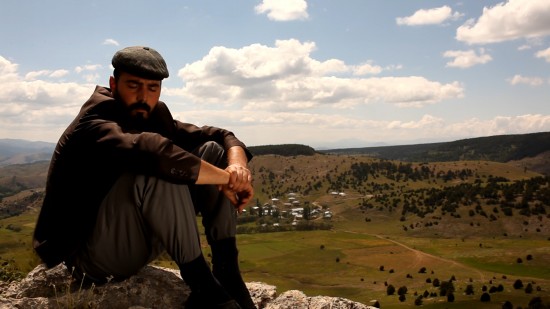

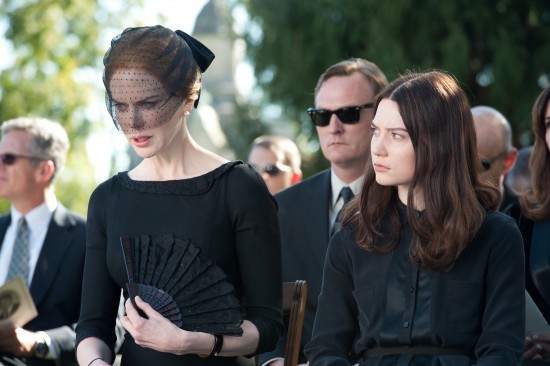
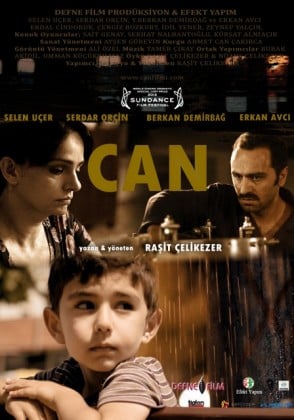

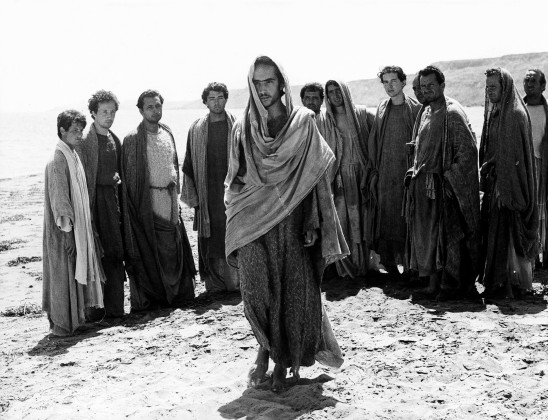
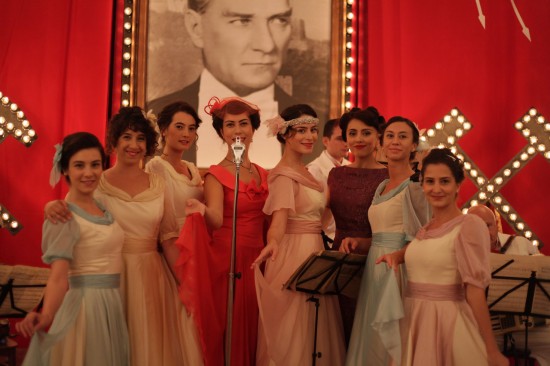
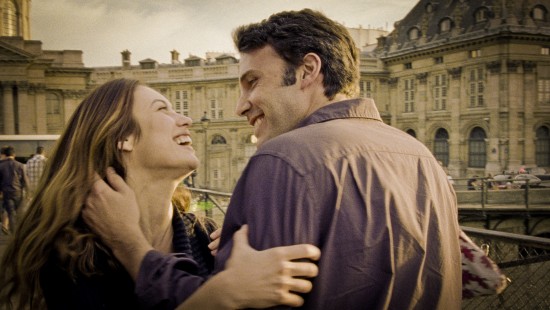
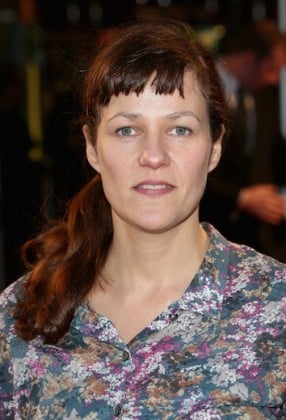
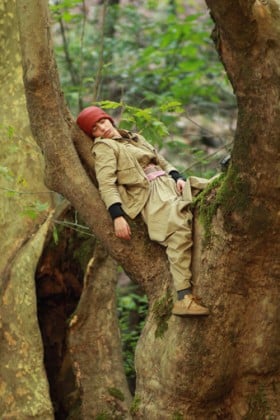
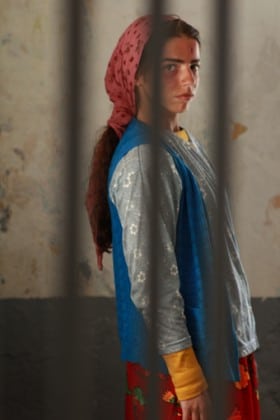
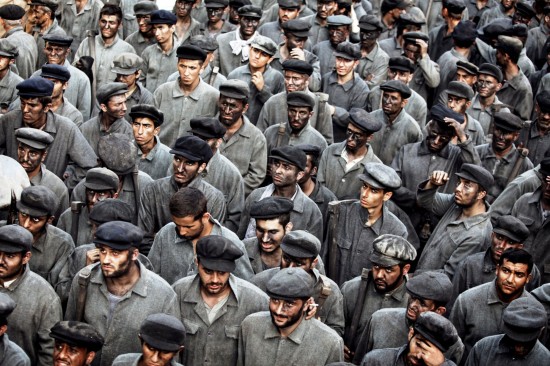

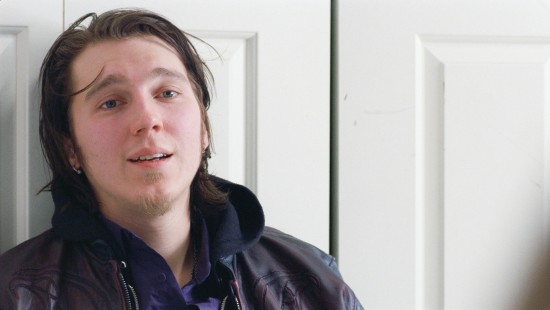
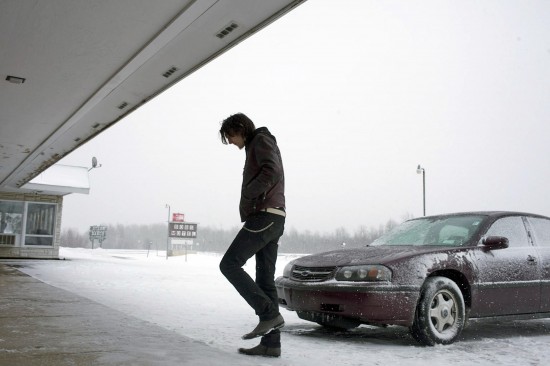

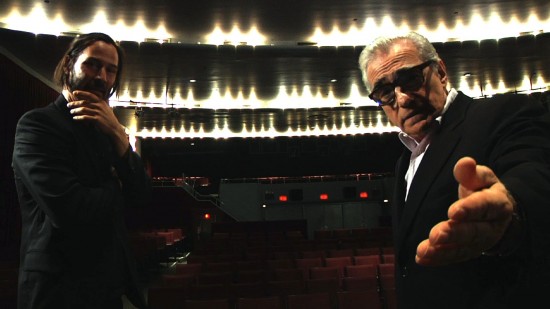
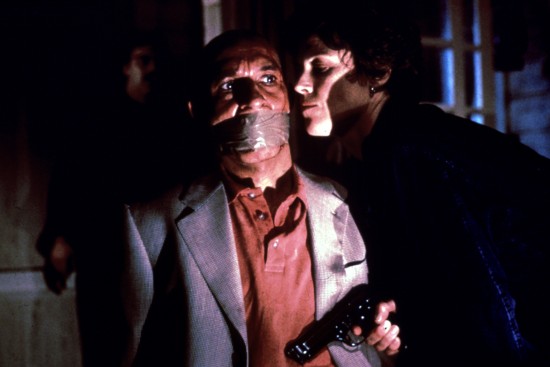
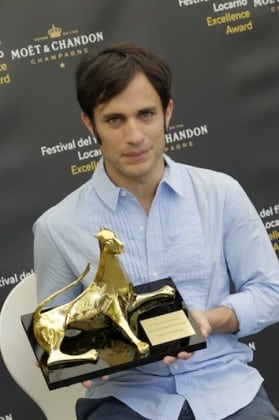

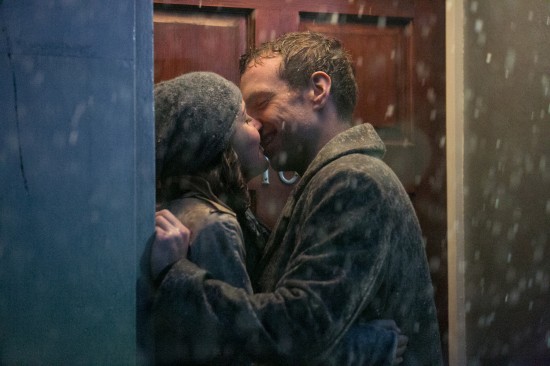
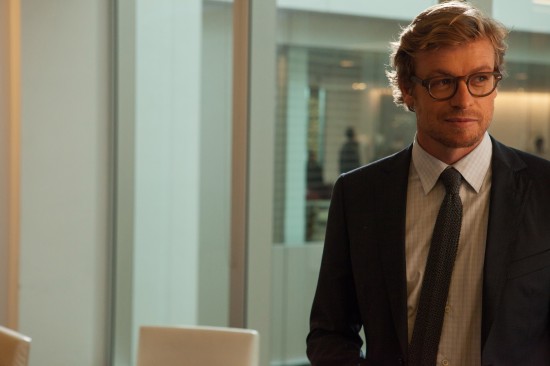

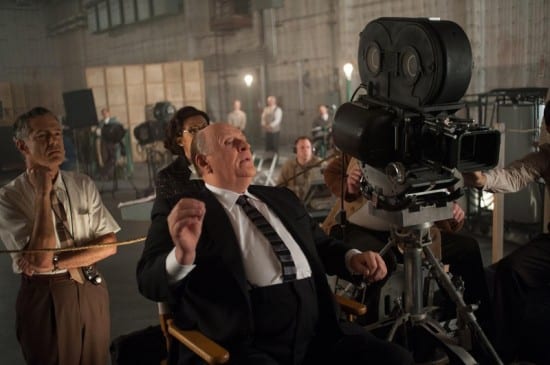

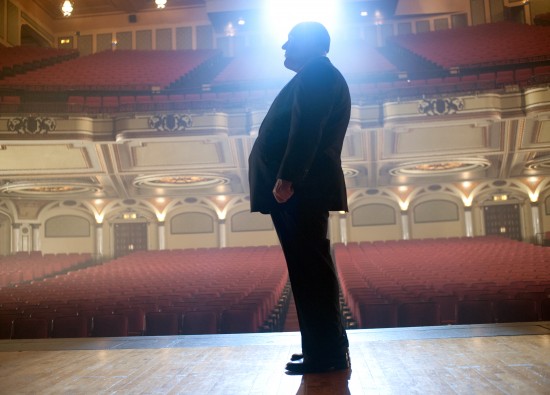
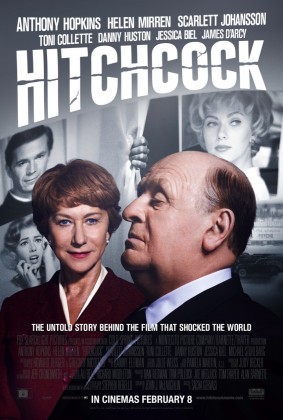
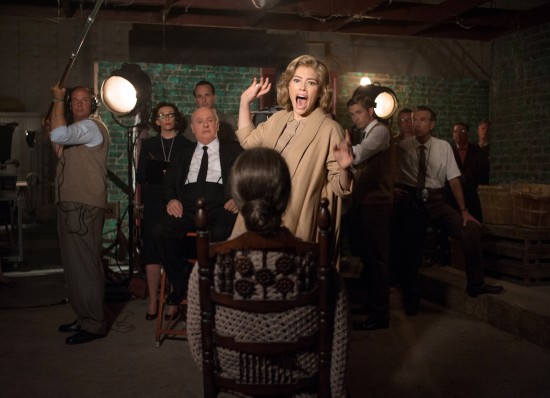
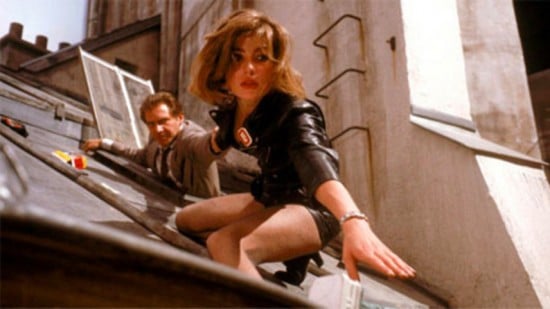
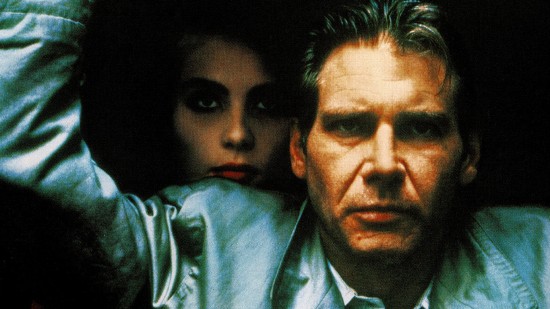
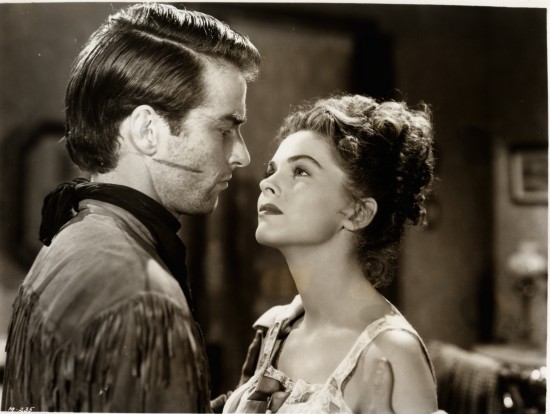
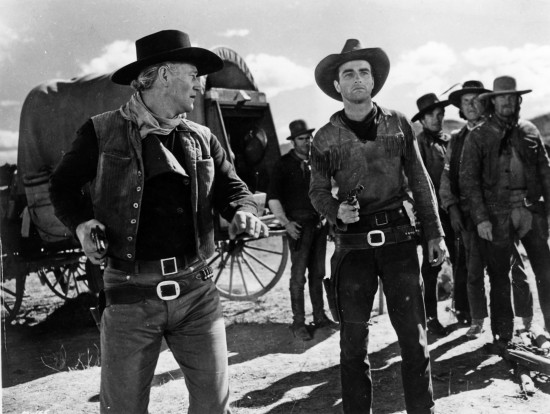

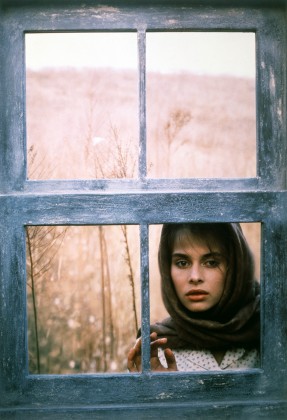
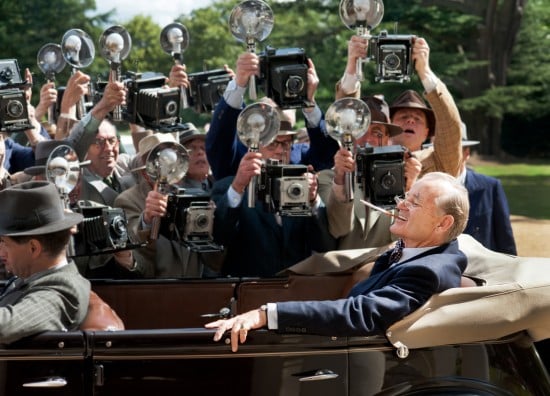
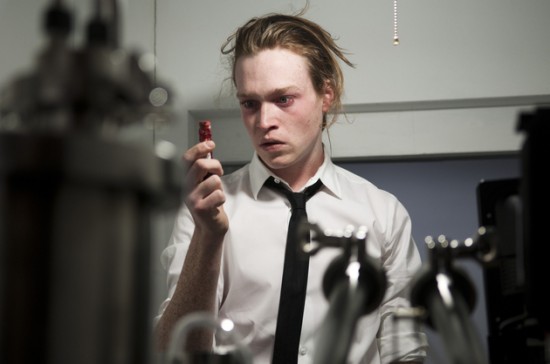

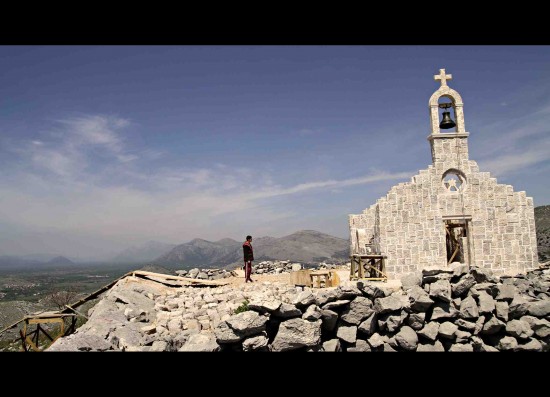
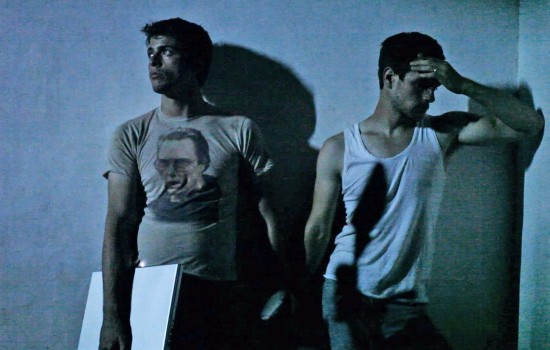


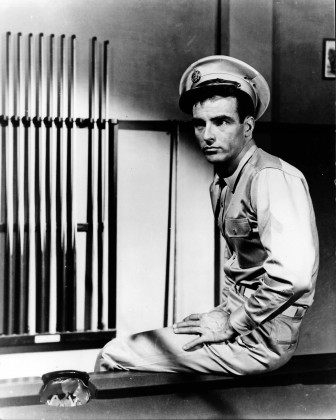
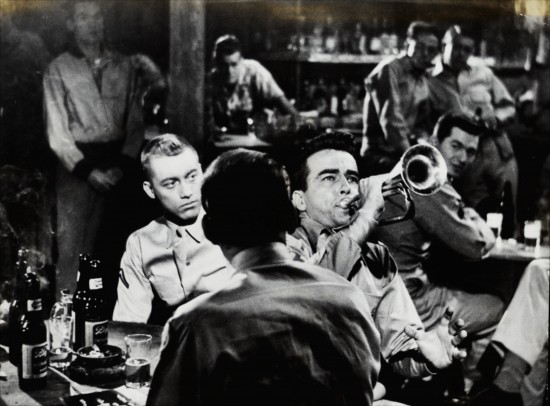
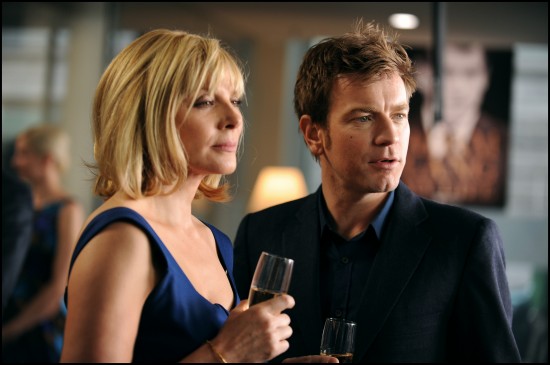

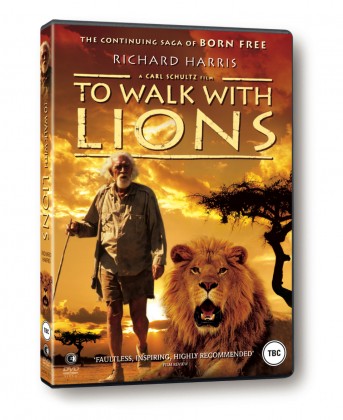
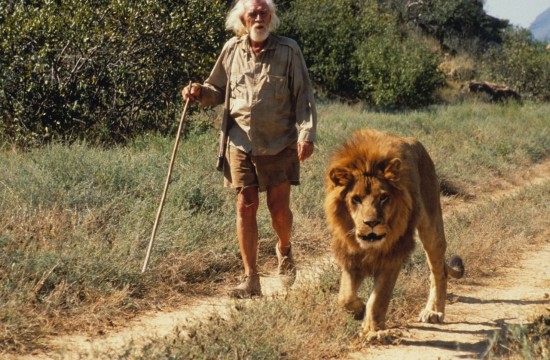
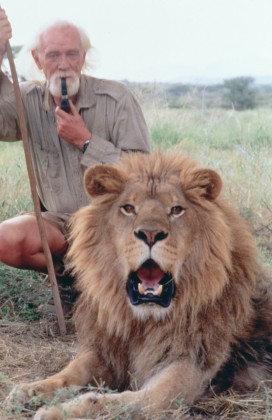
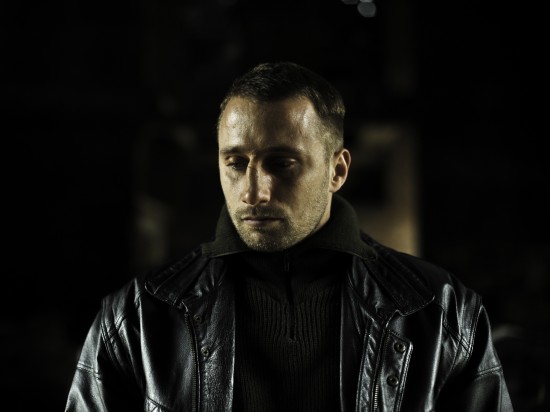
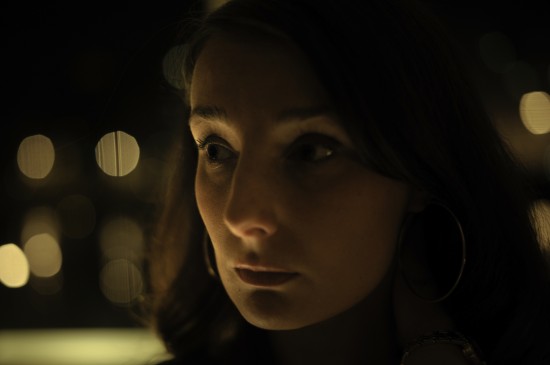
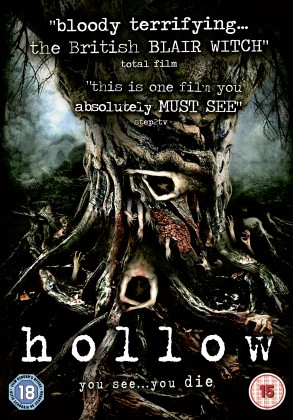
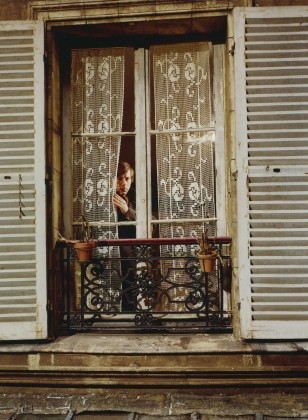

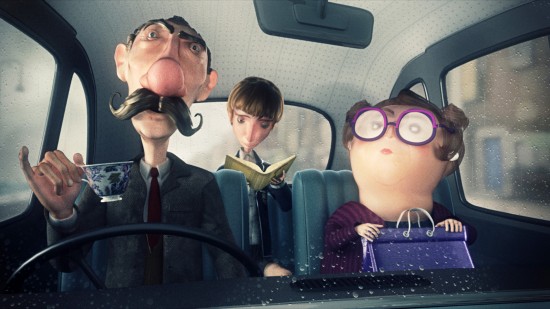
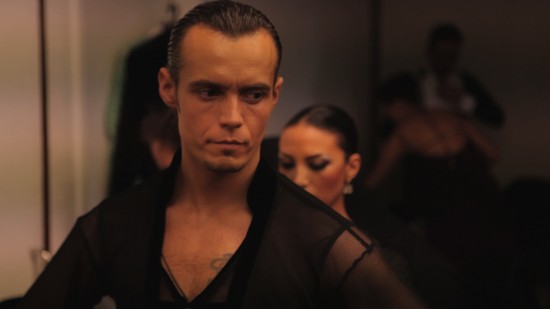
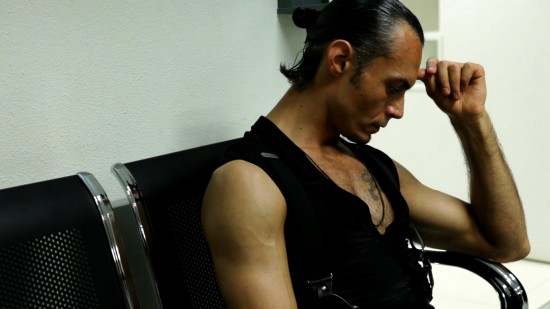


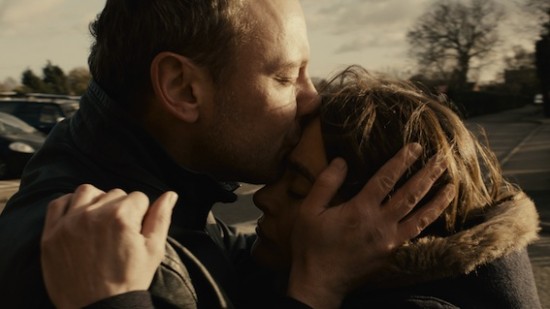
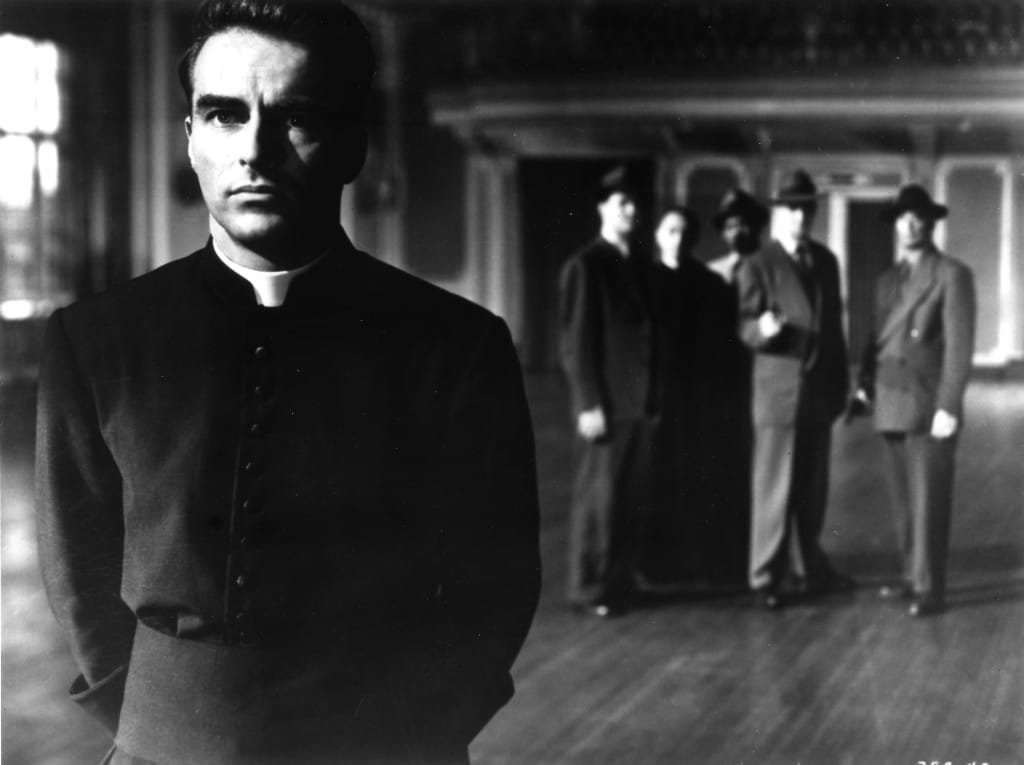
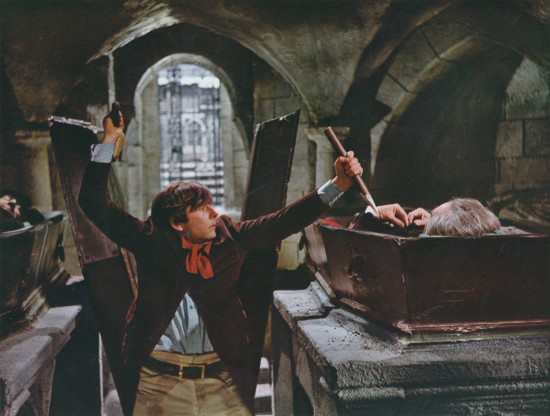
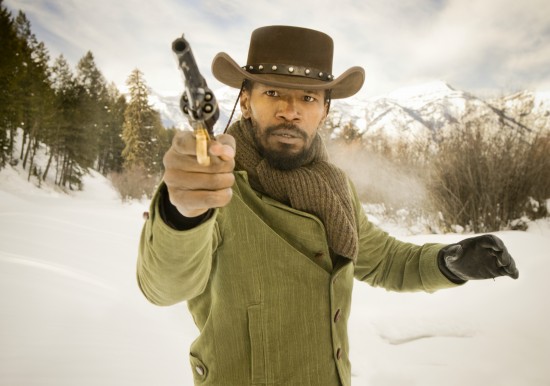
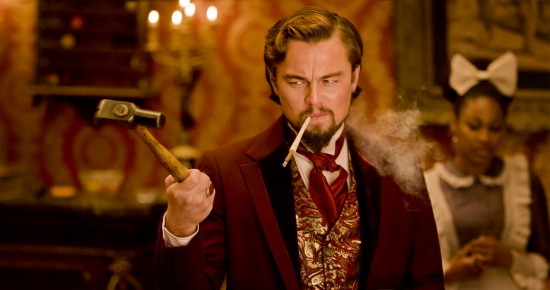
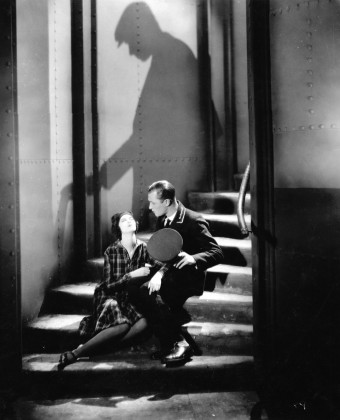
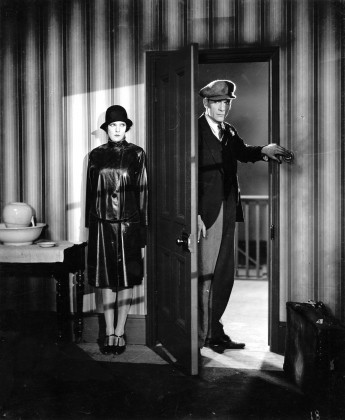
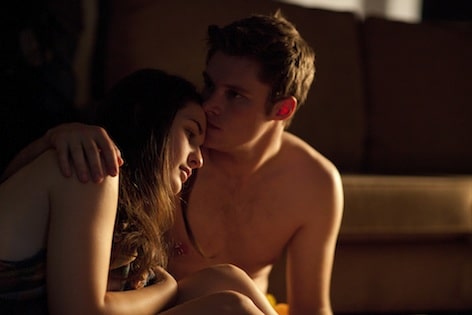
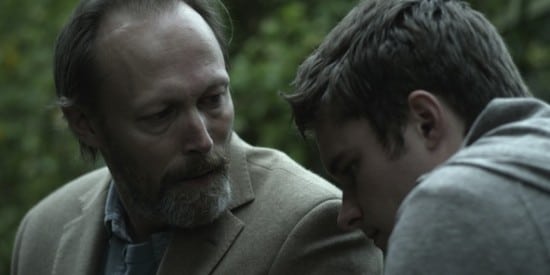
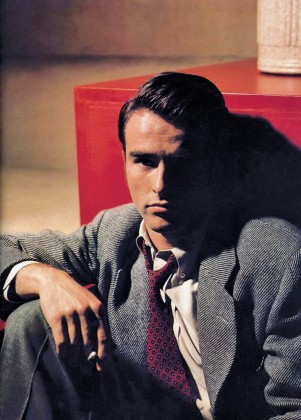
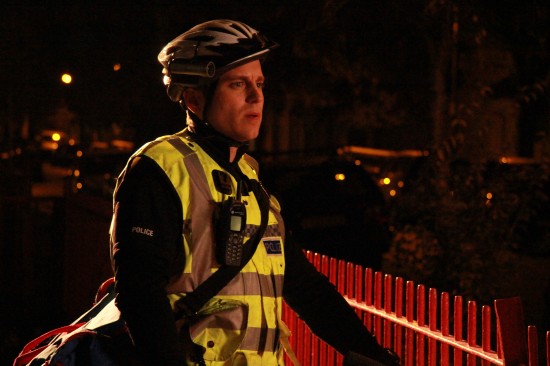
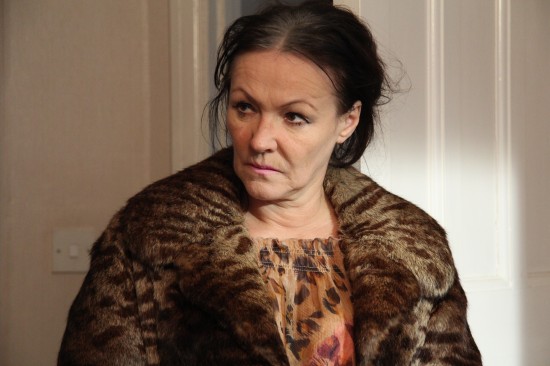
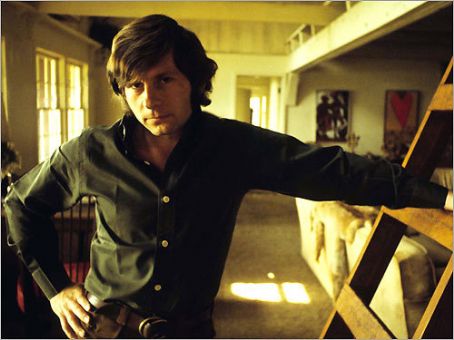
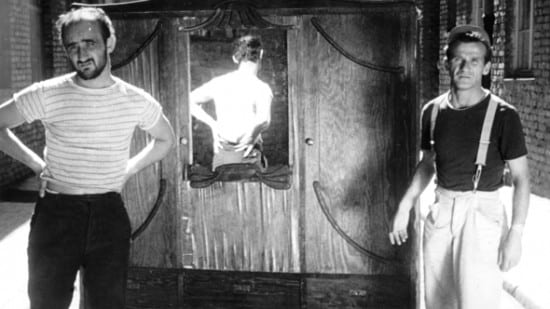
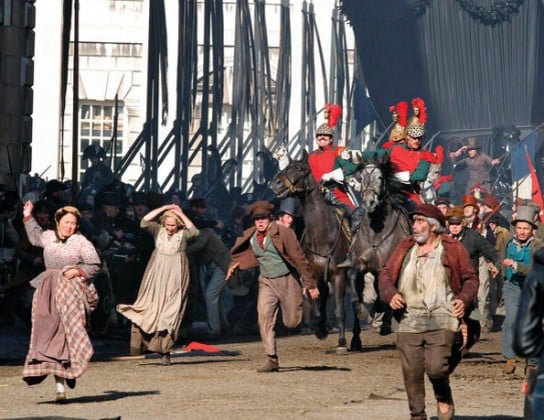
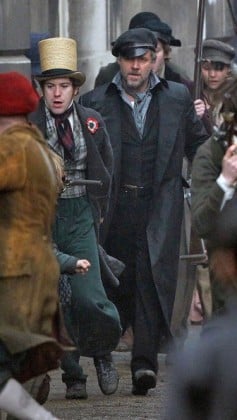
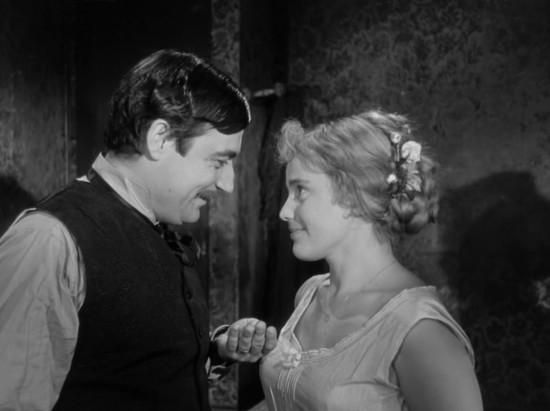

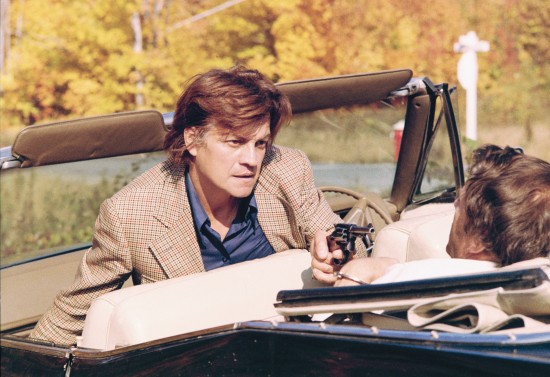
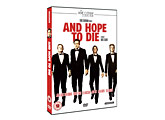

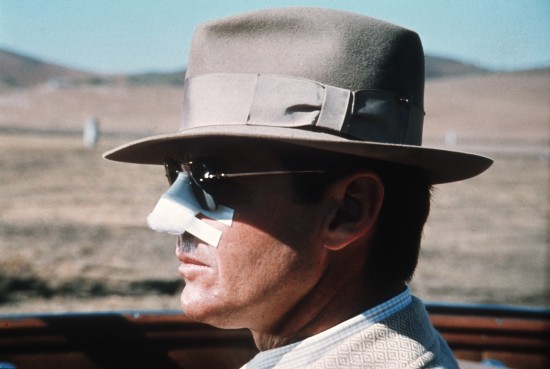
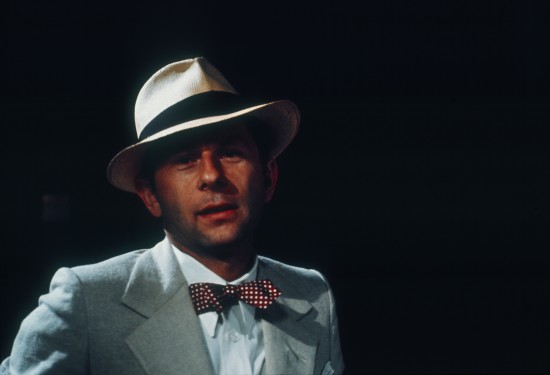
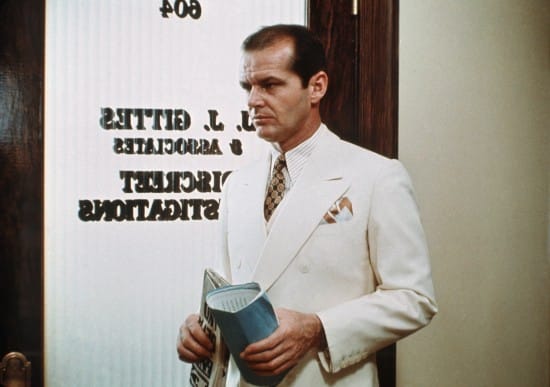
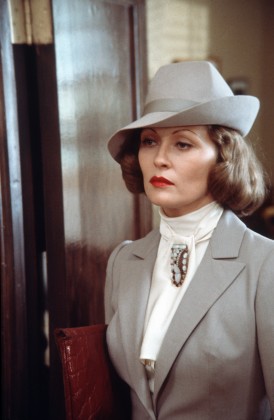
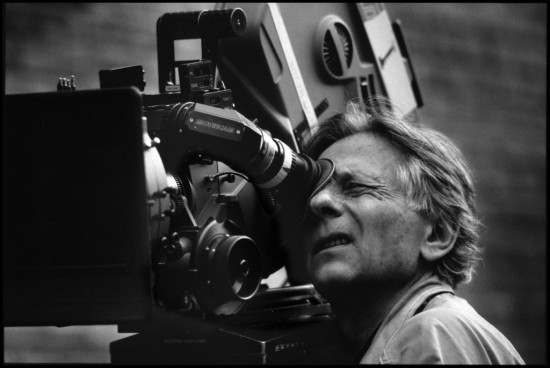
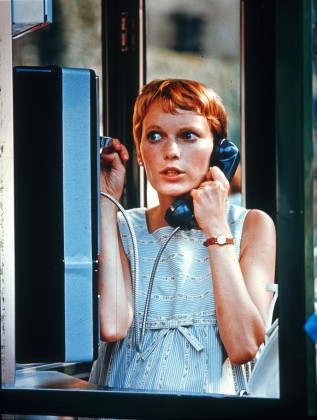
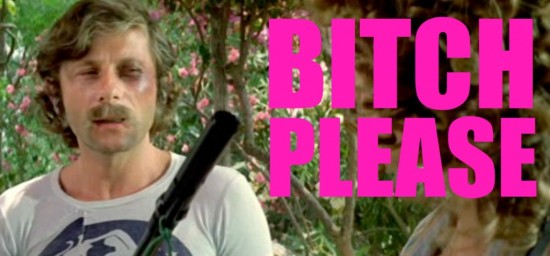

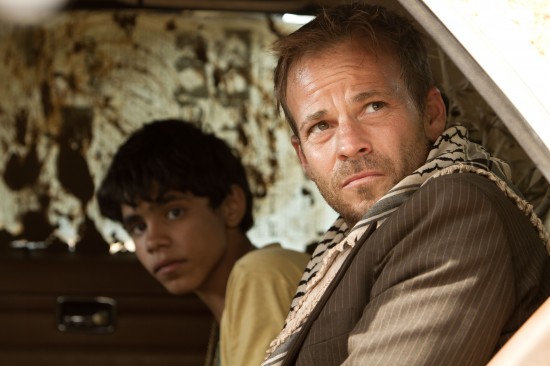
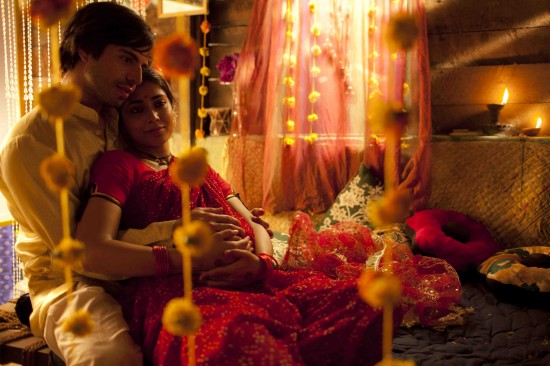
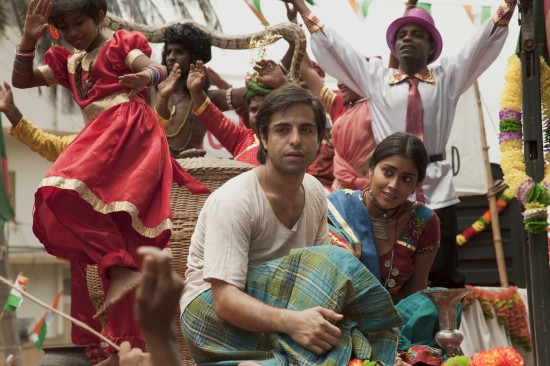
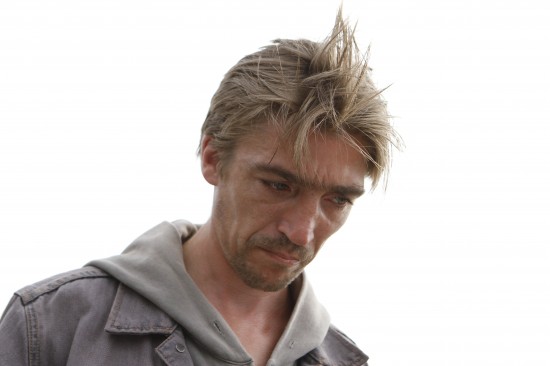
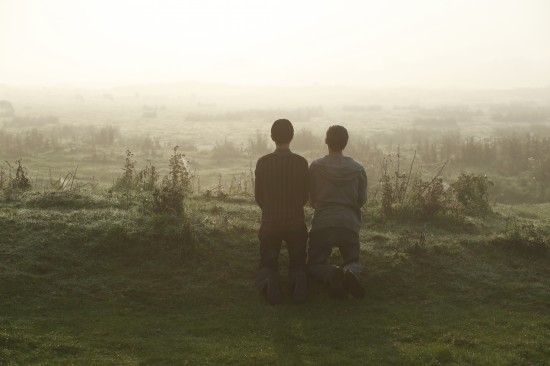
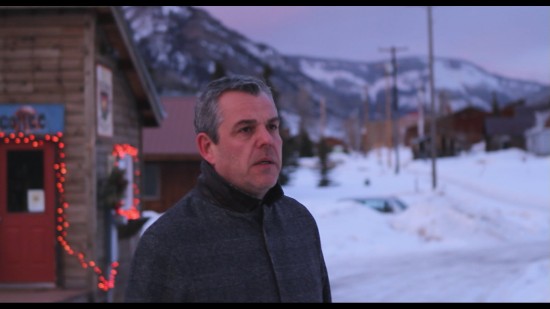
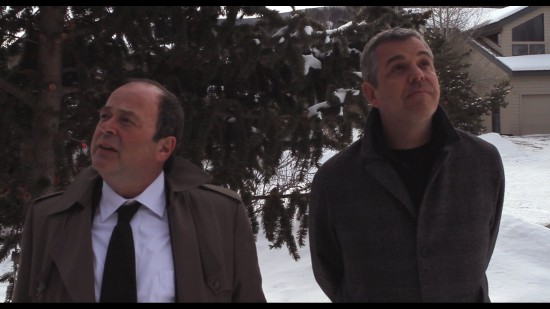


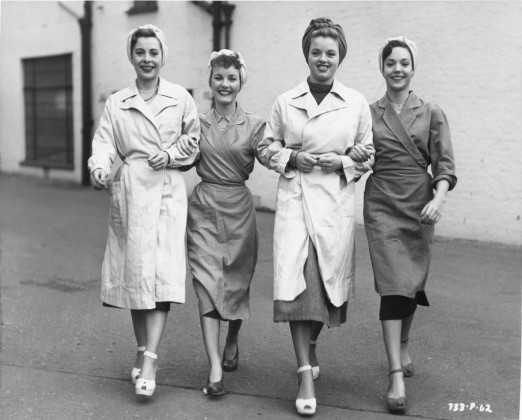
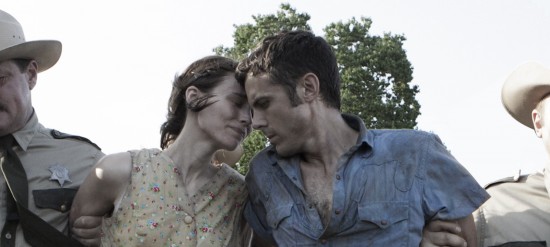
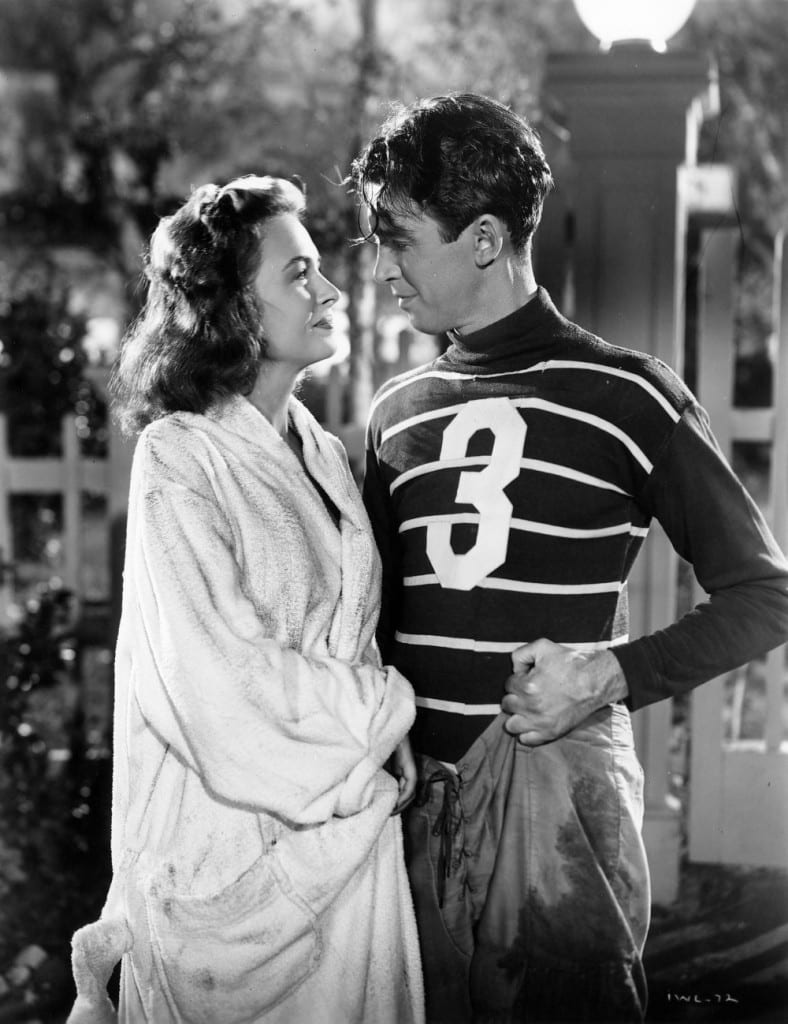
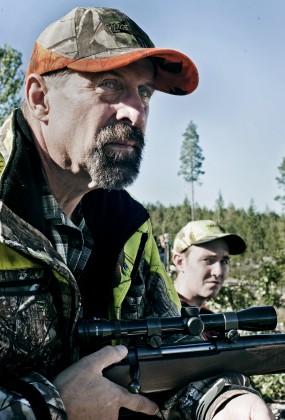
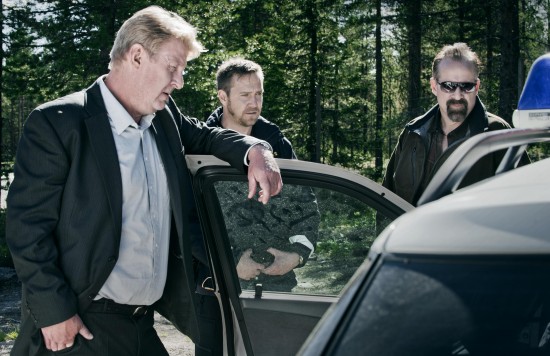
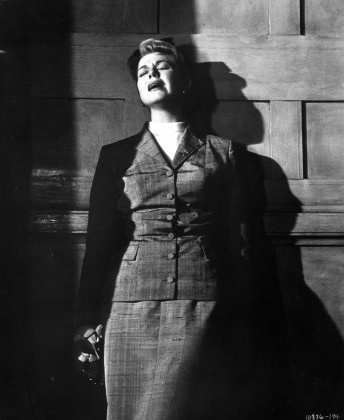
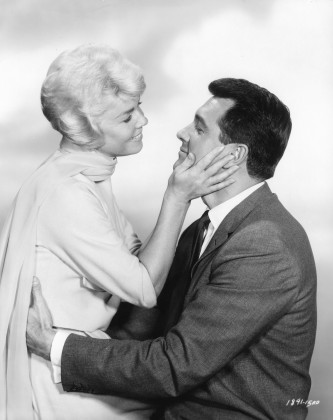


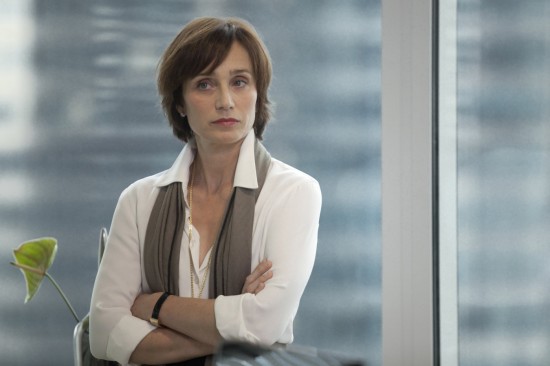
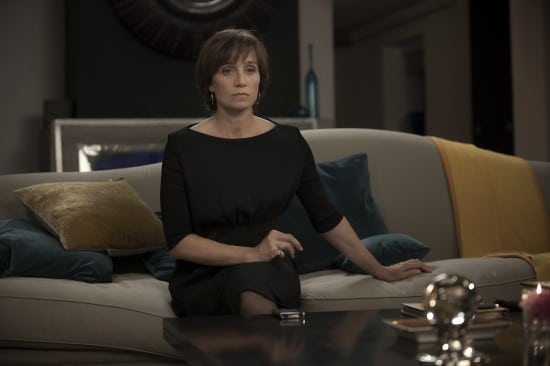



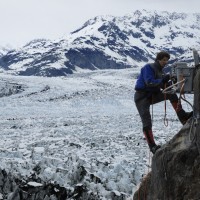
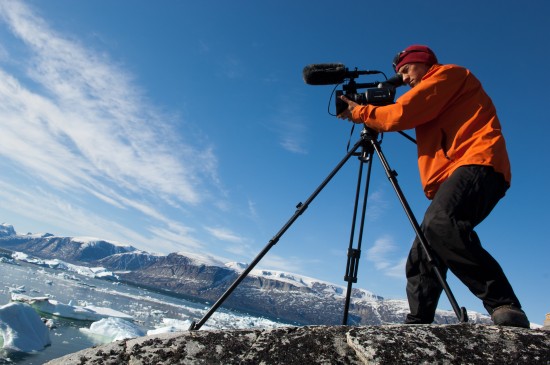
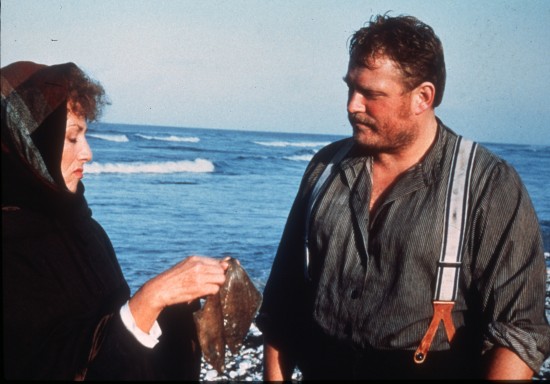



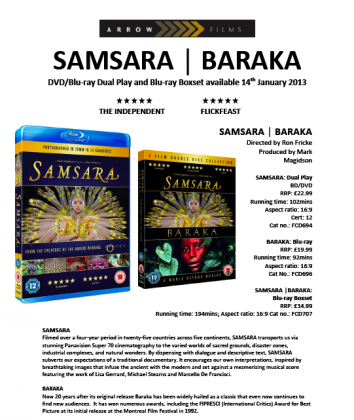
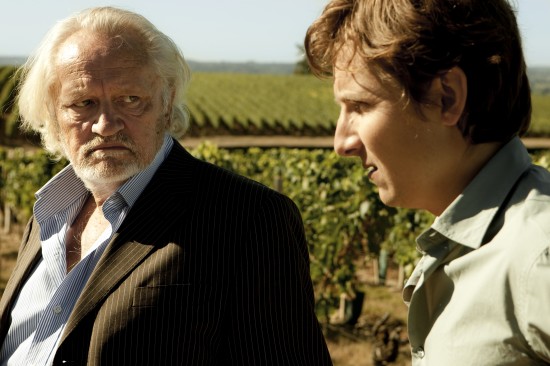
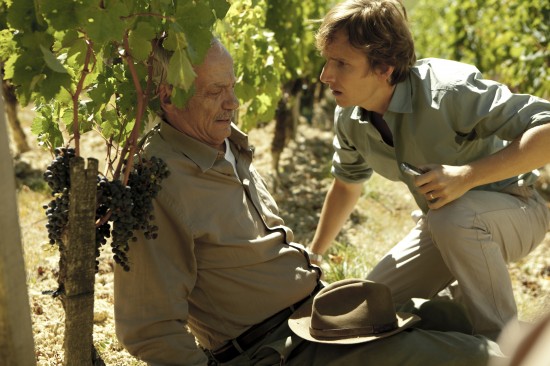
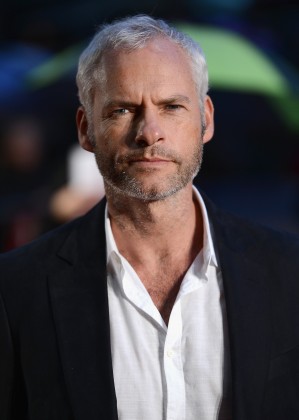
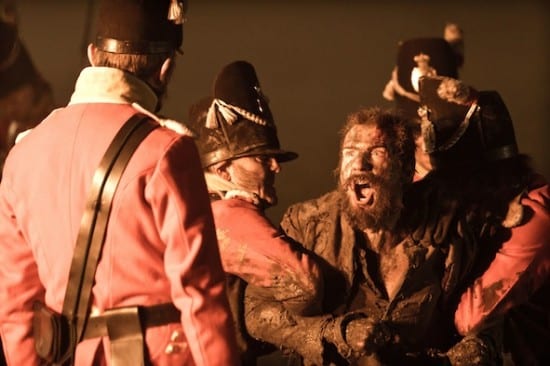
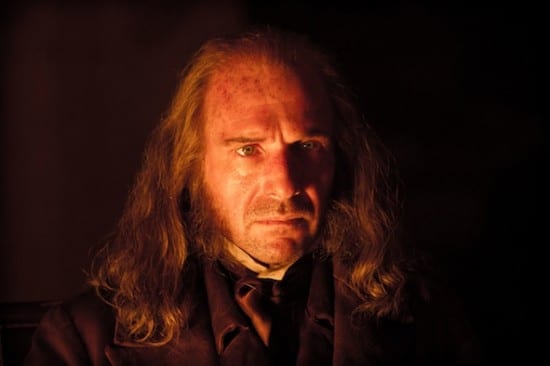
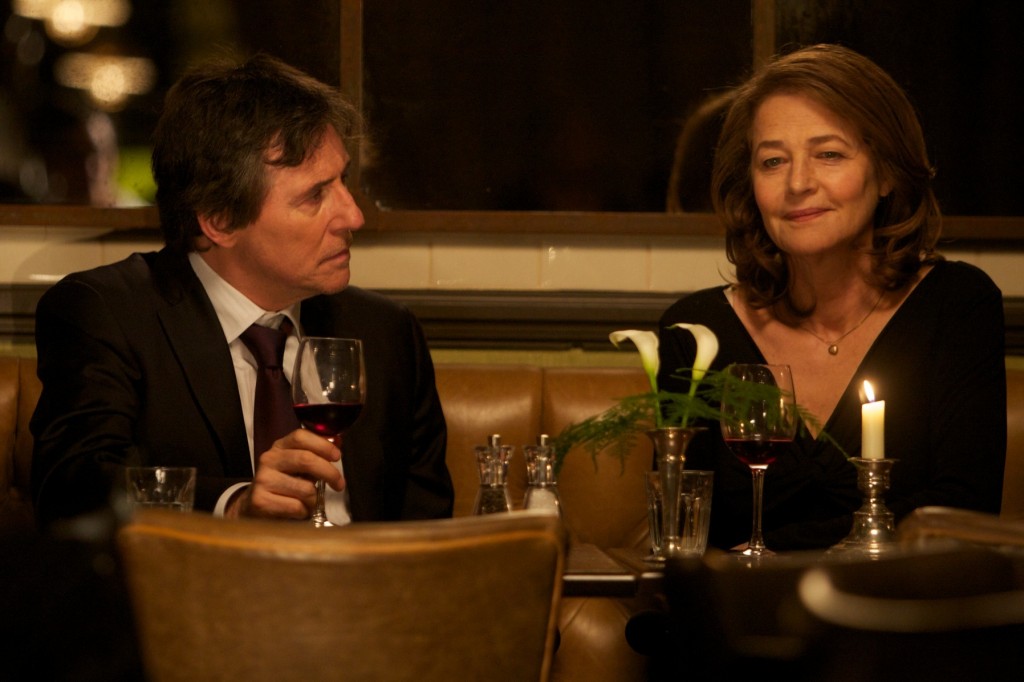
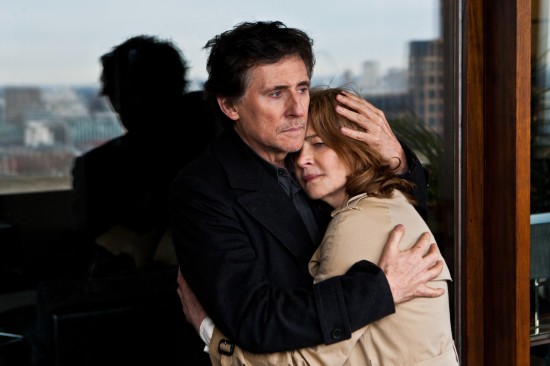
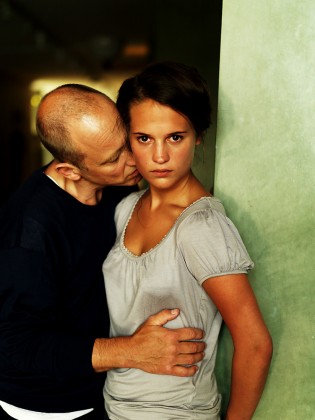
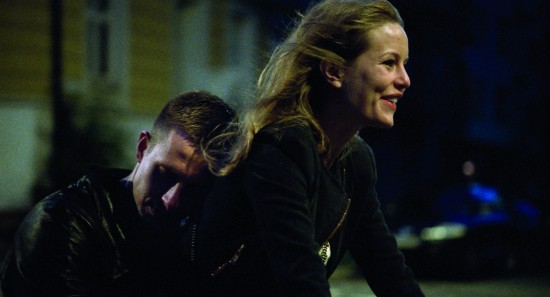
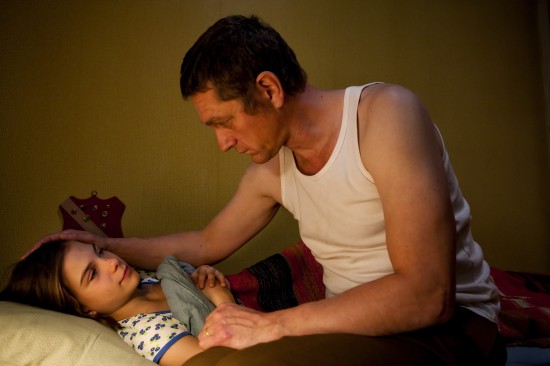
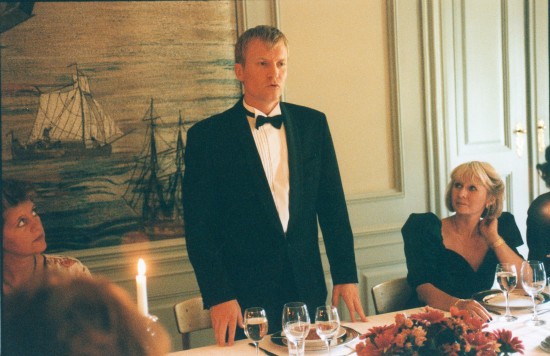

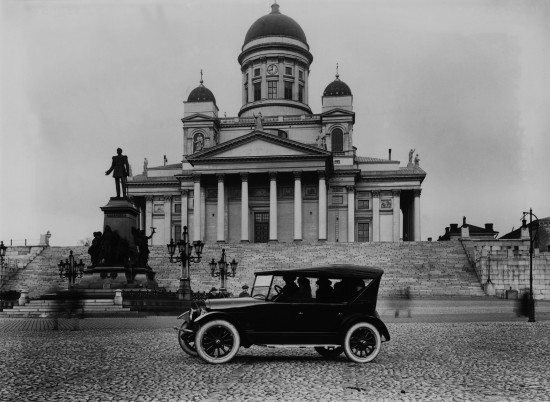


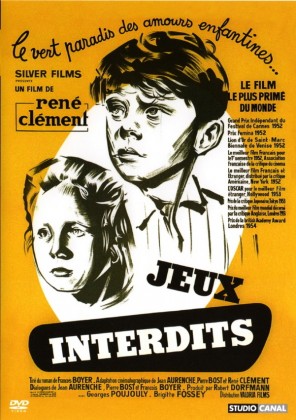
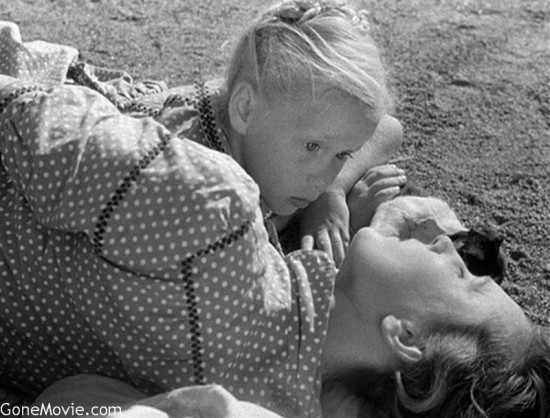
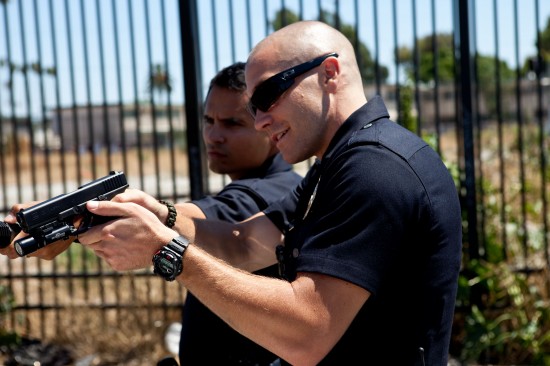
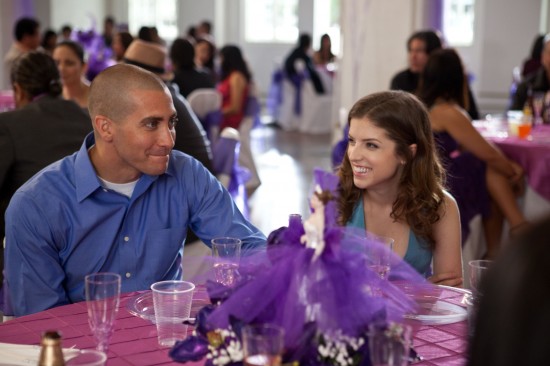

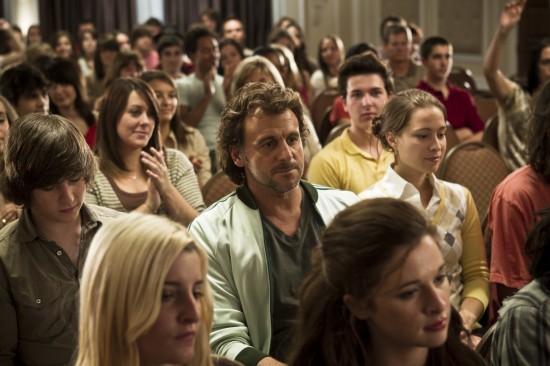
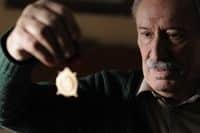
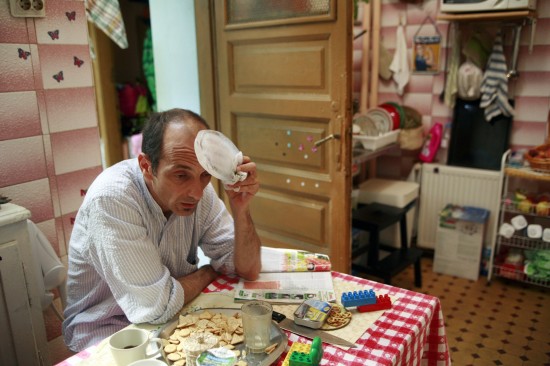

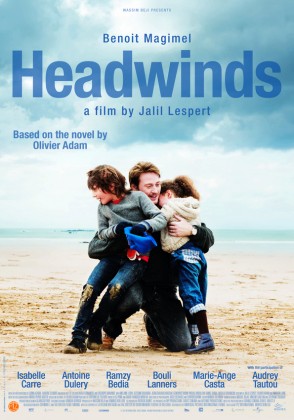
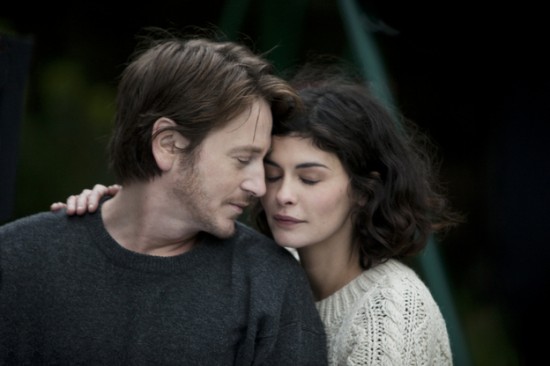
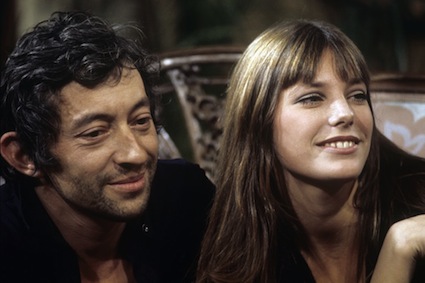
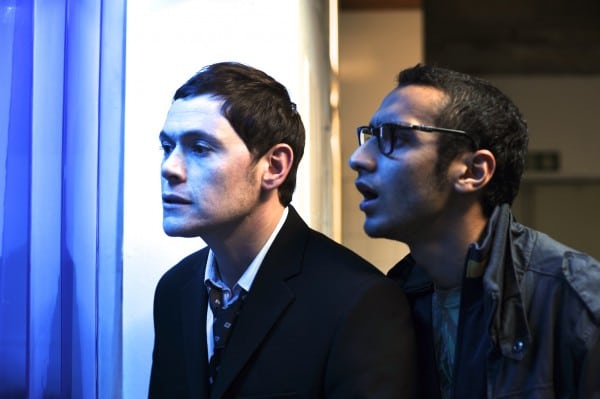
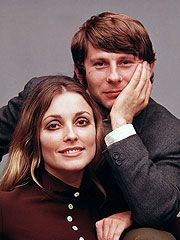


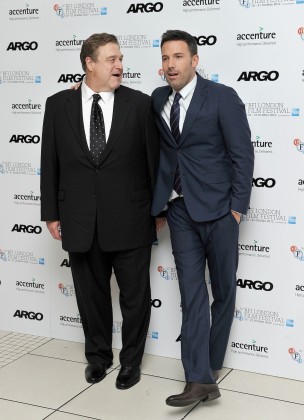
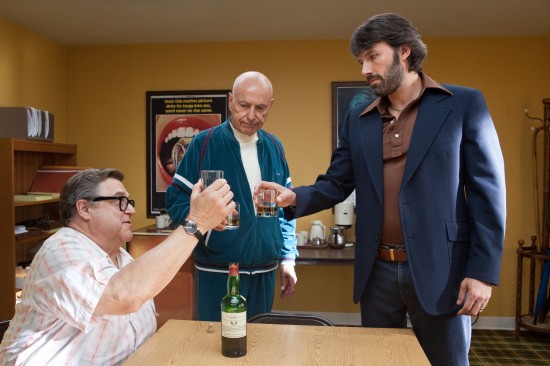
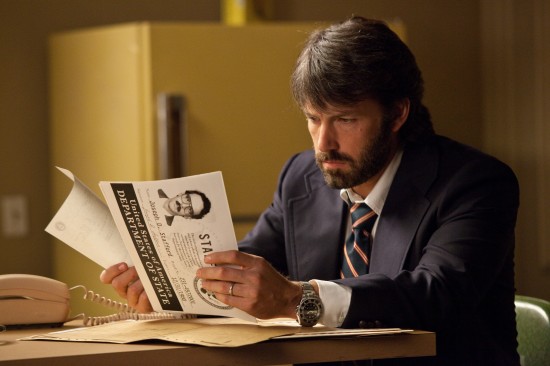
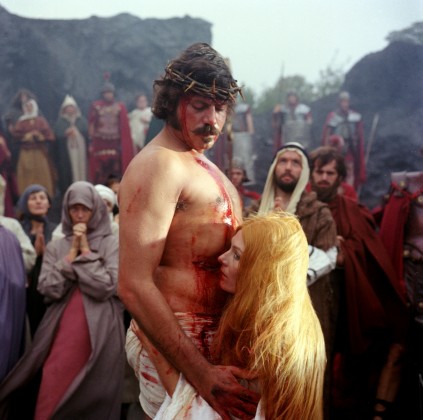
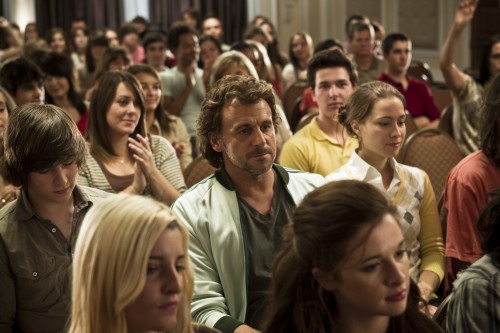

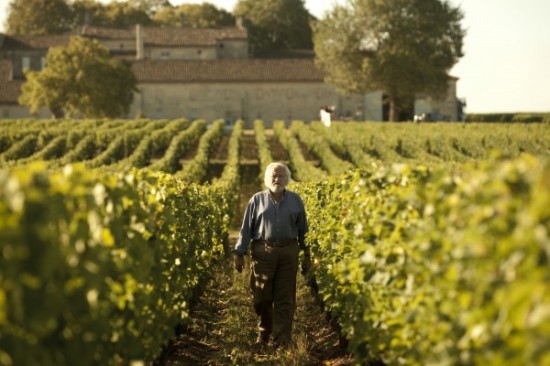
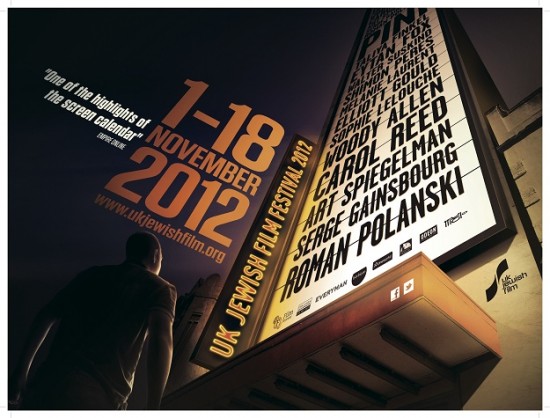
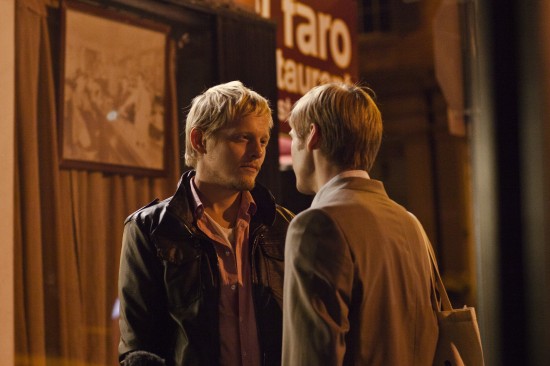
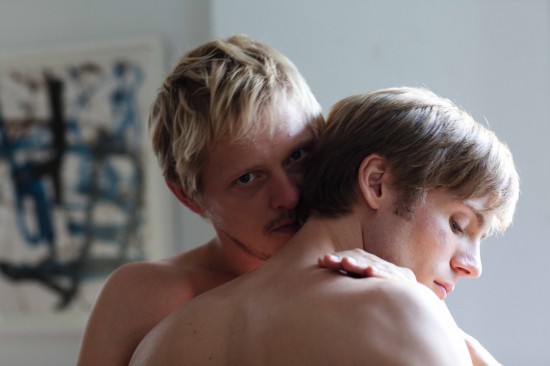
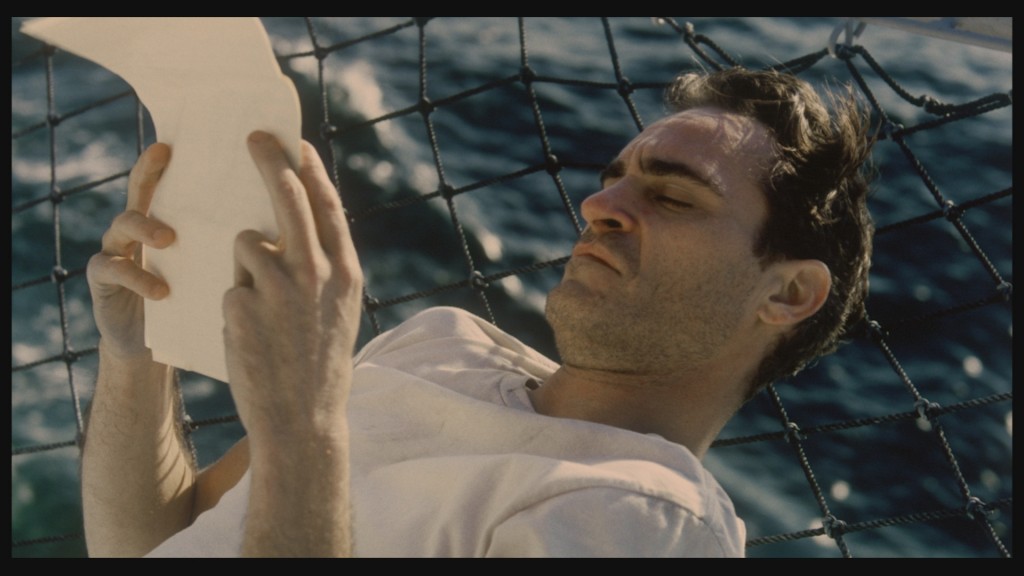
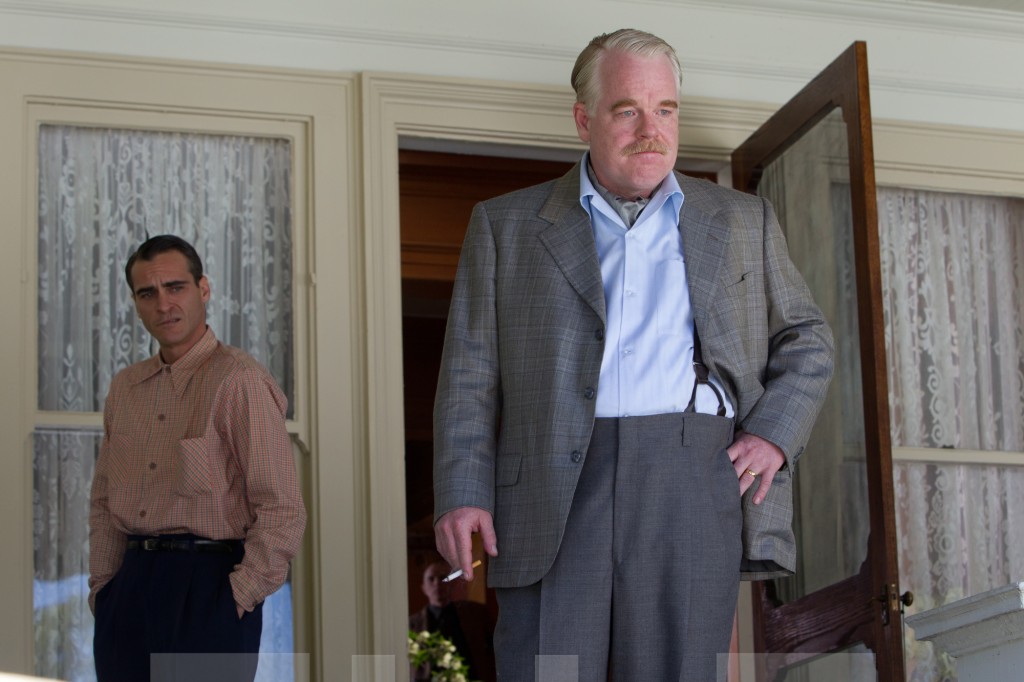
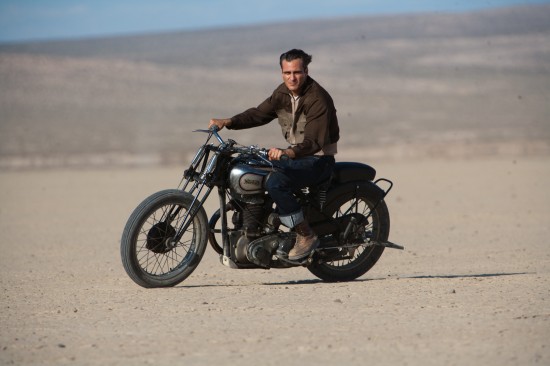
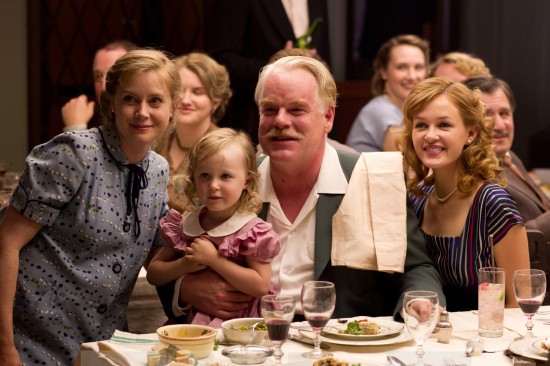
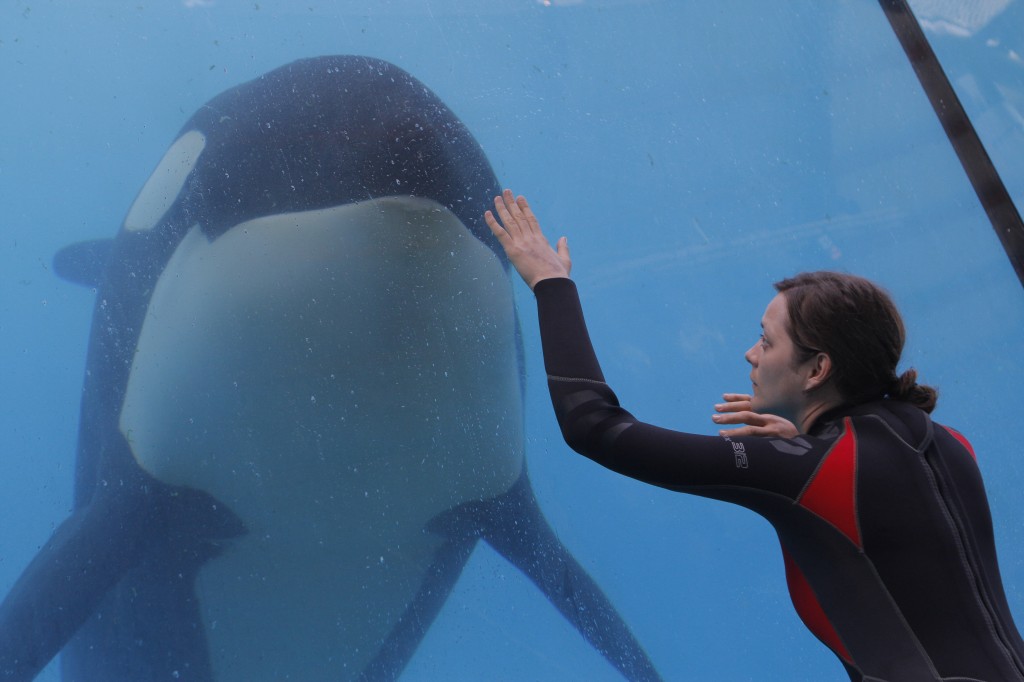
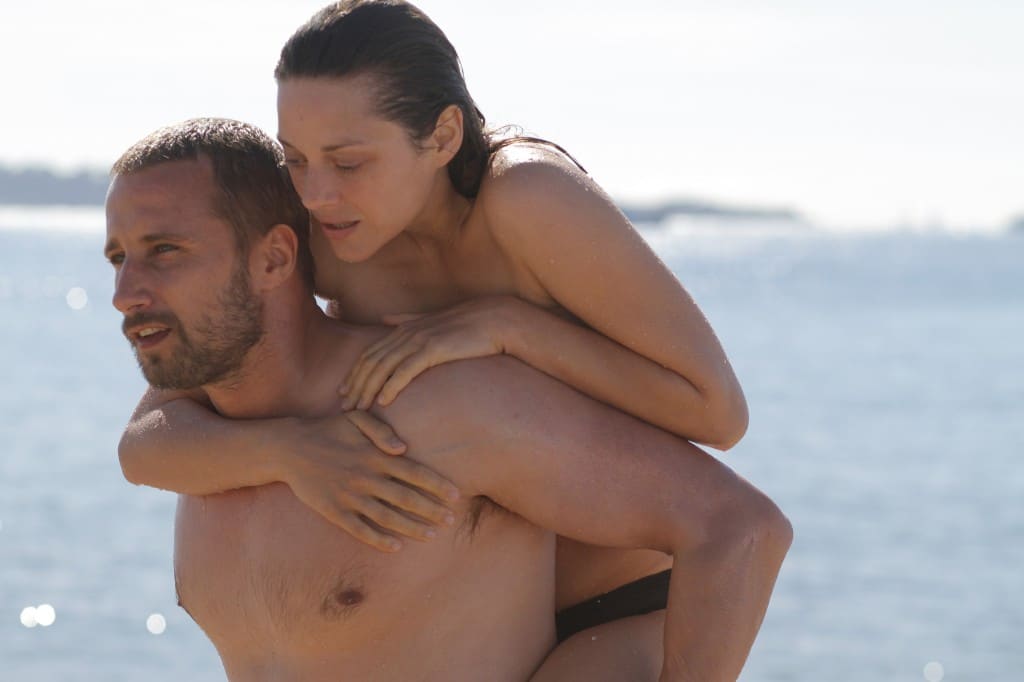
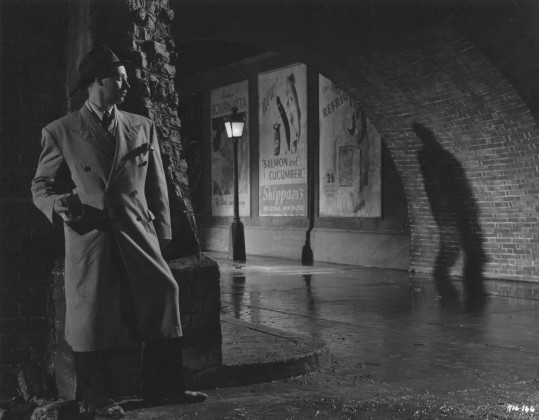

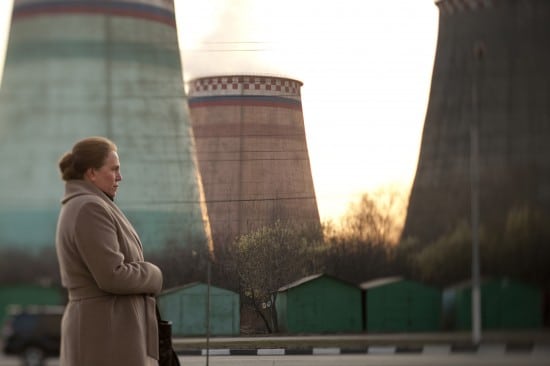
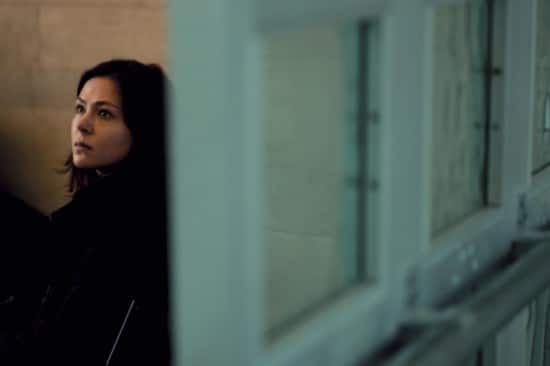

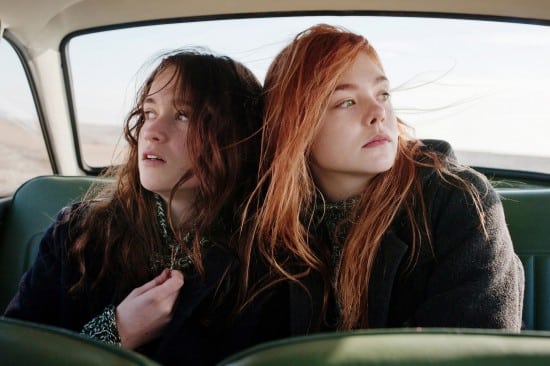
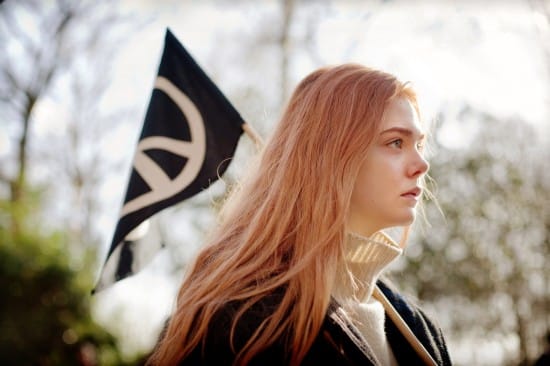

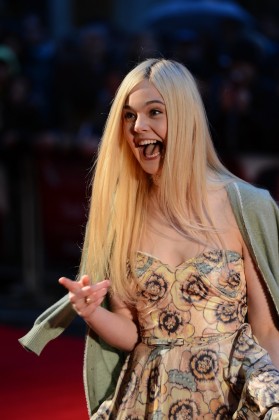
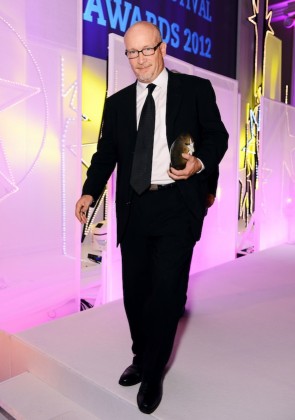
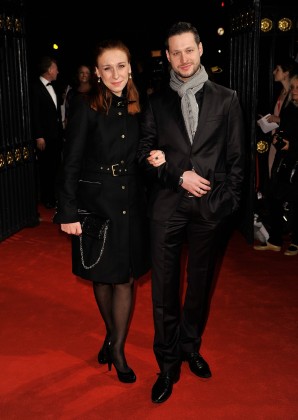
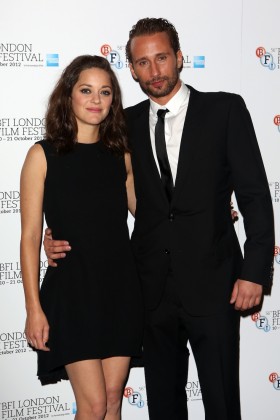

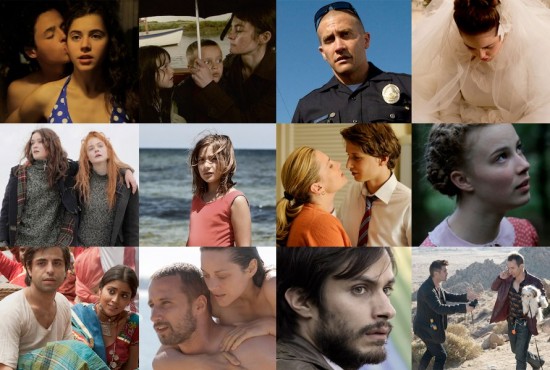
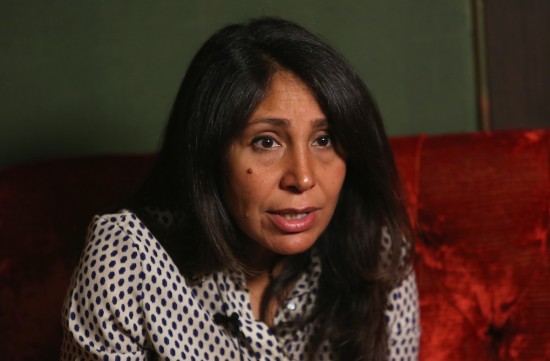
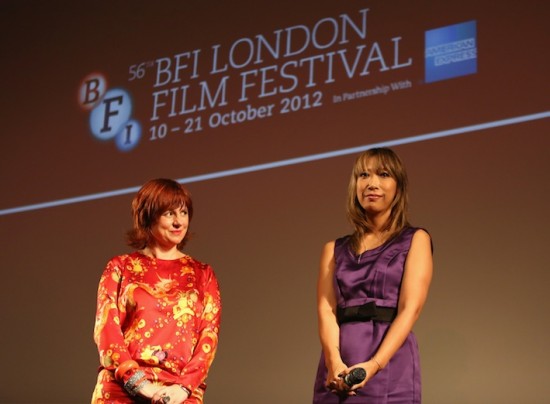
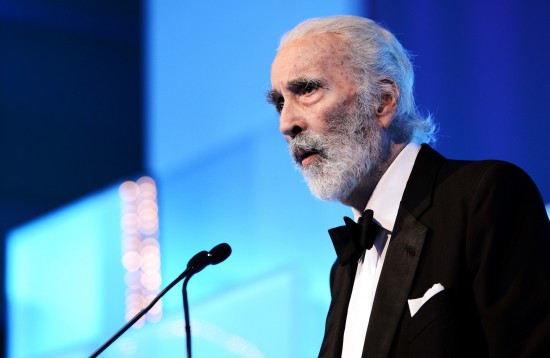
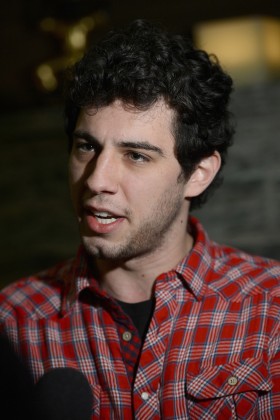
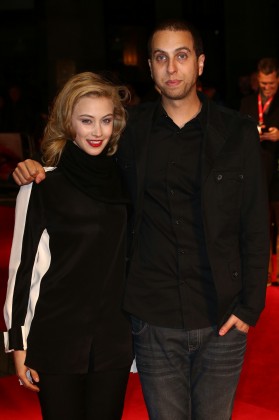
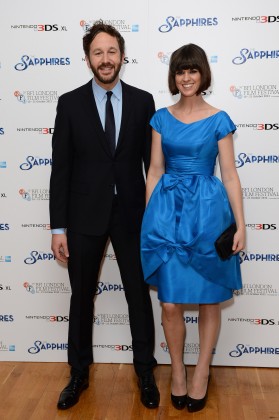
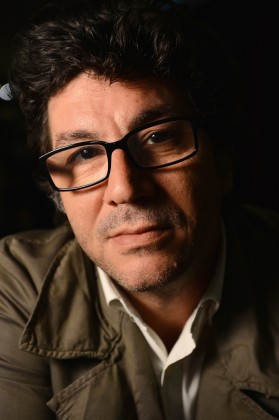
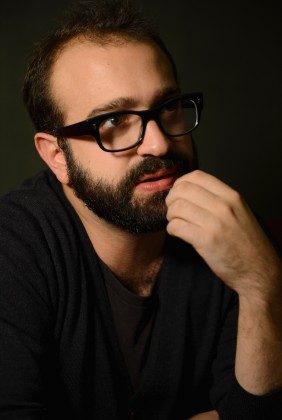
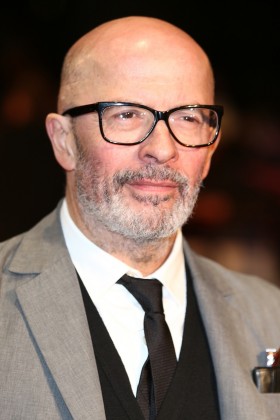
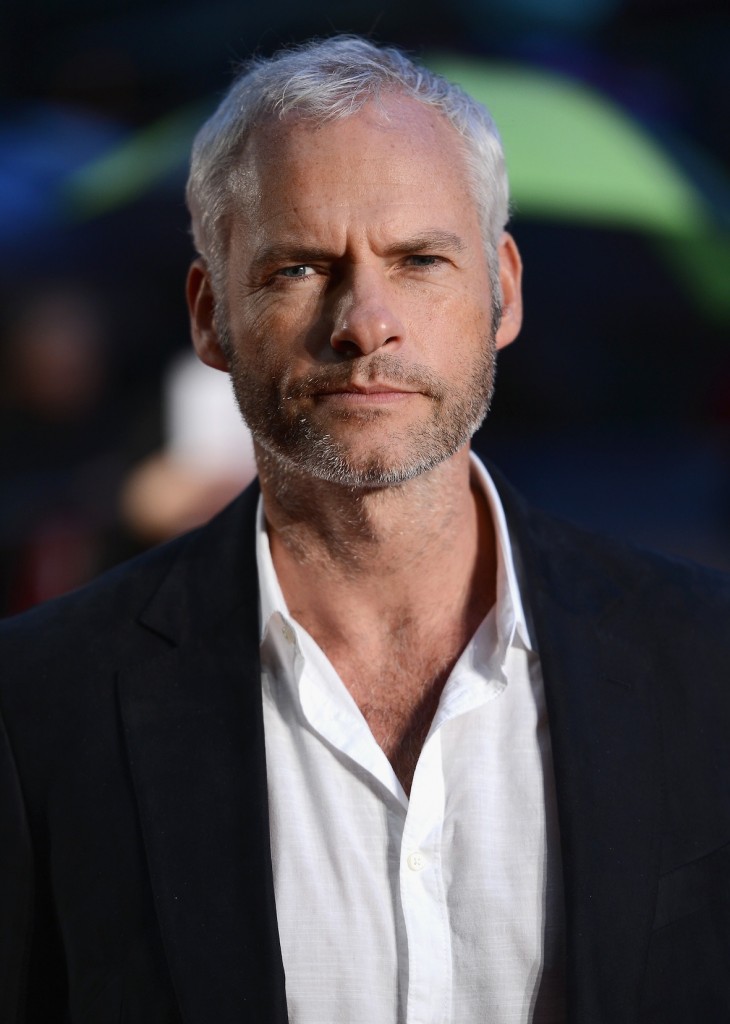
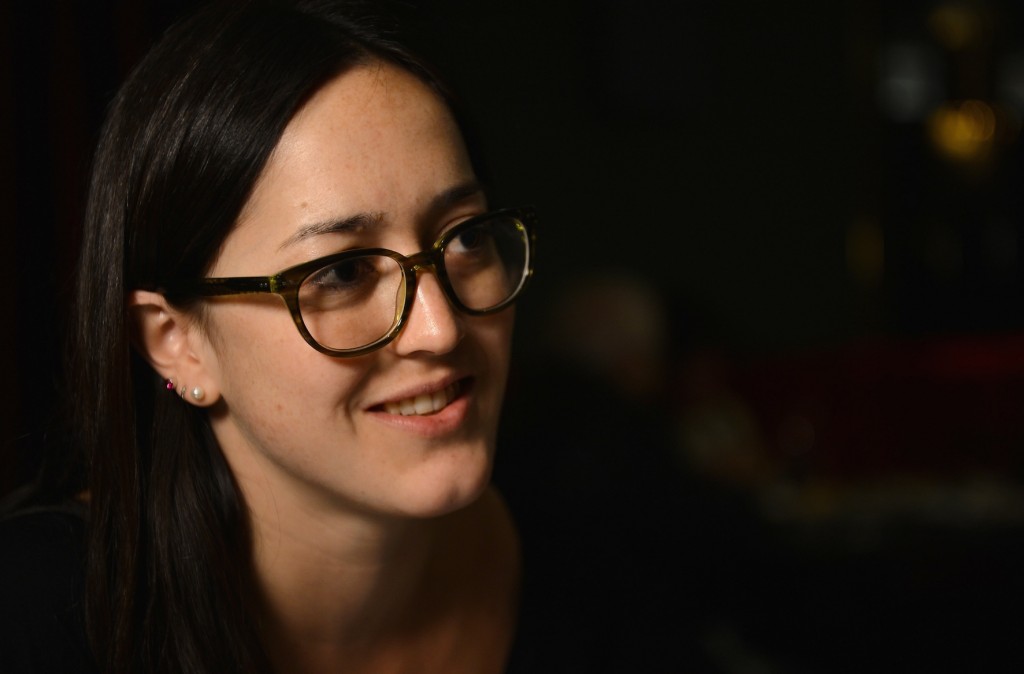
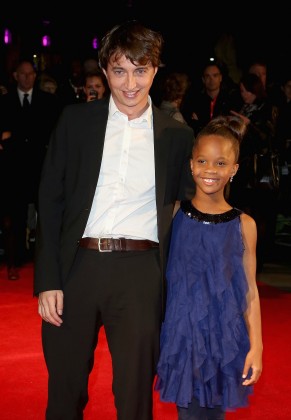


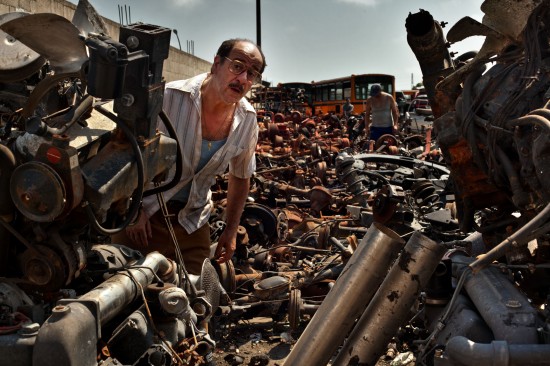
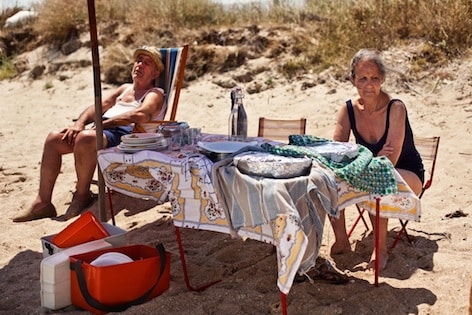



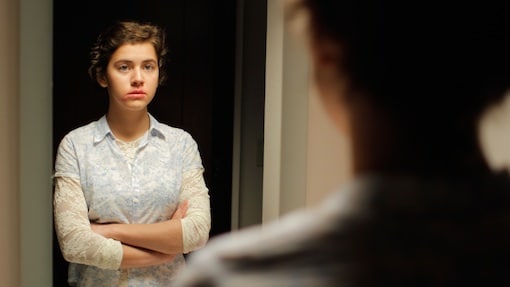
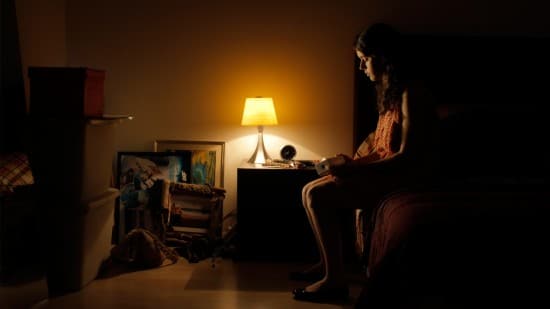
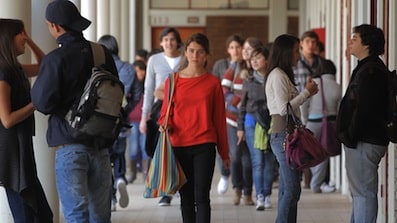

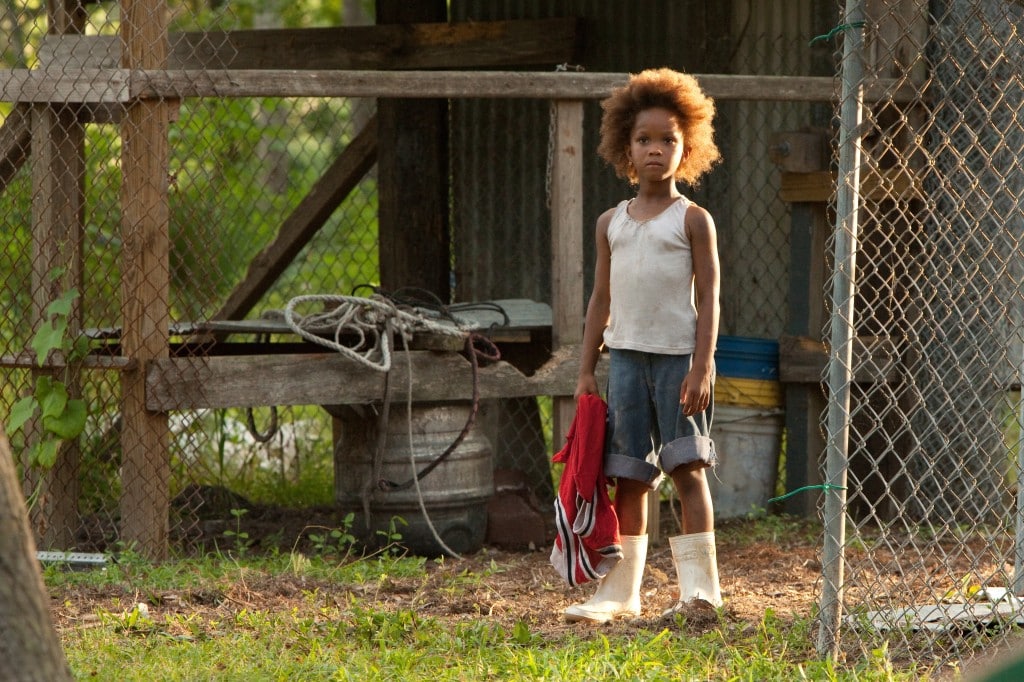
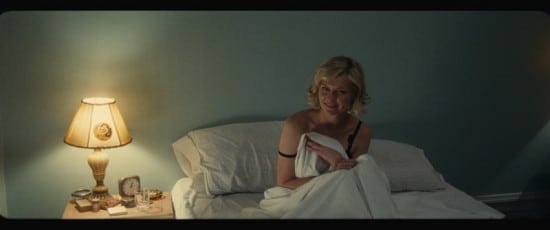
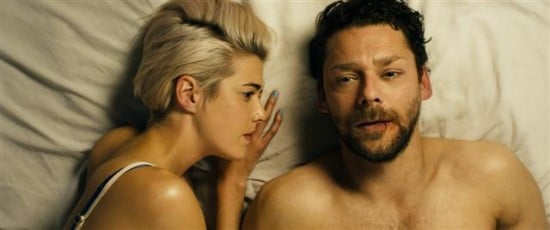
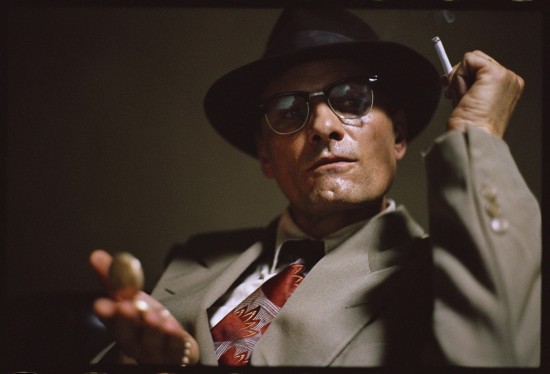
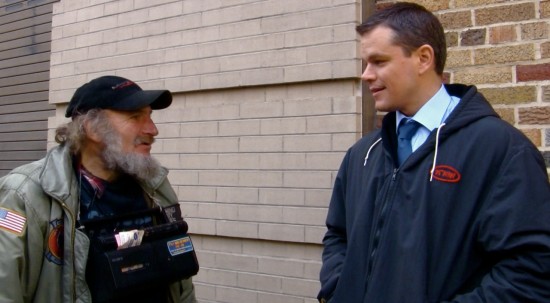
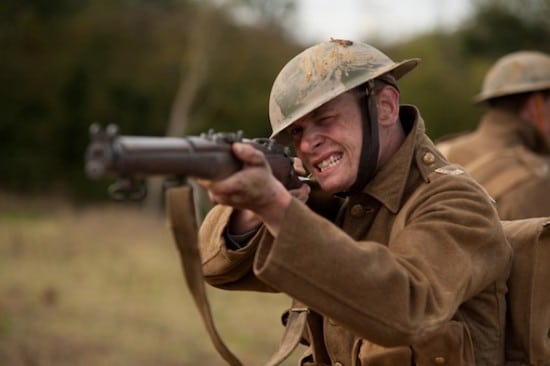
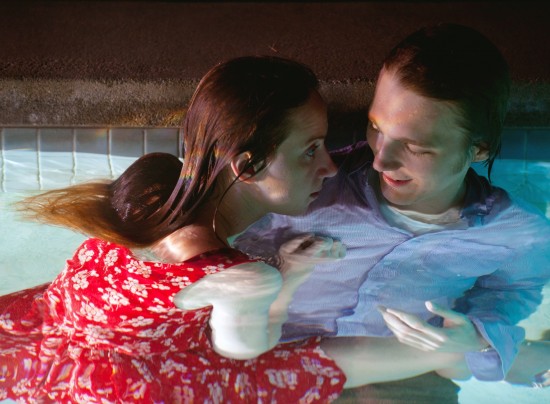

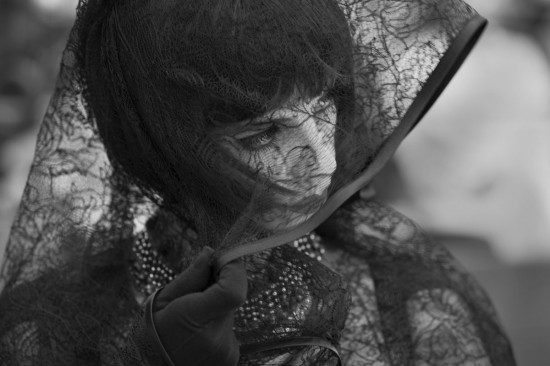
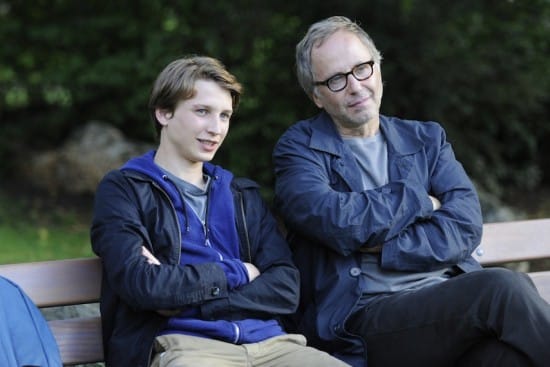
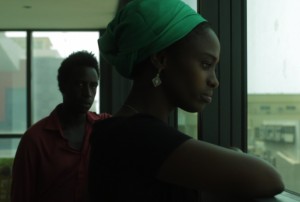
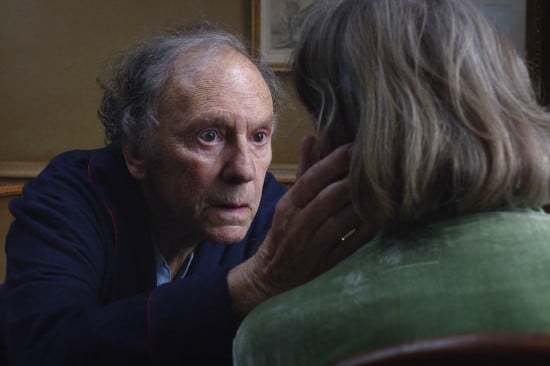
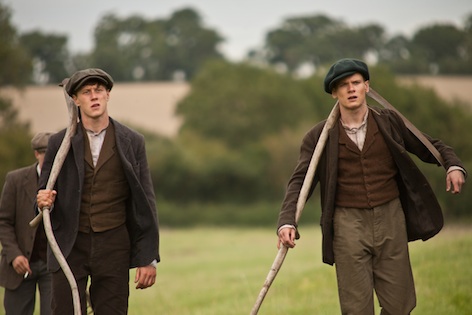

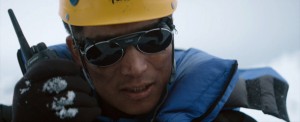

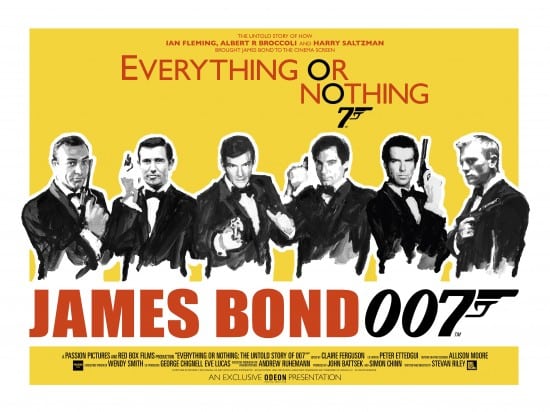
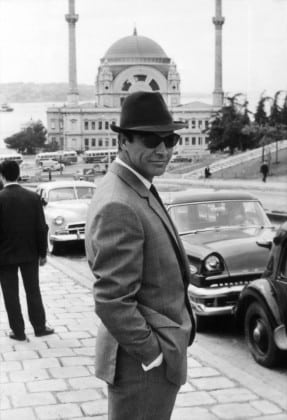
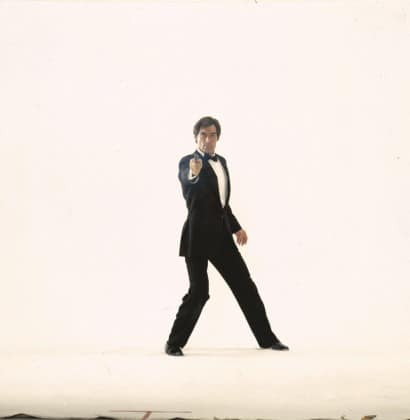
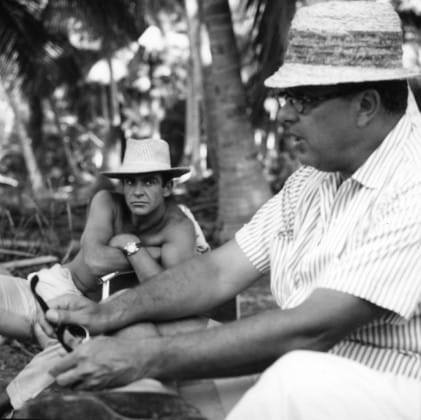


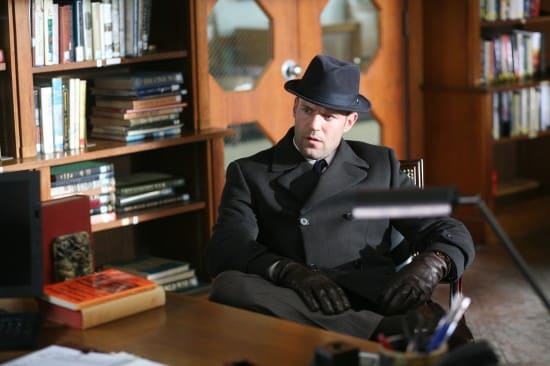
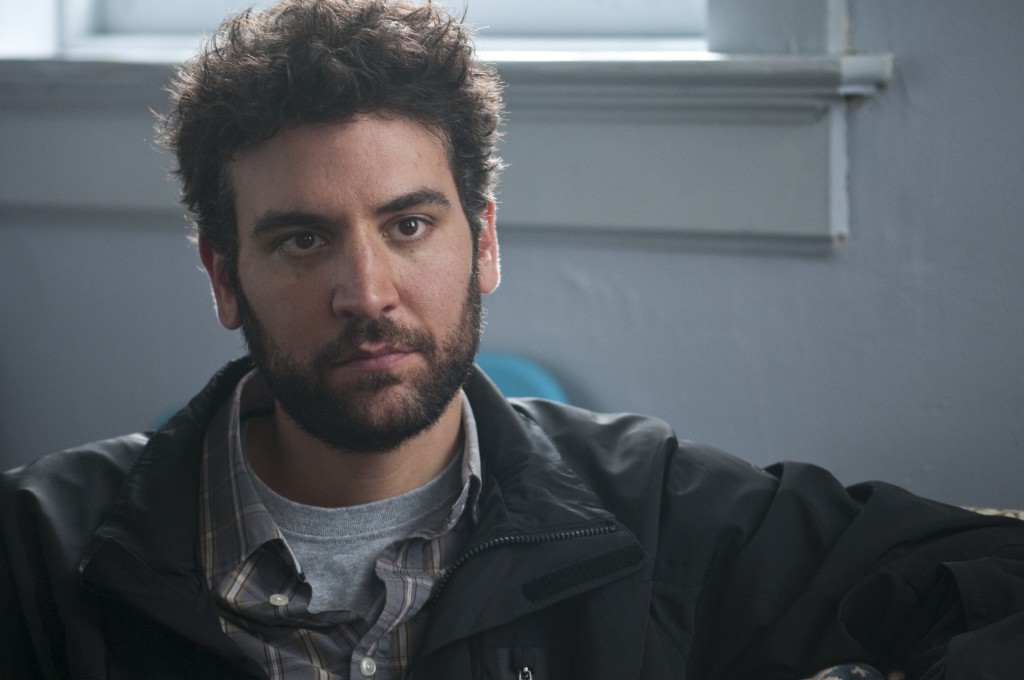


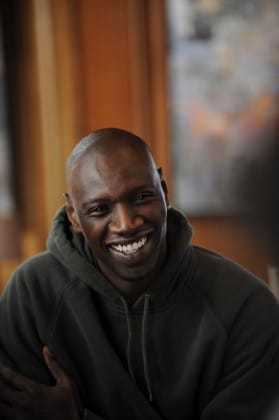
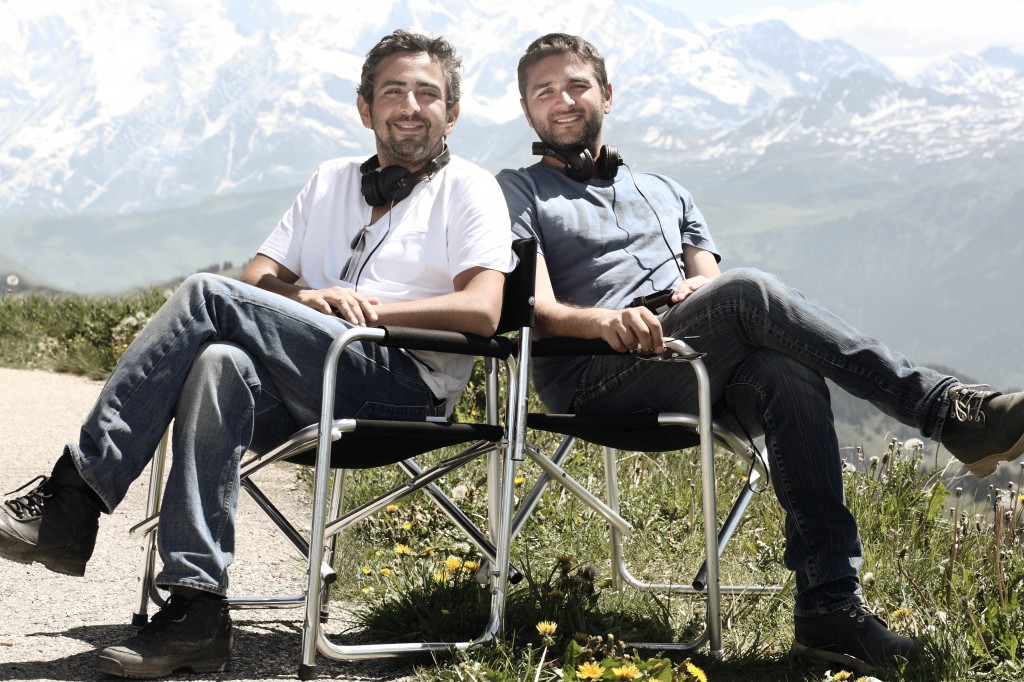
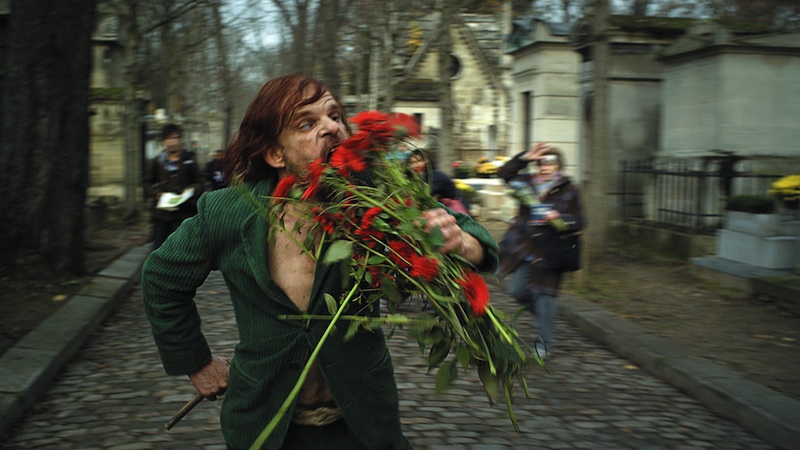

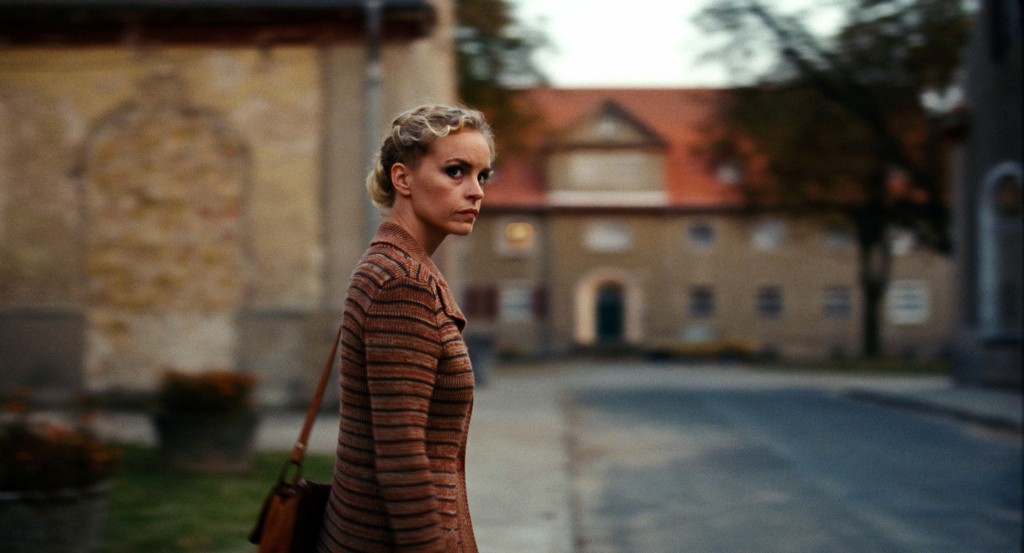
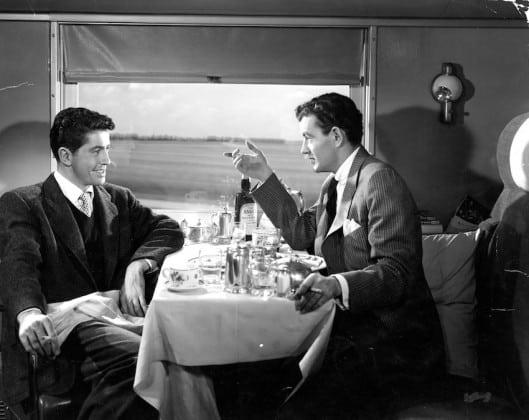

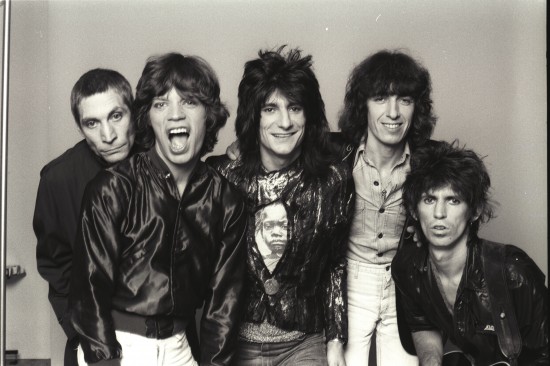
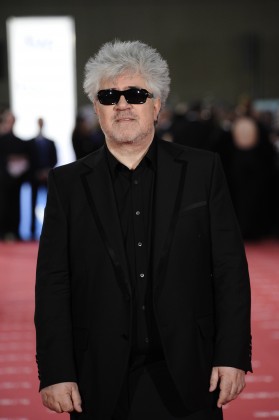
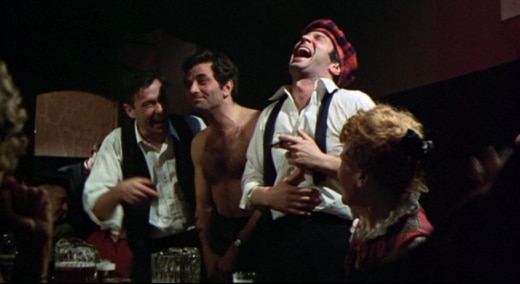
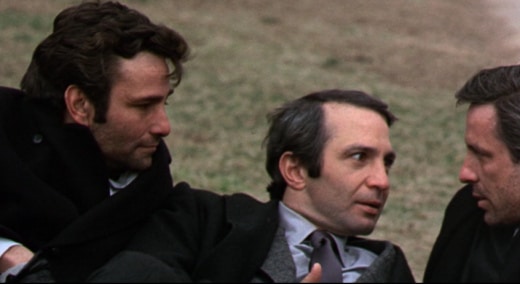
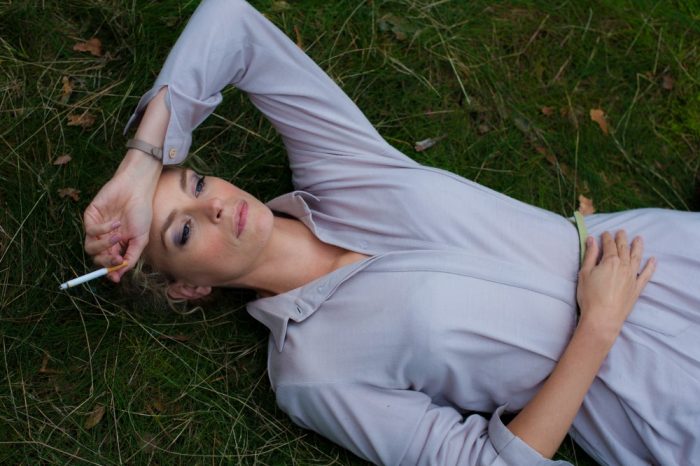
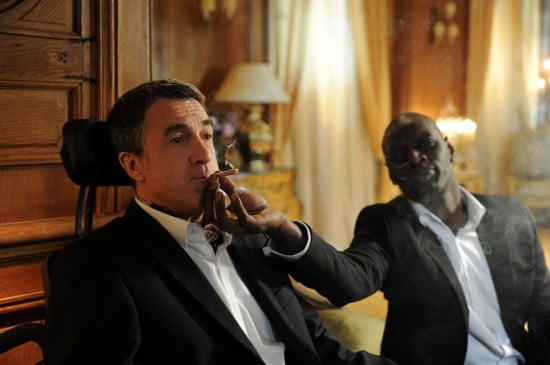
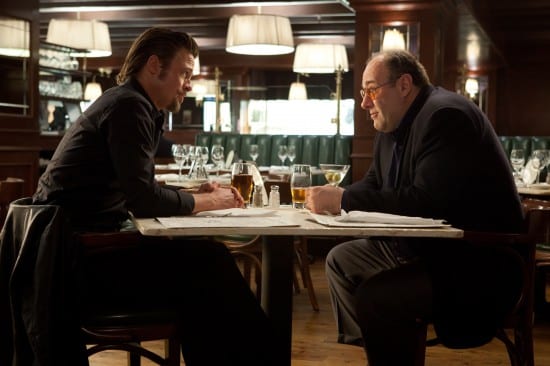
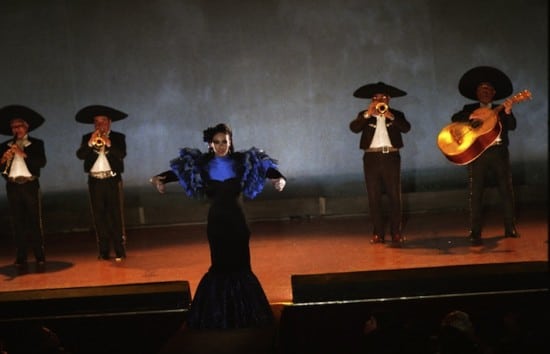
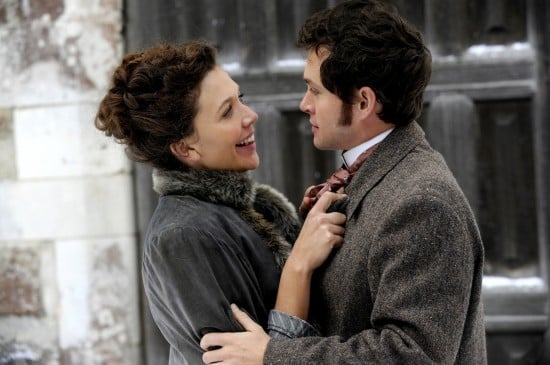
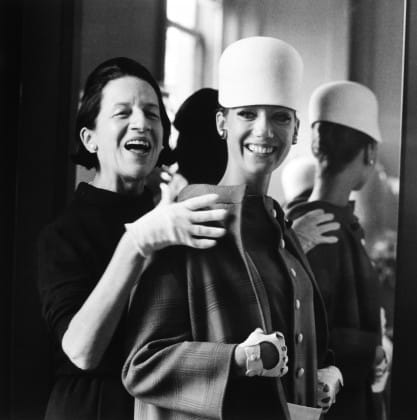
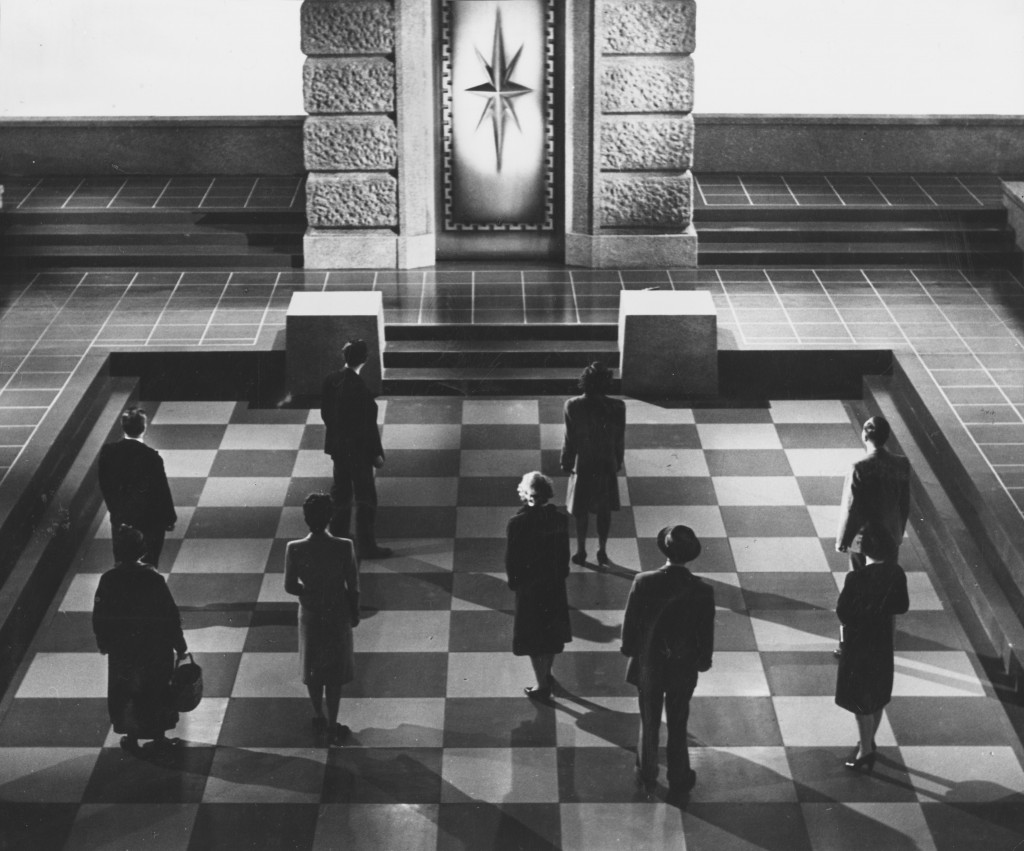
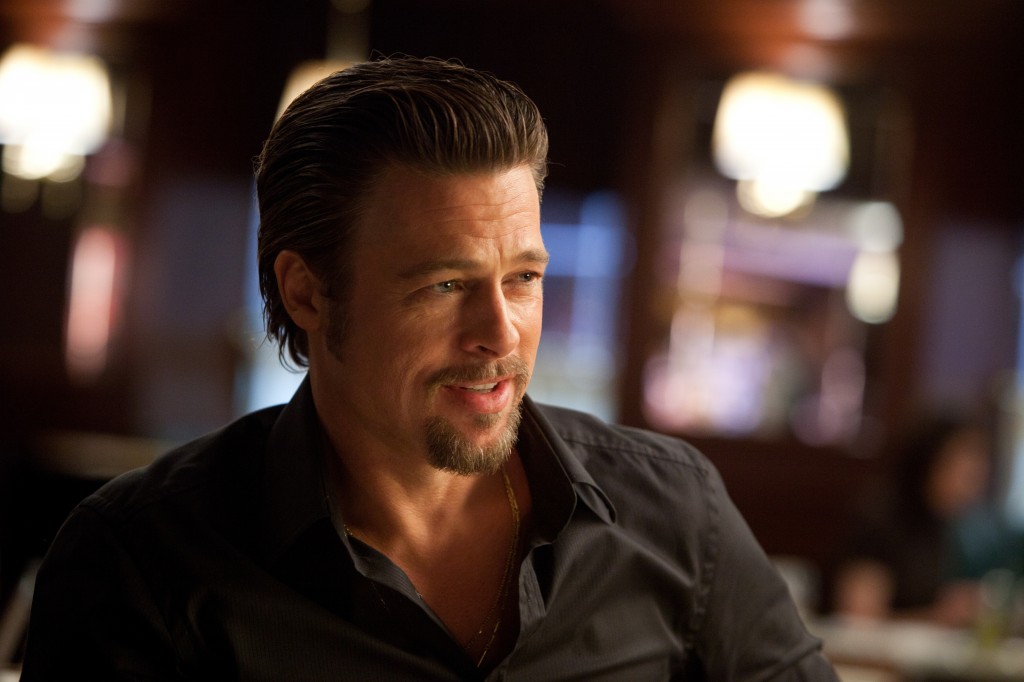
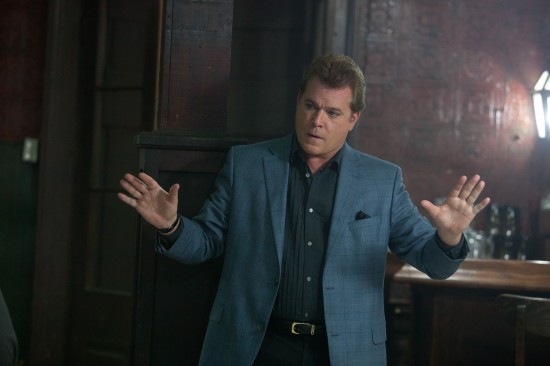
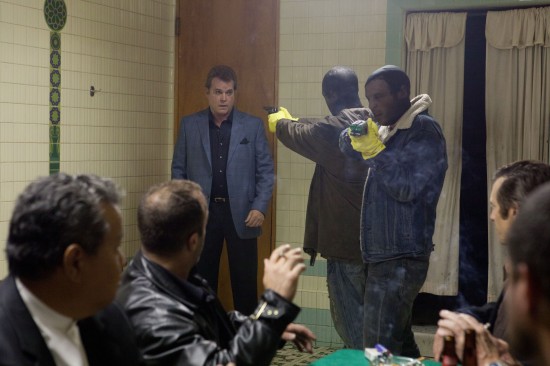



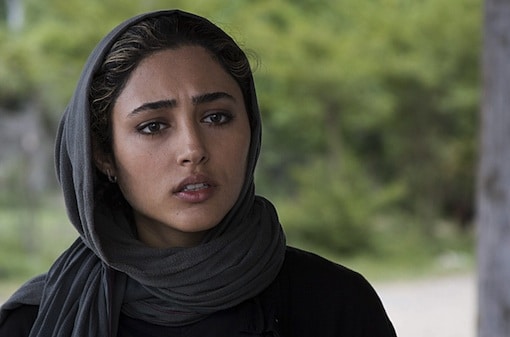
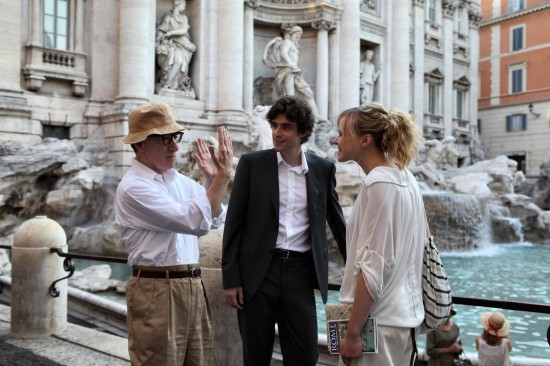

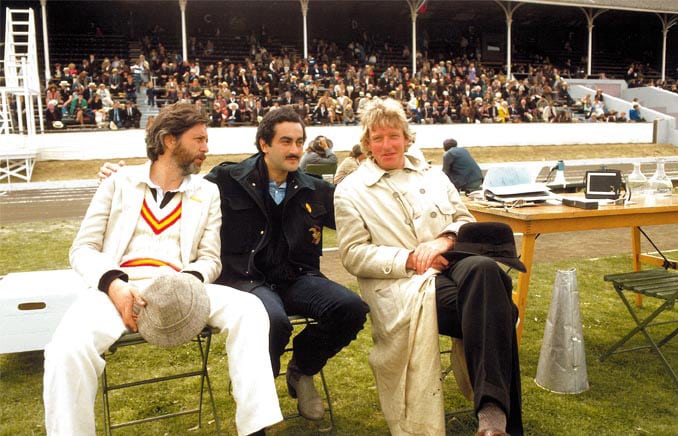
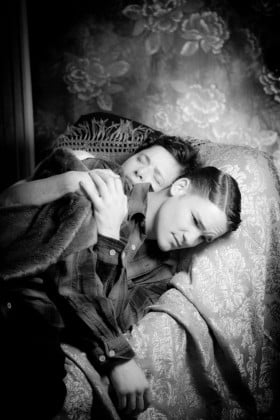
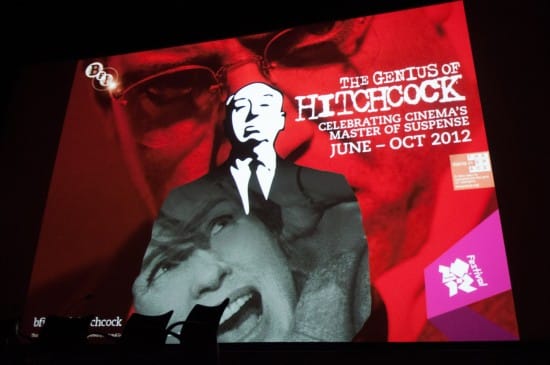

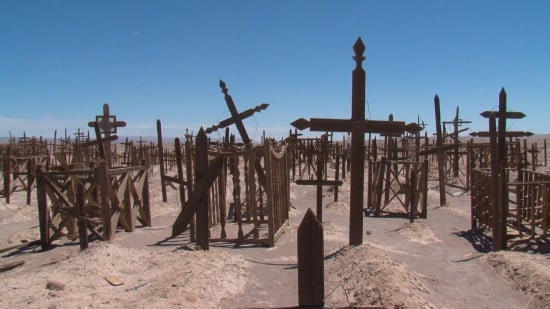

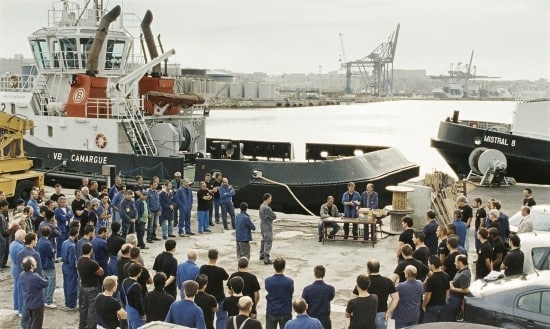
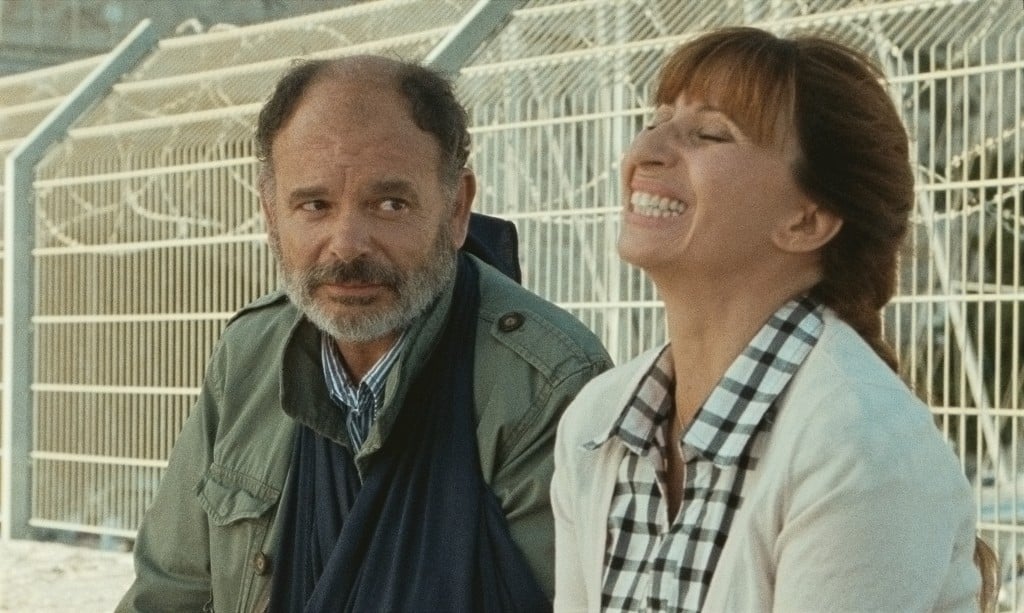


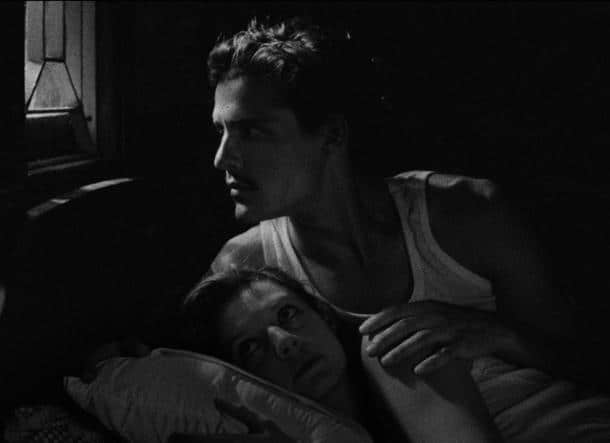
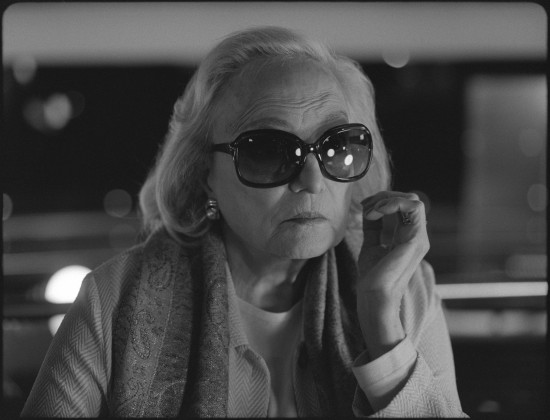
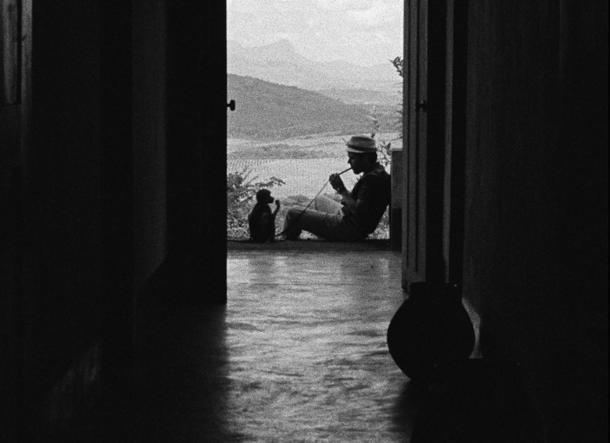
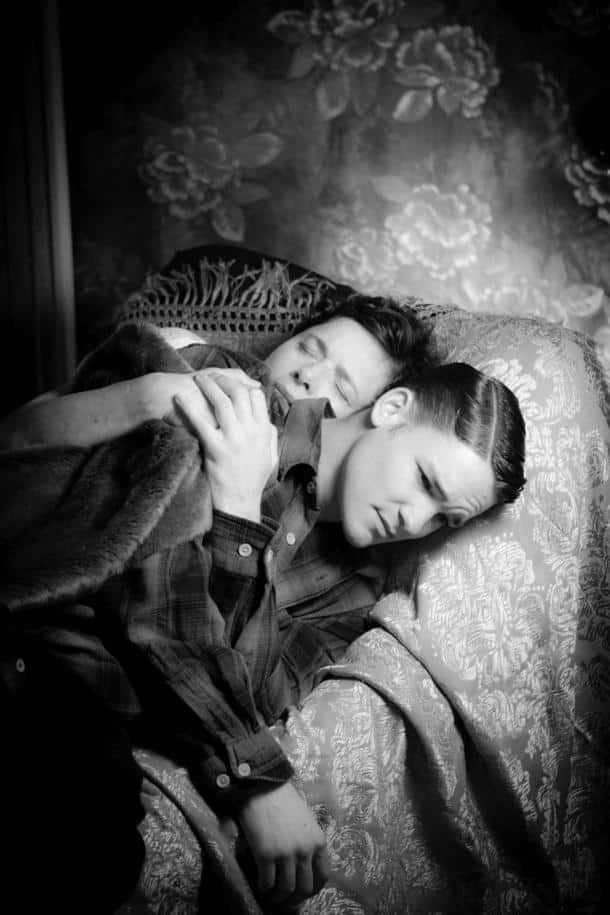
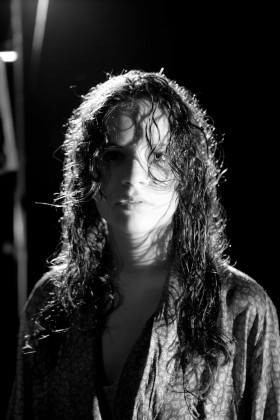
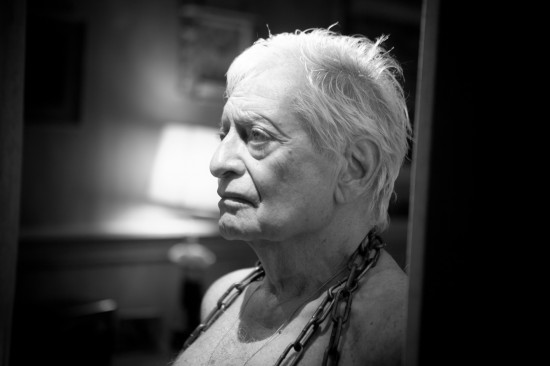
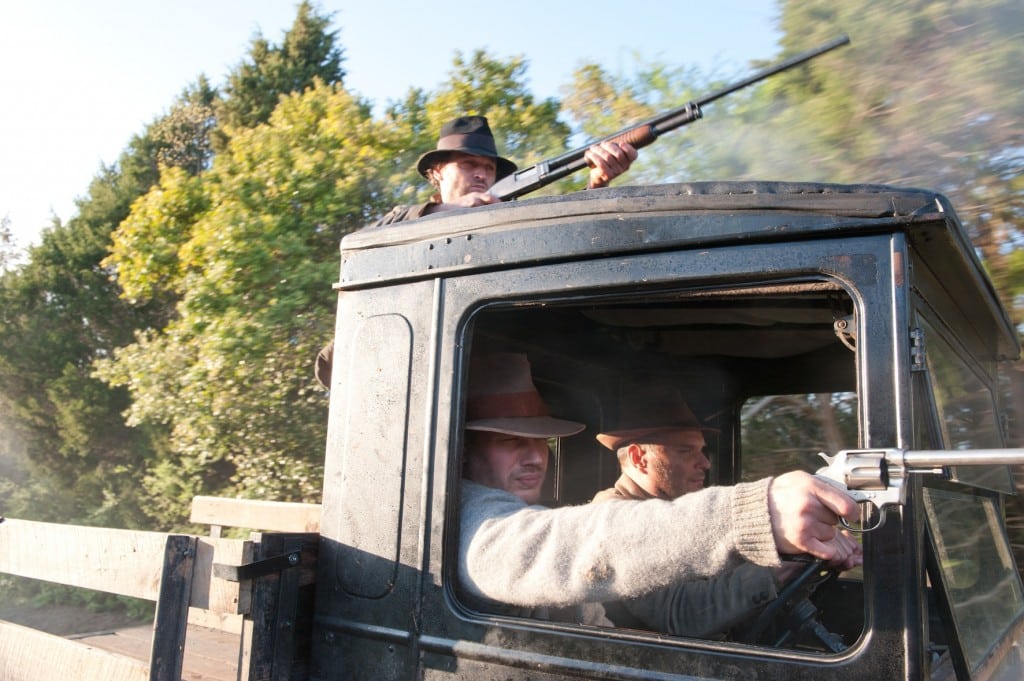
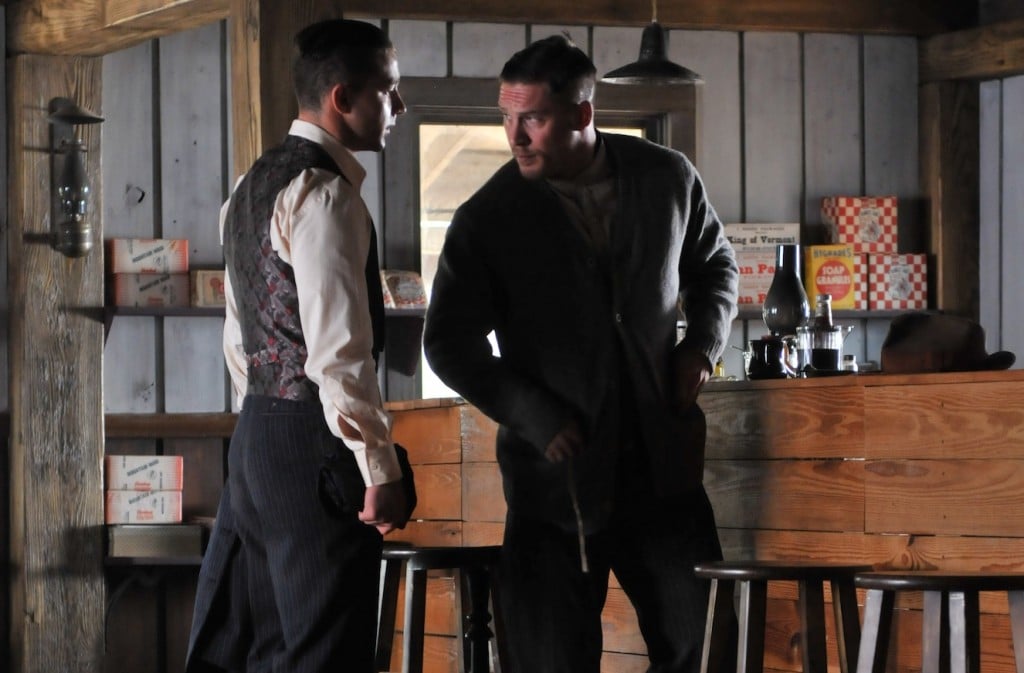

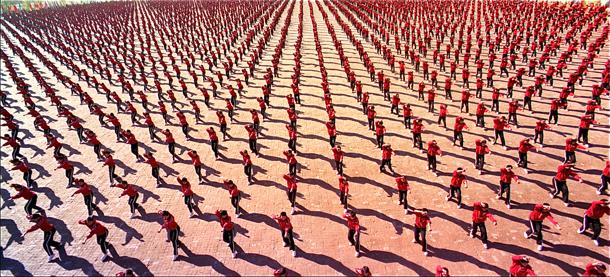
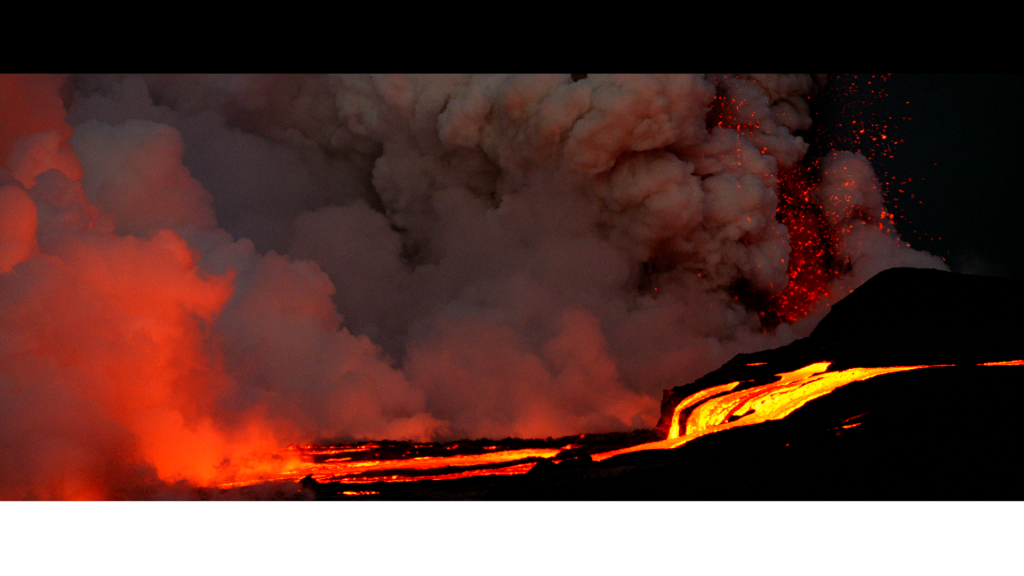
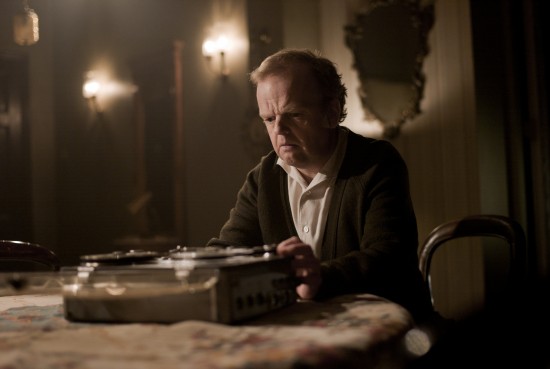
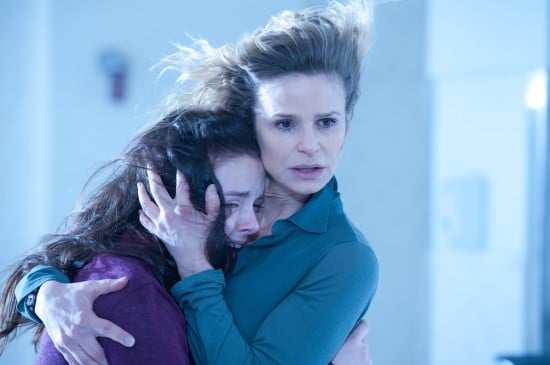
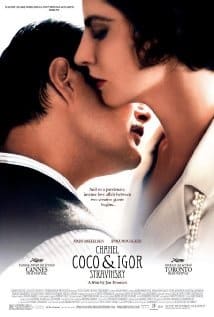
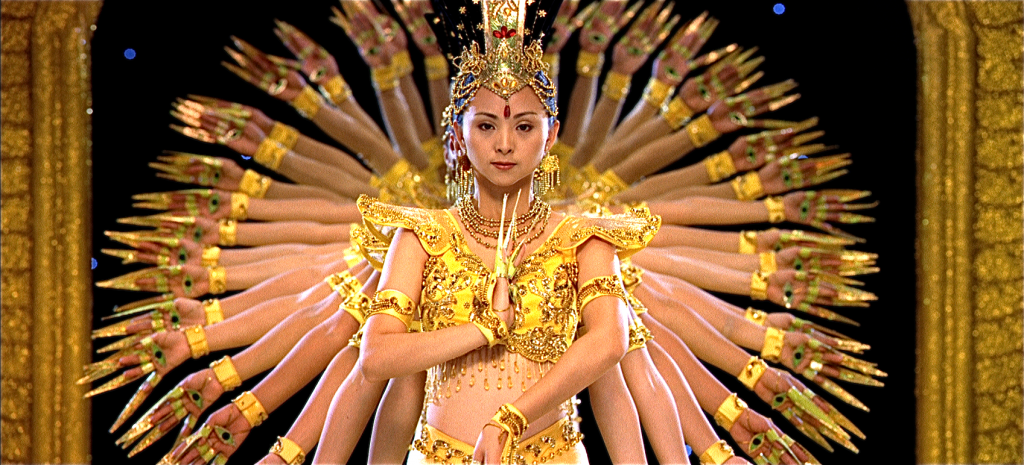

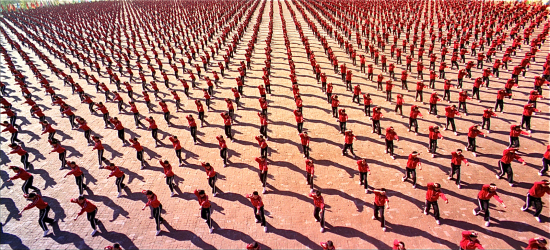
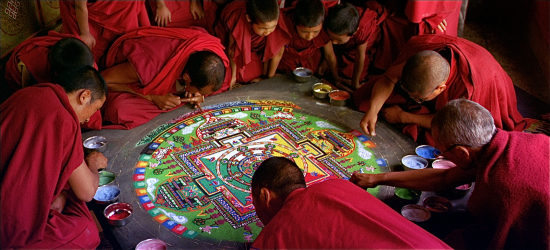
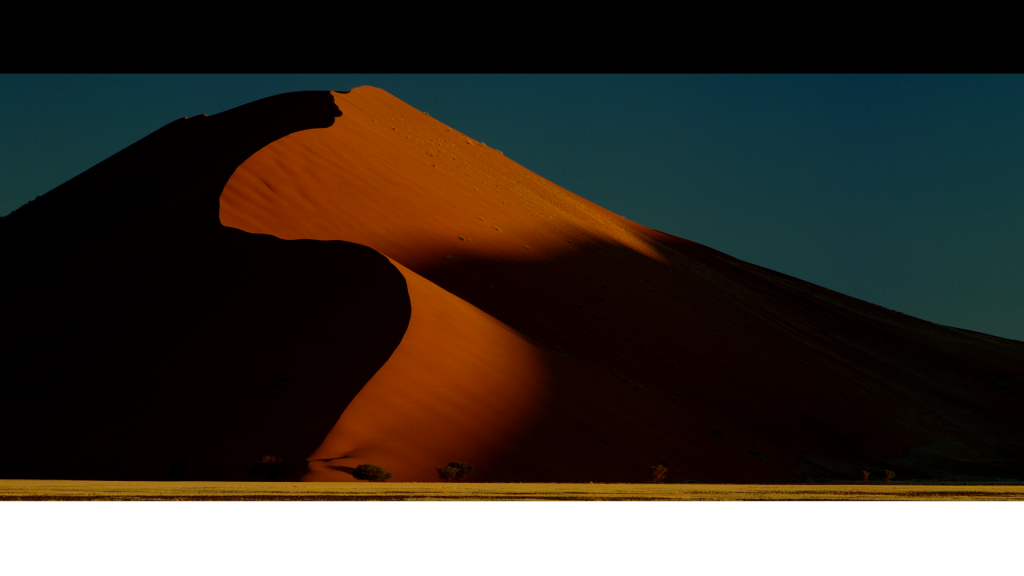
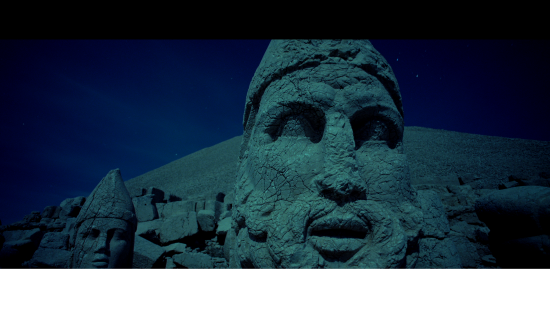
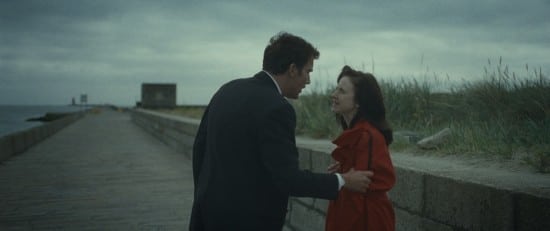
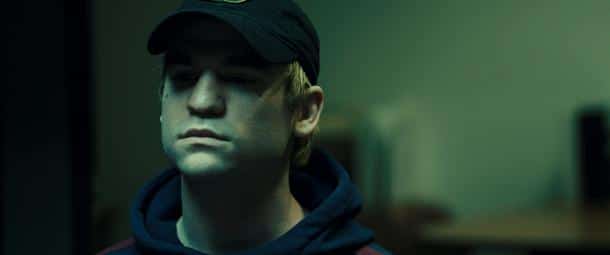
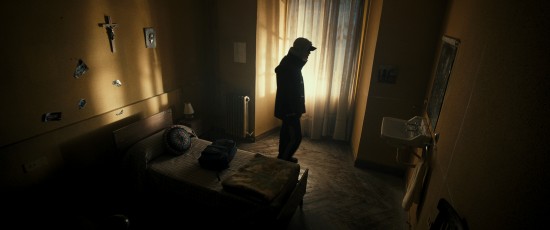
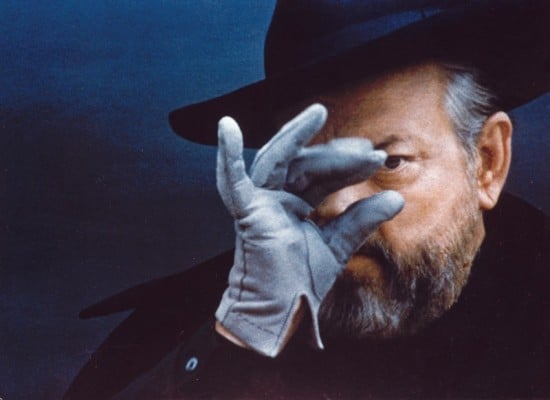
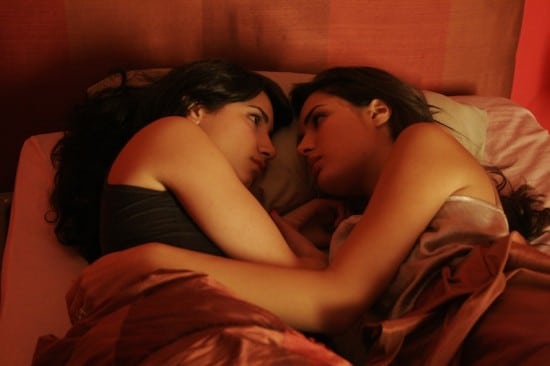
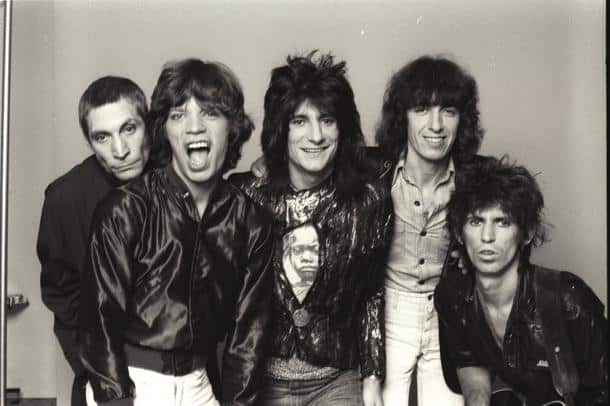

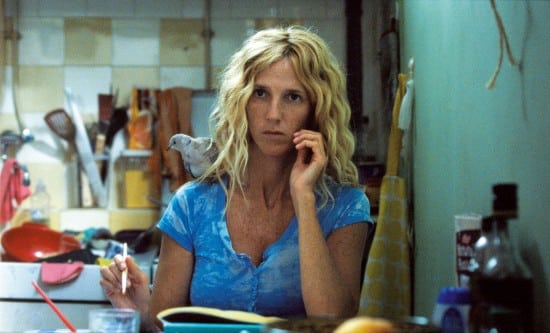
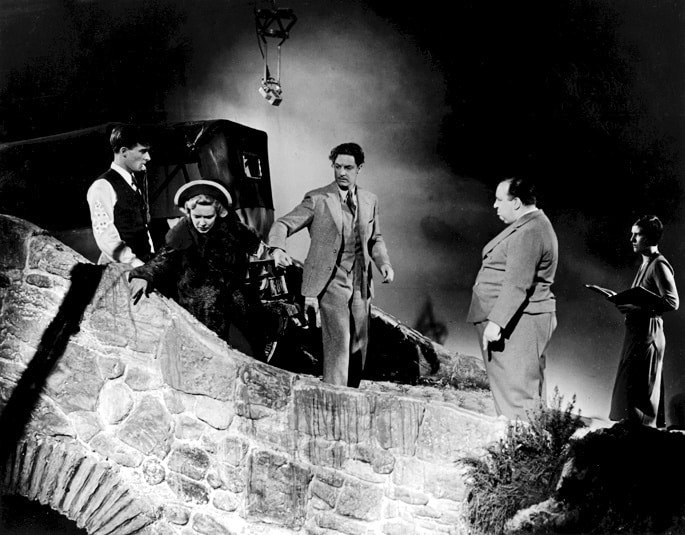

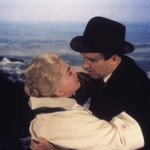
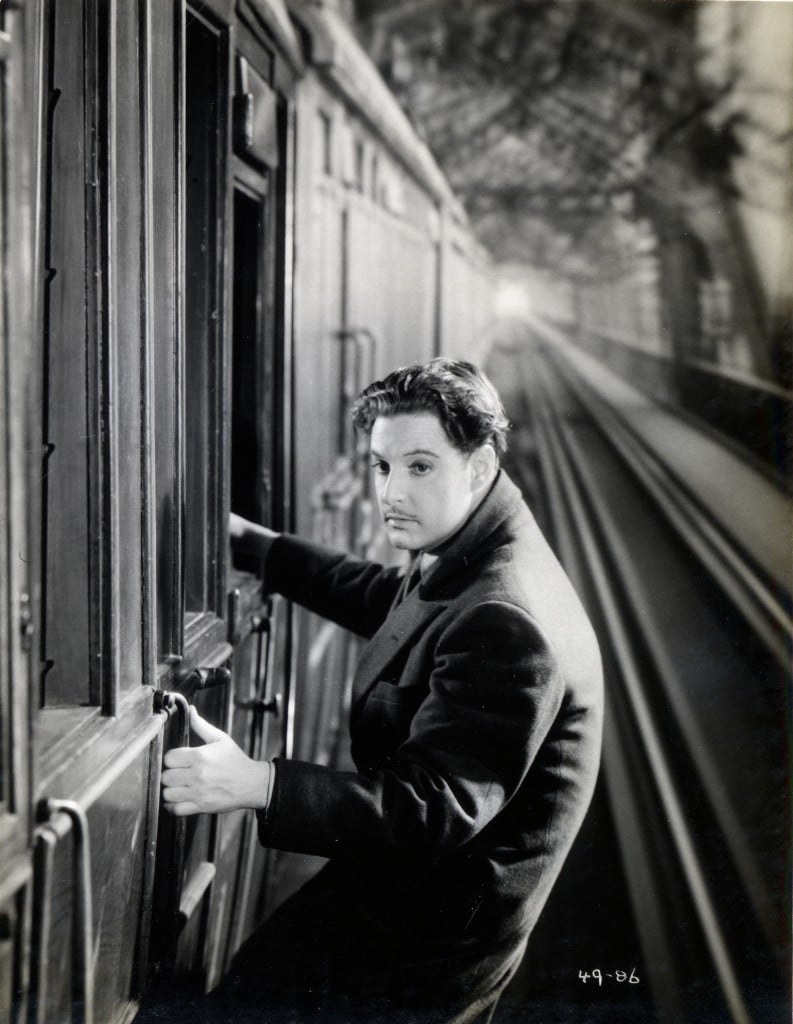
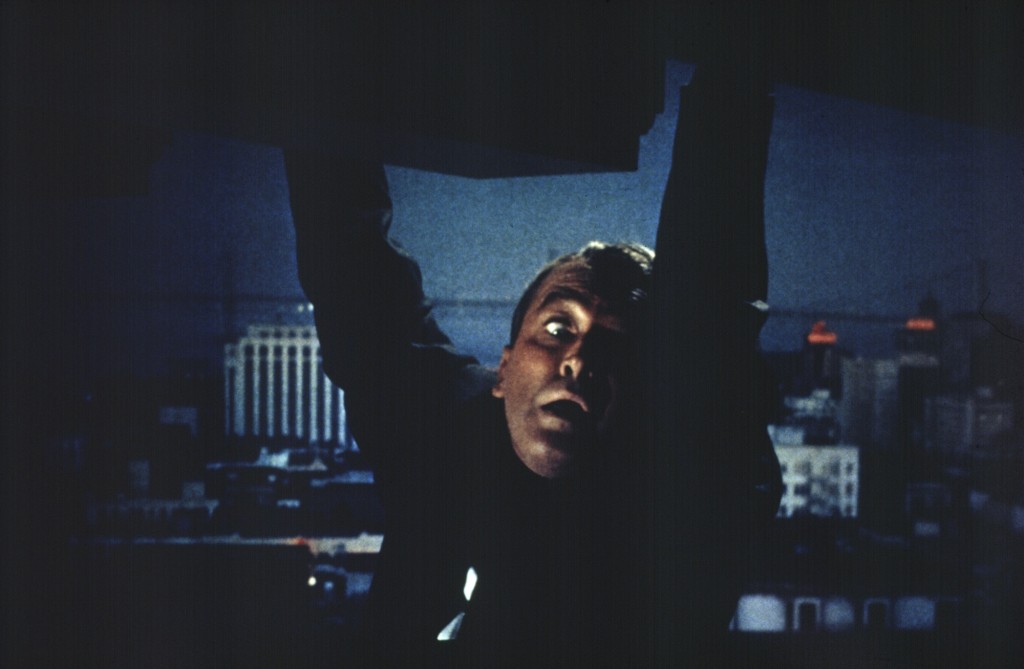
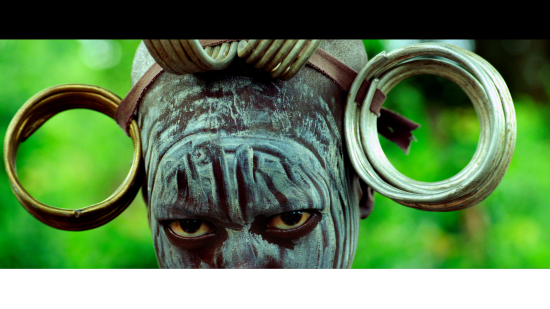
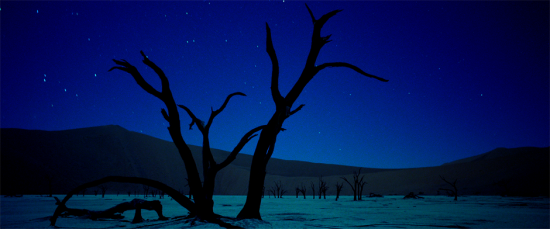
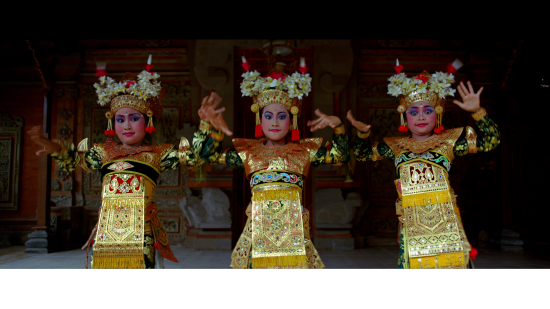
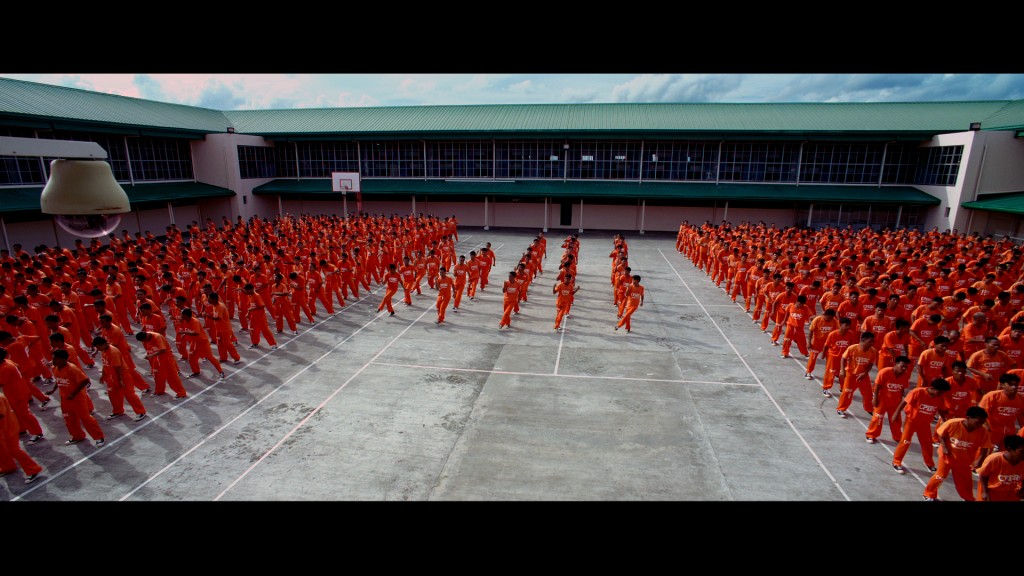
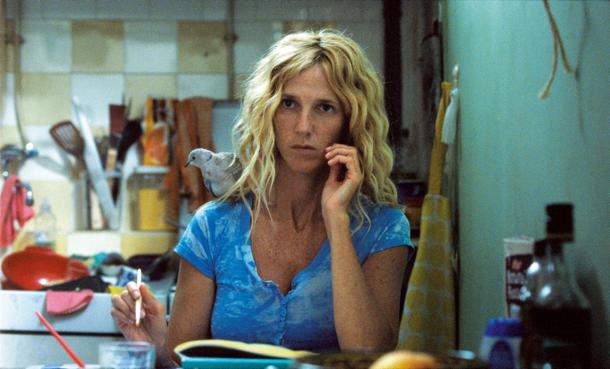
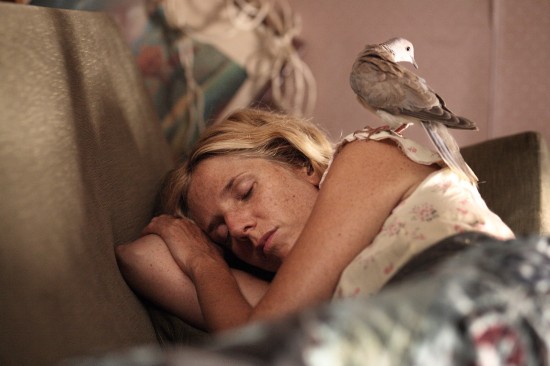
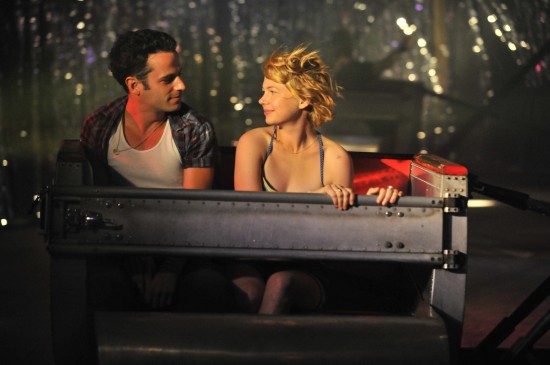

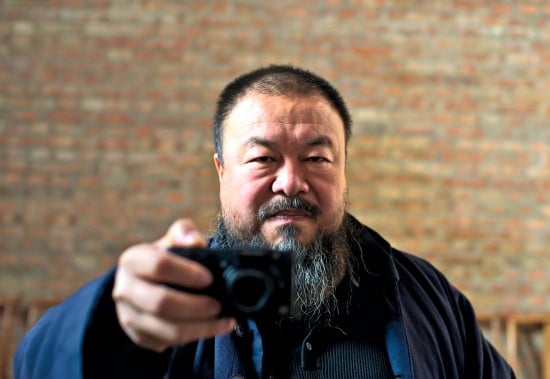
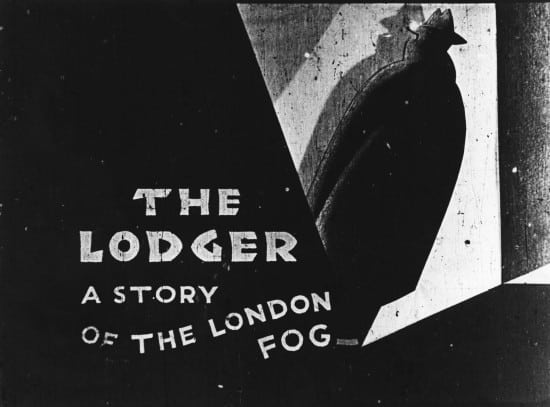
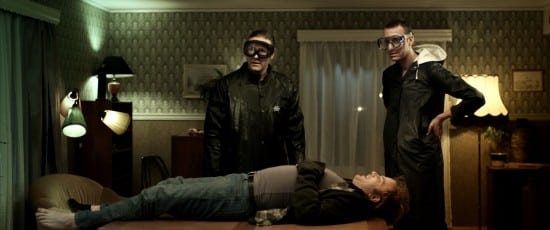
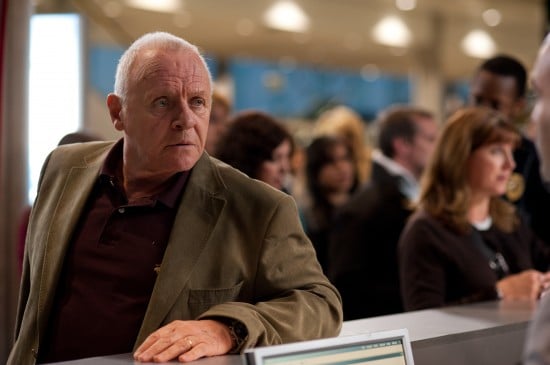

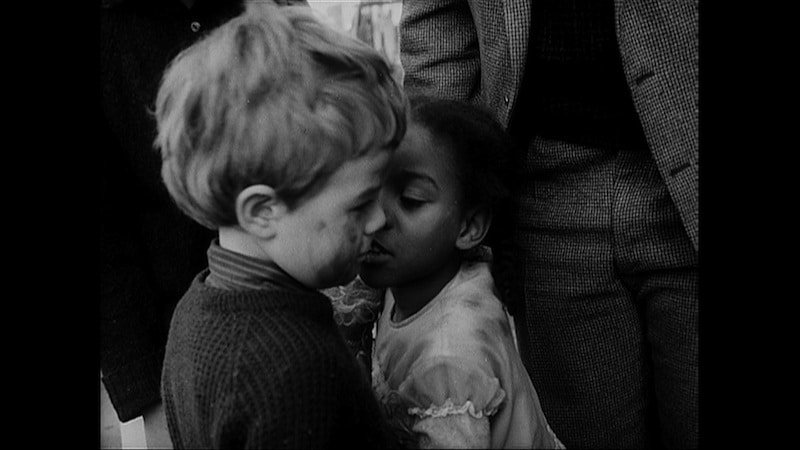
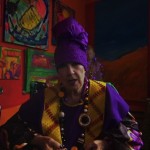
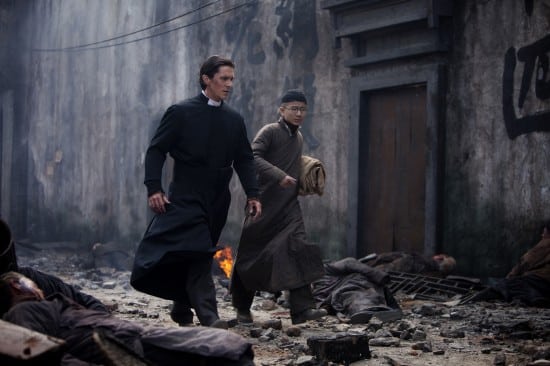
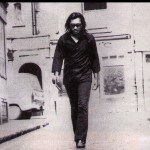
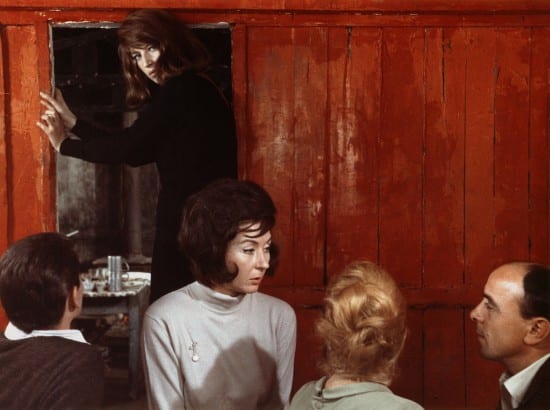
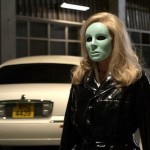

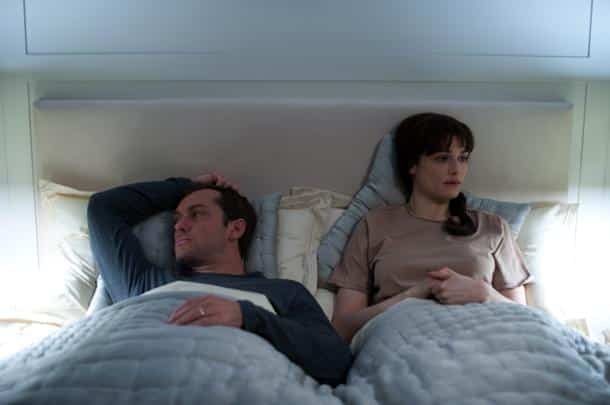
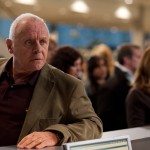
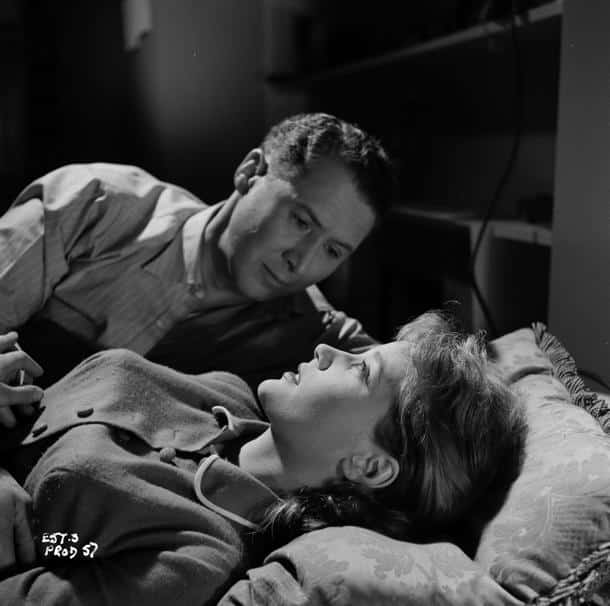

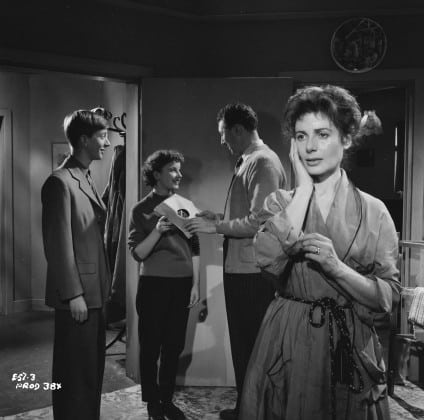
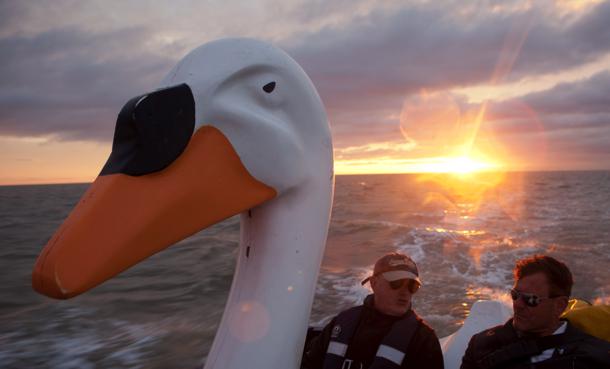
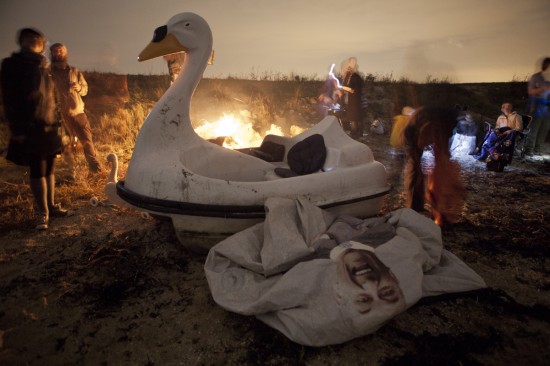

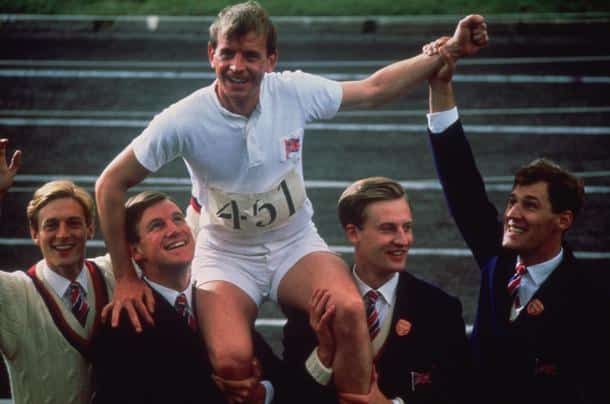
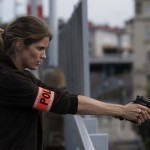

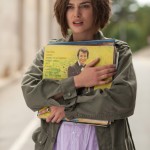

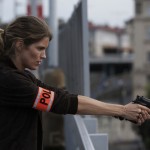
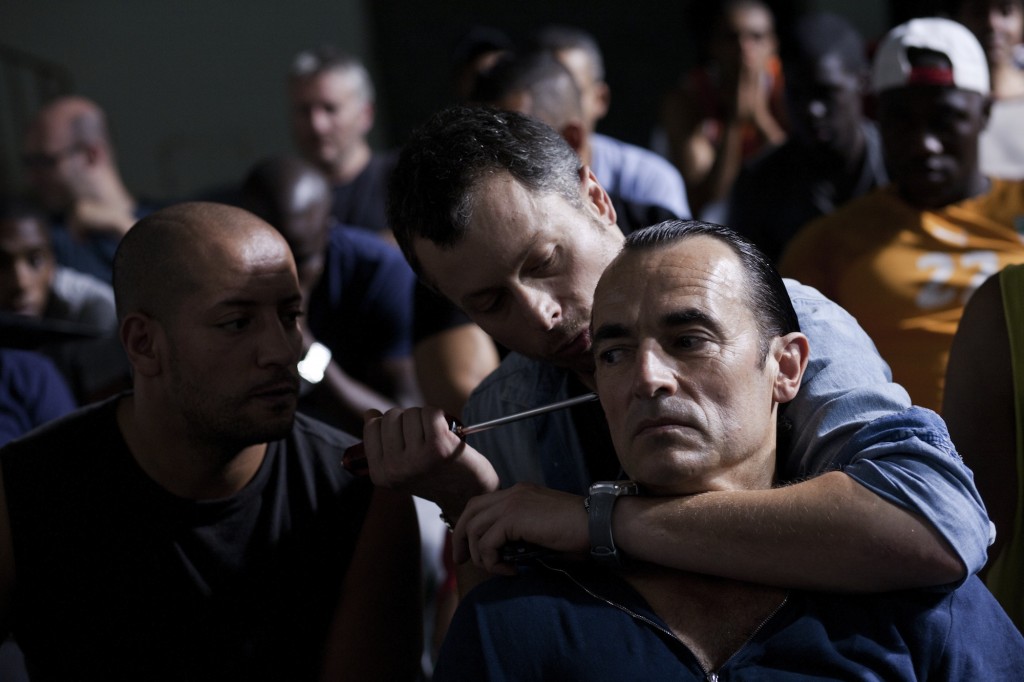
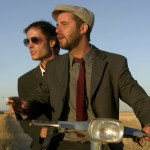
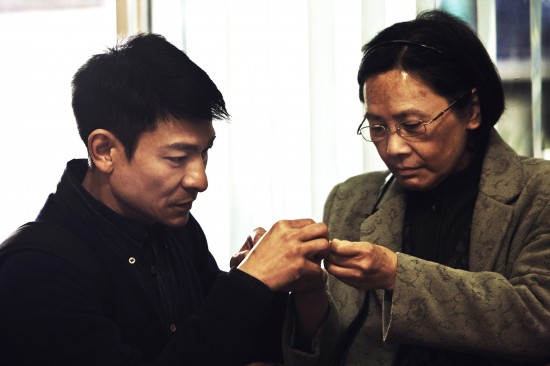
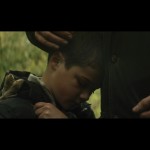


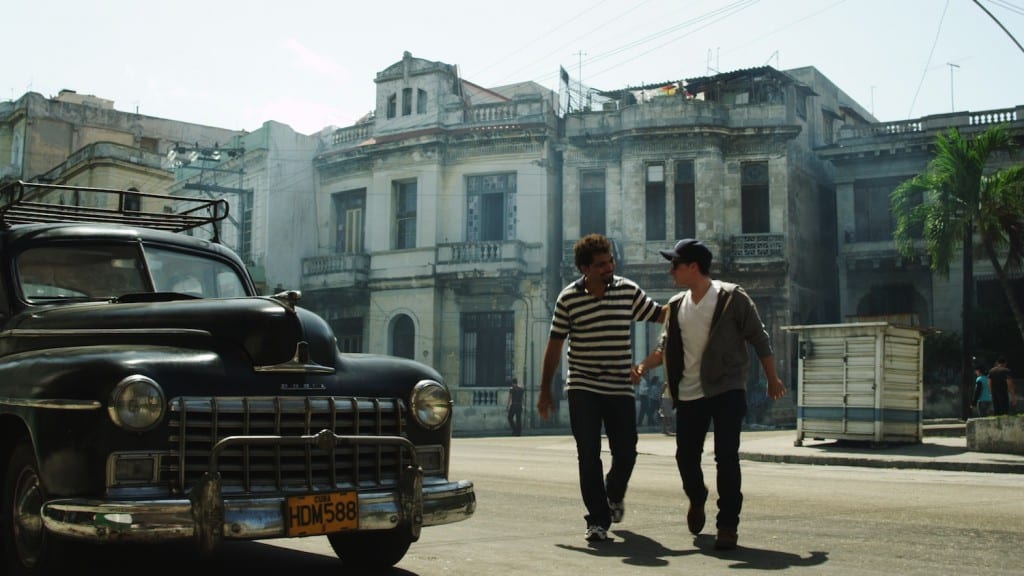
![KODI_QUAD_MASTER_lores_s1c[1] copy](https://filmuforia.com/wp-content/uploads/2012/06/KODI_QUAD_MASTER_lores_s1c1-copy-550x411.jpg)

